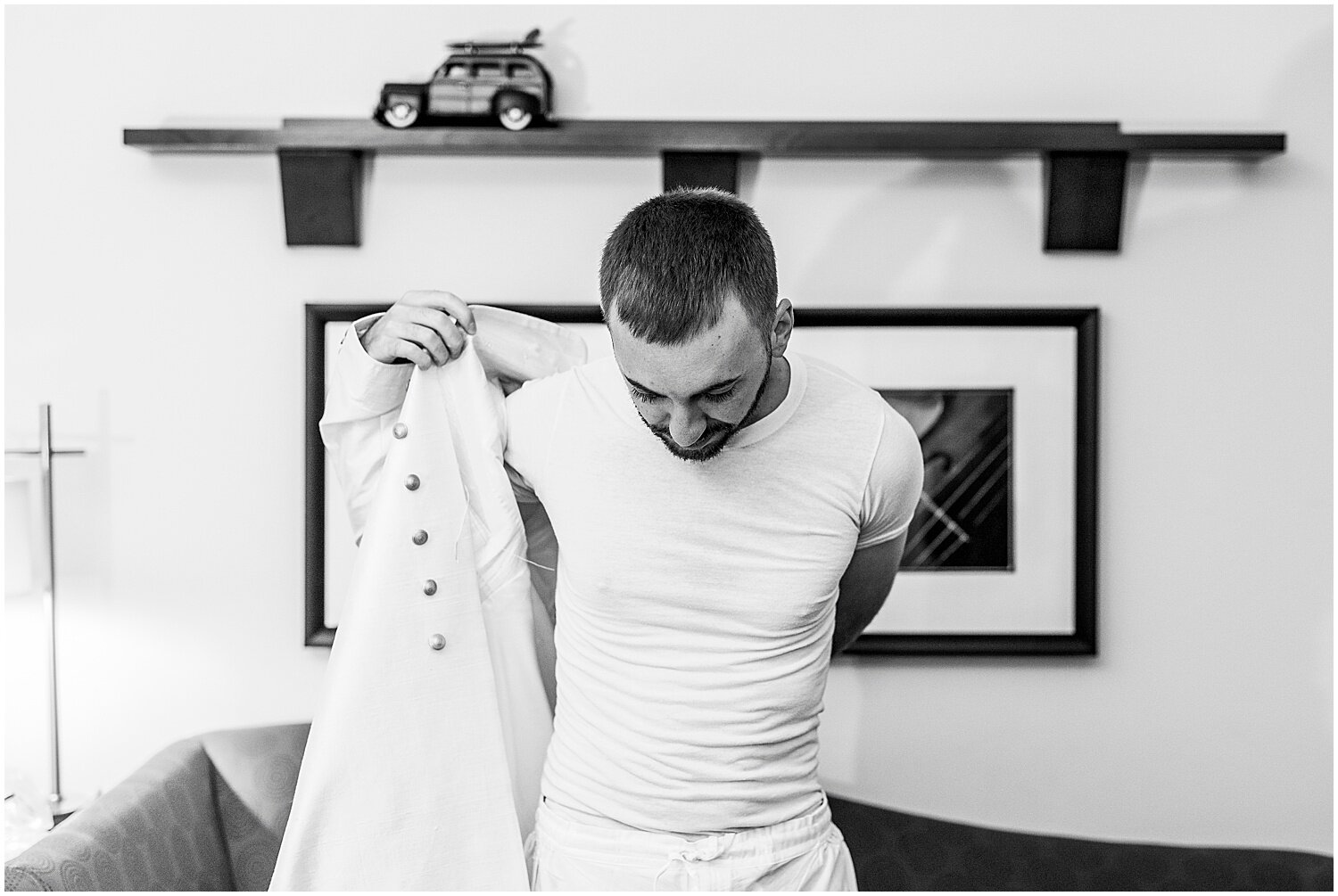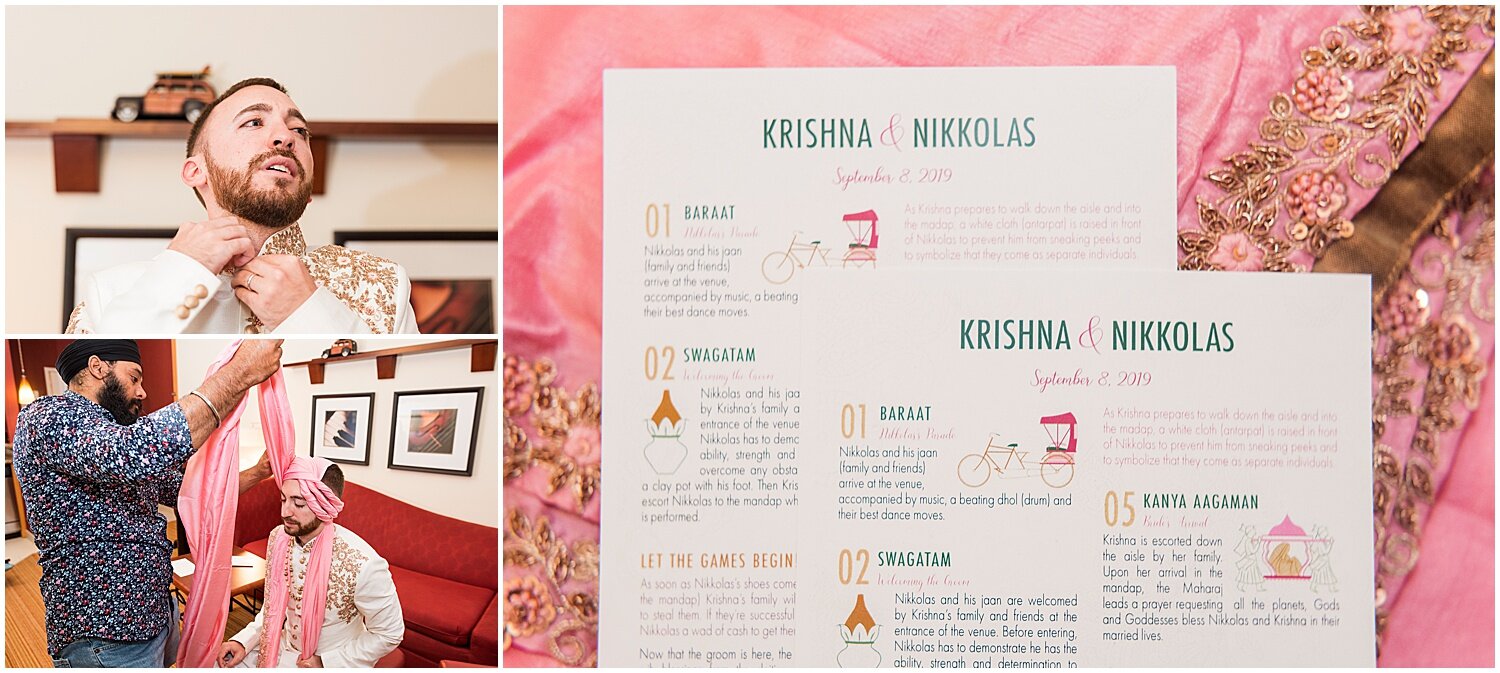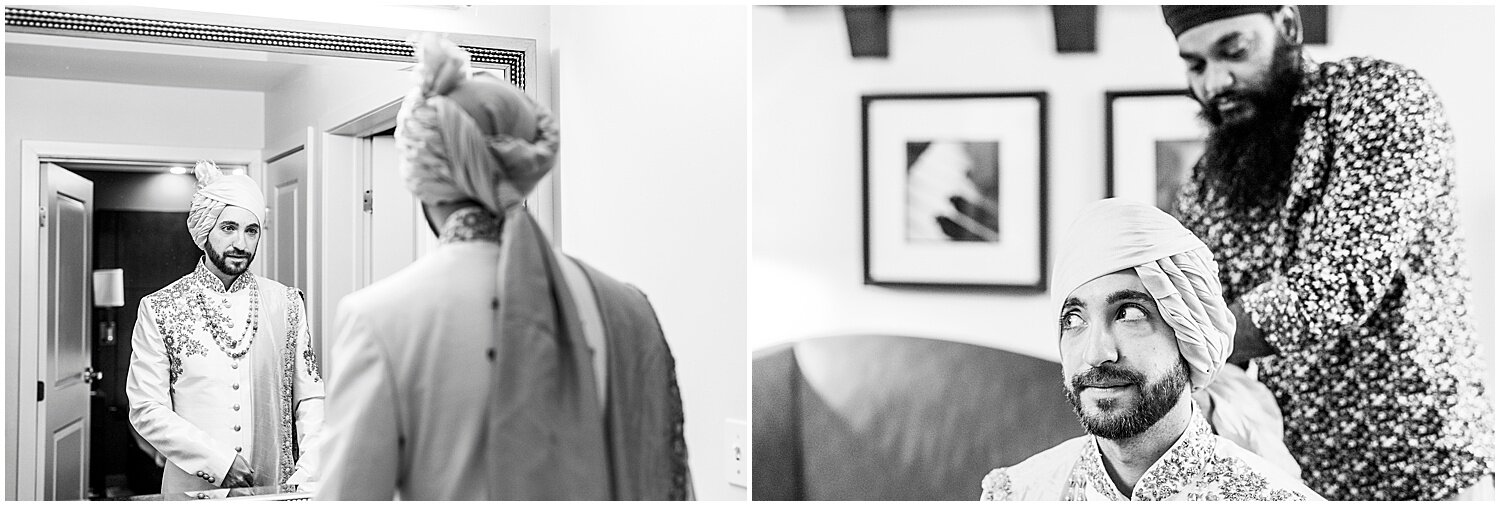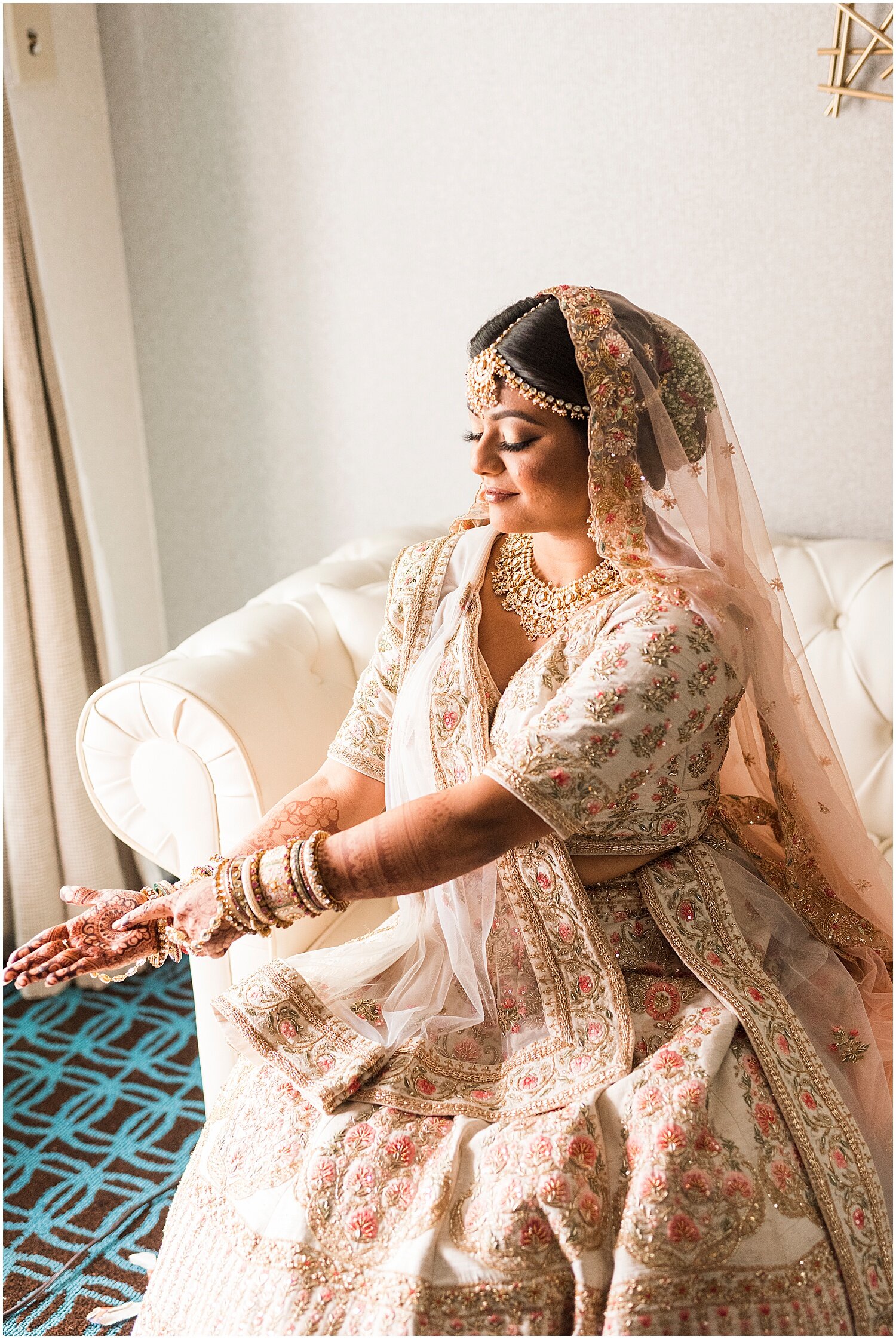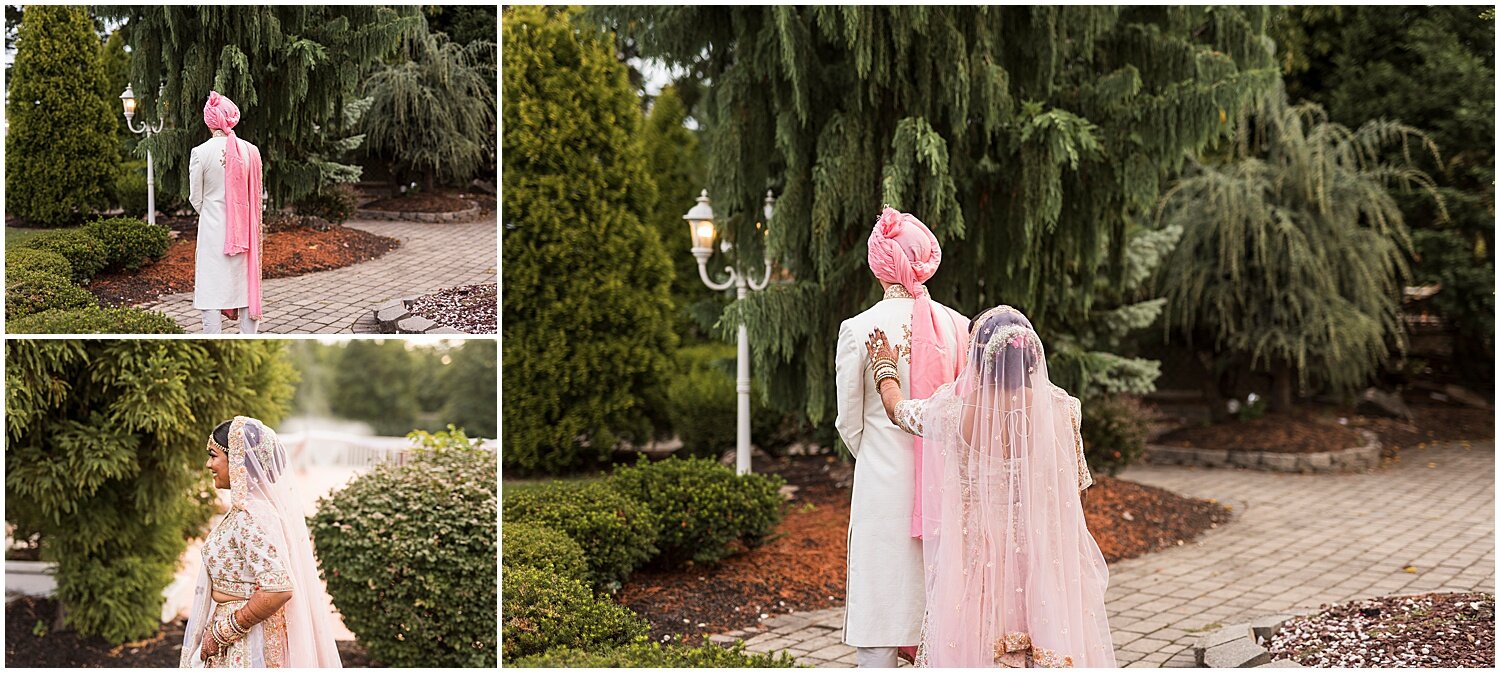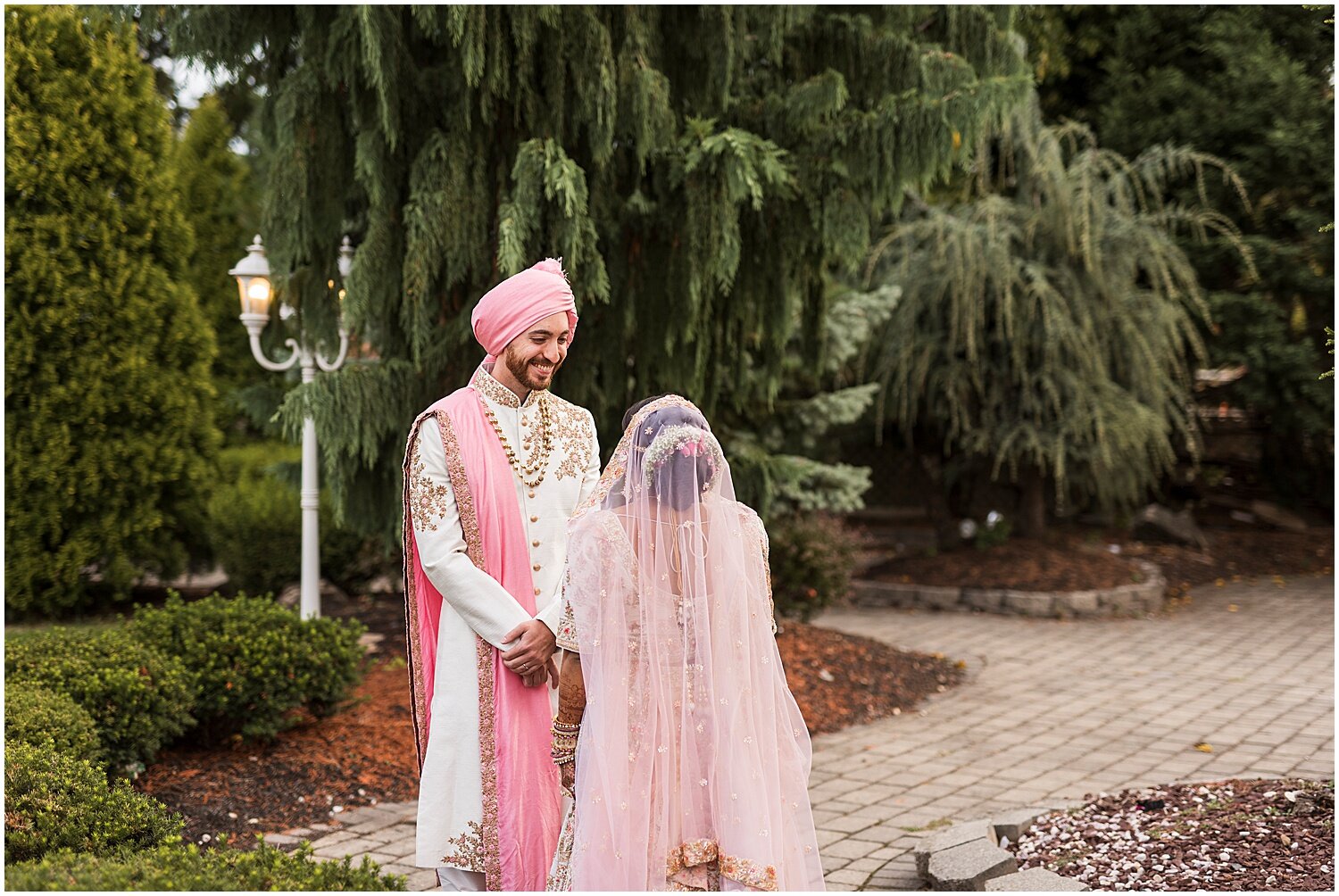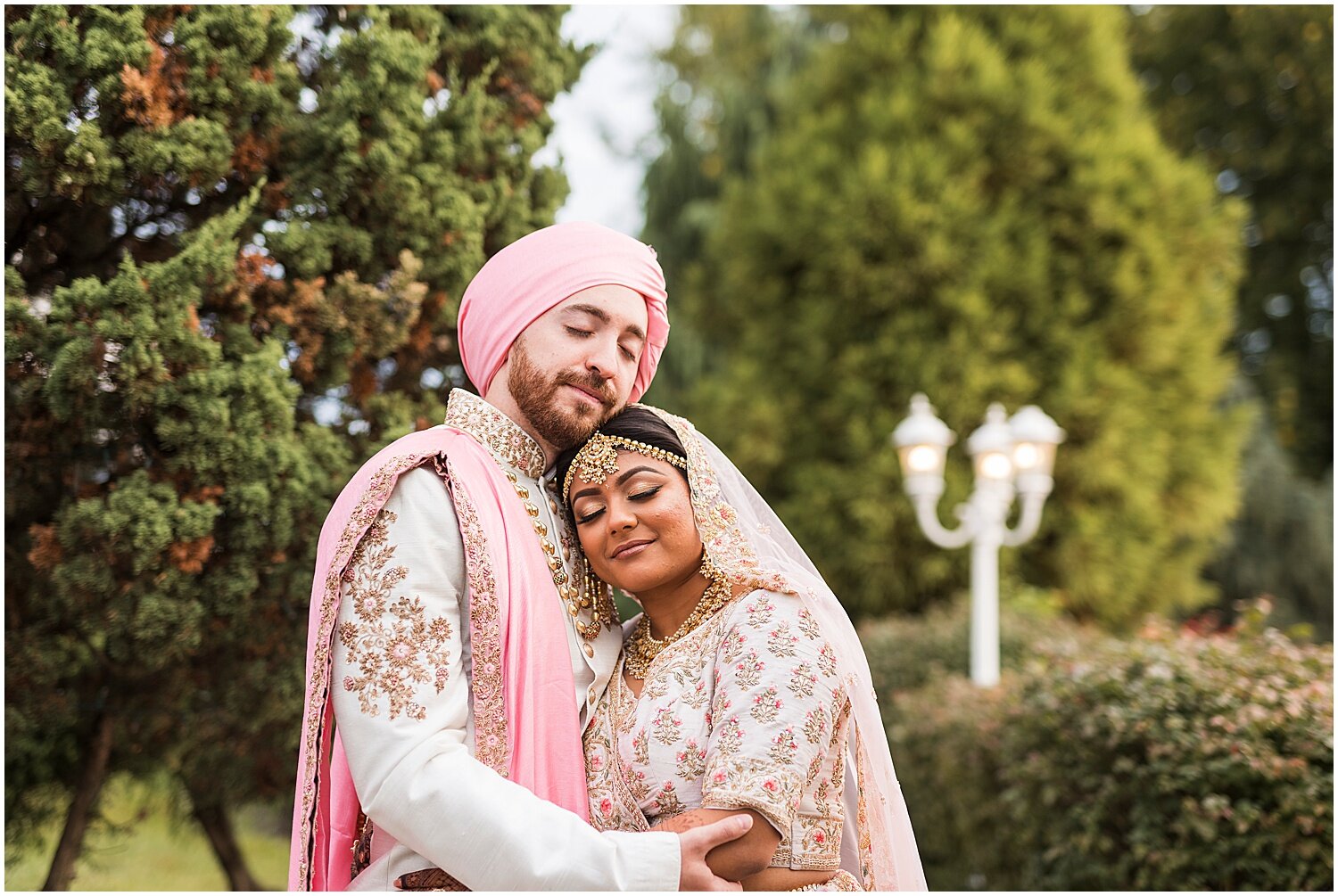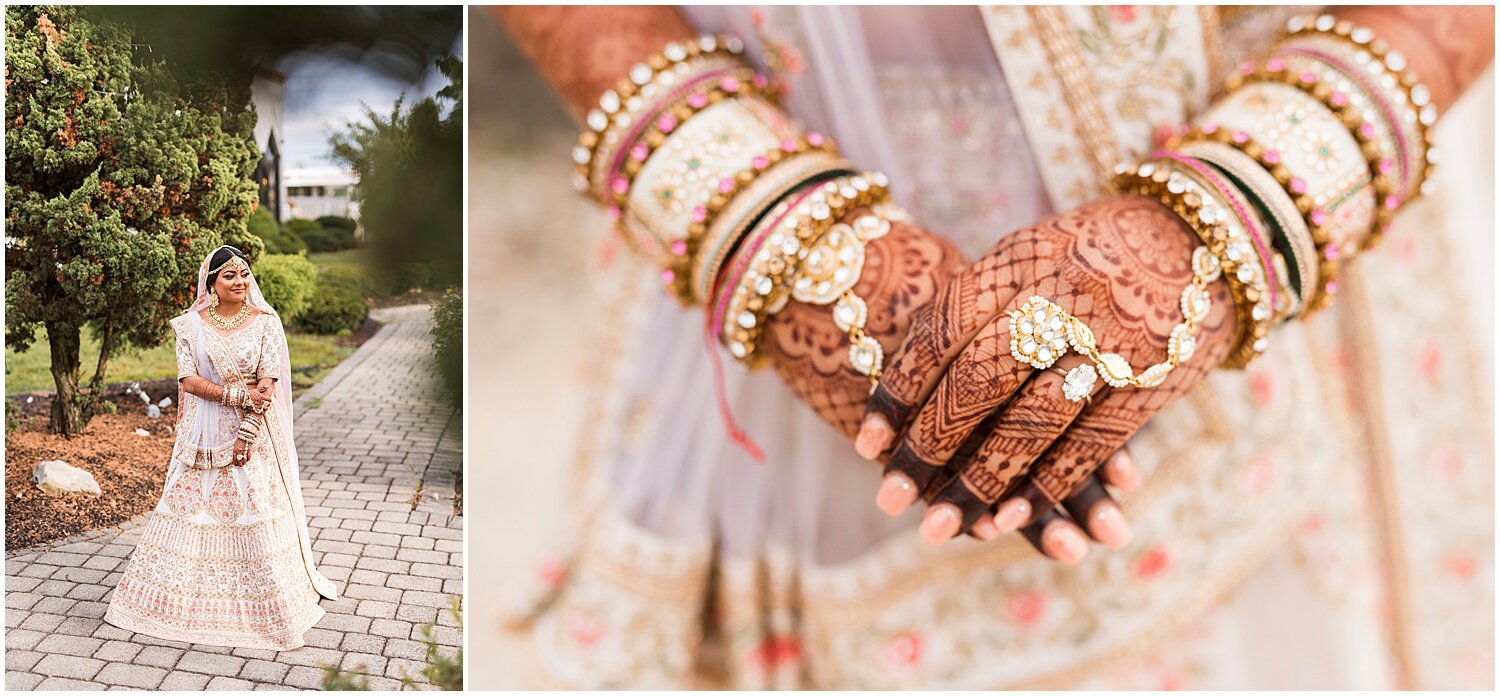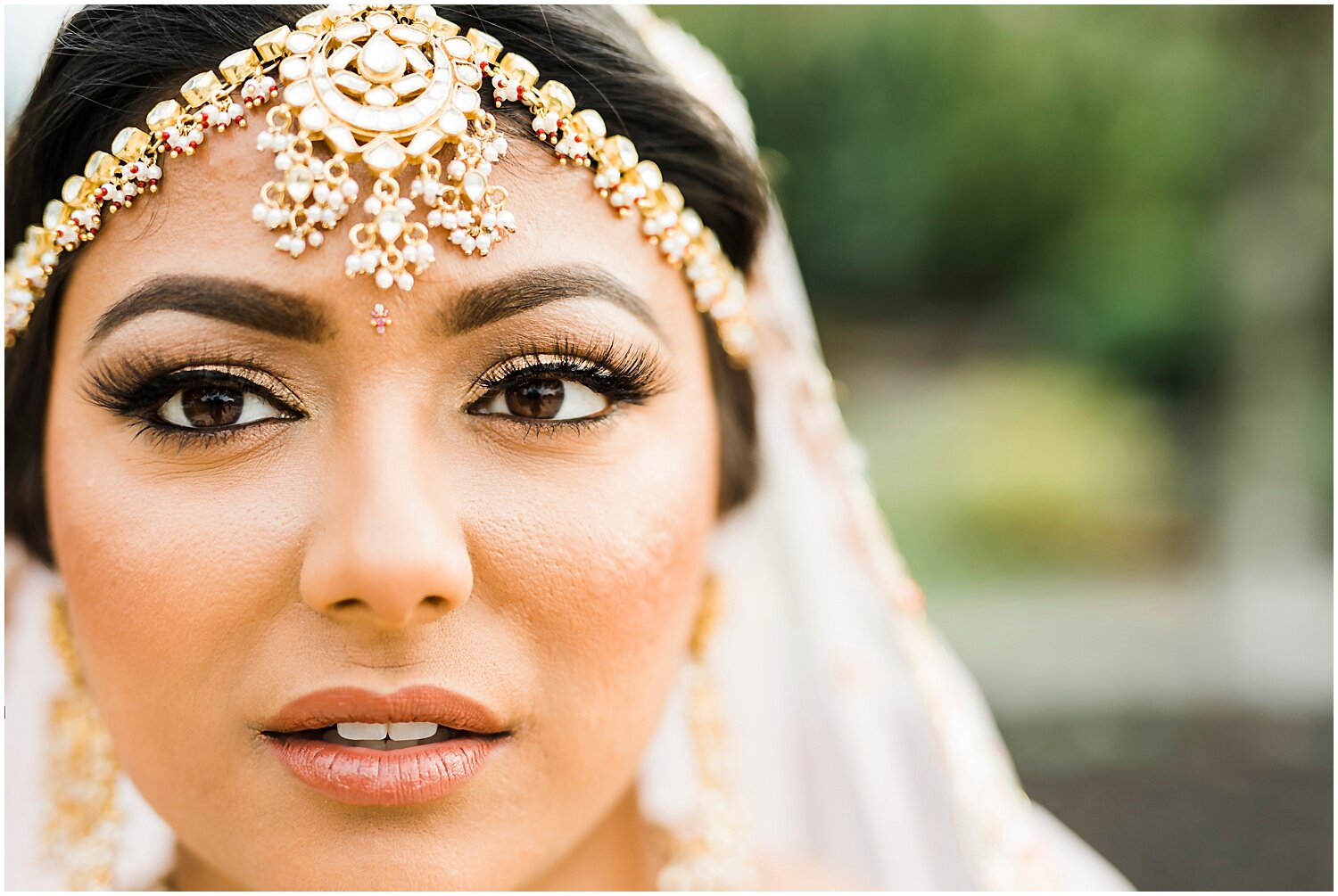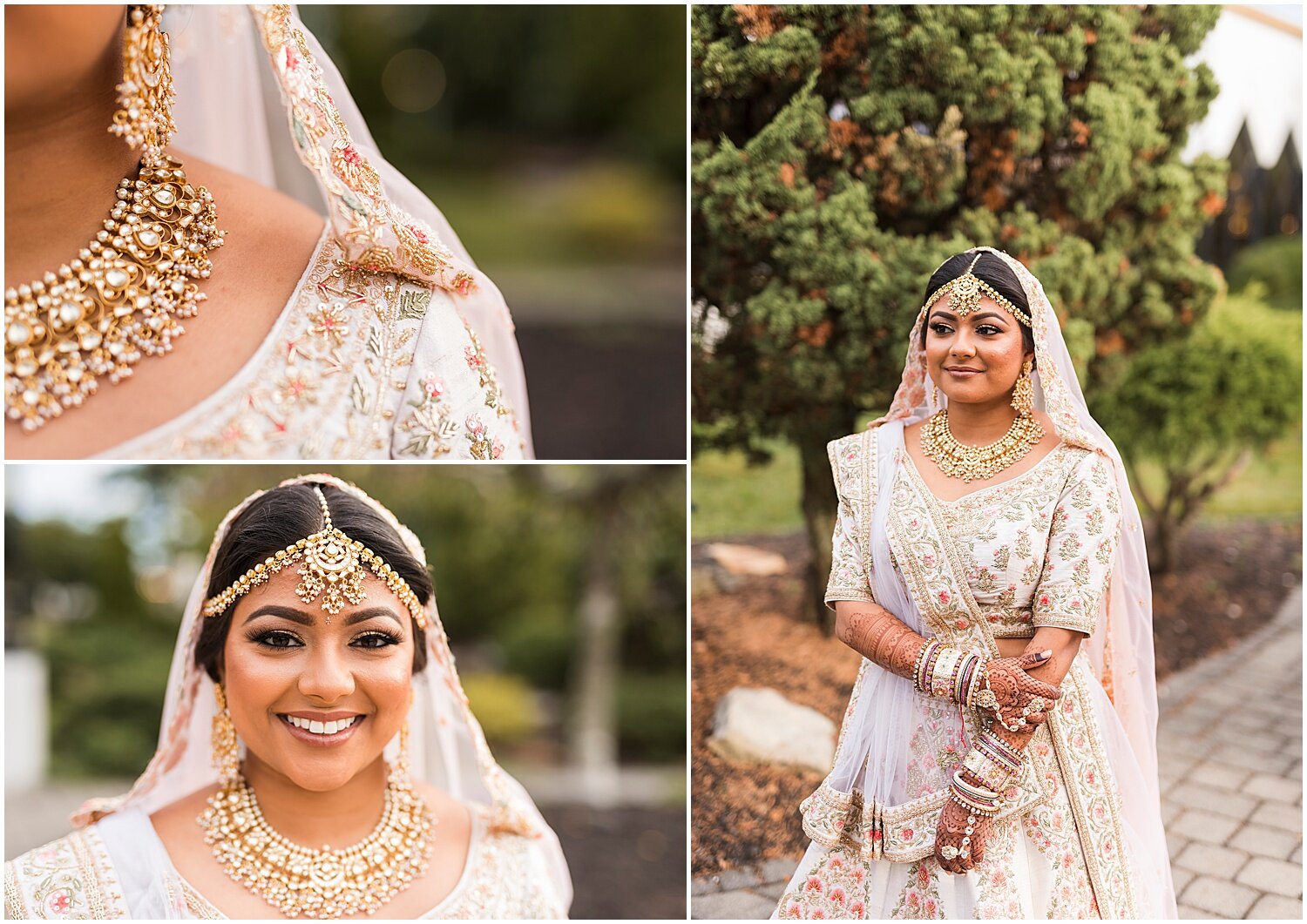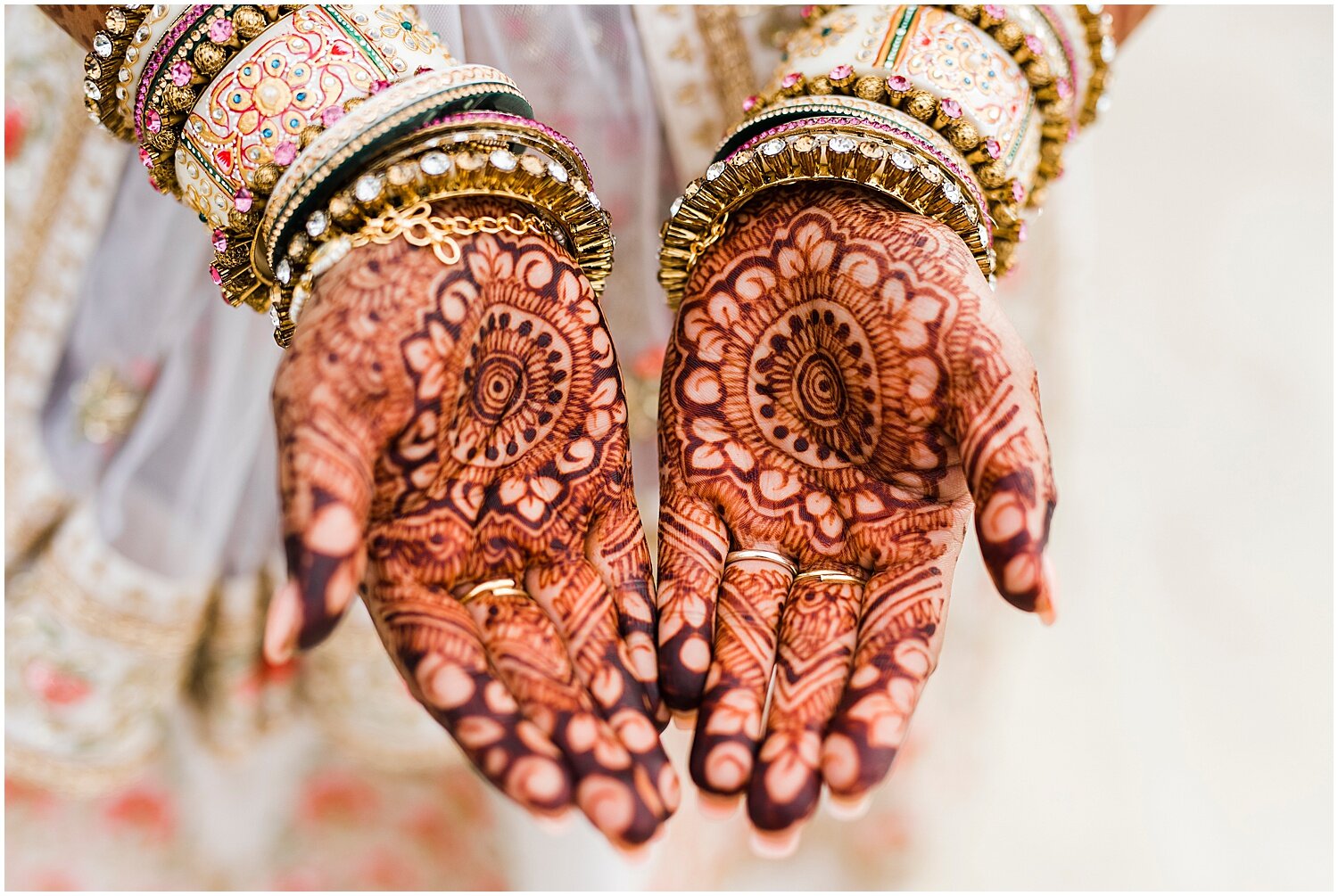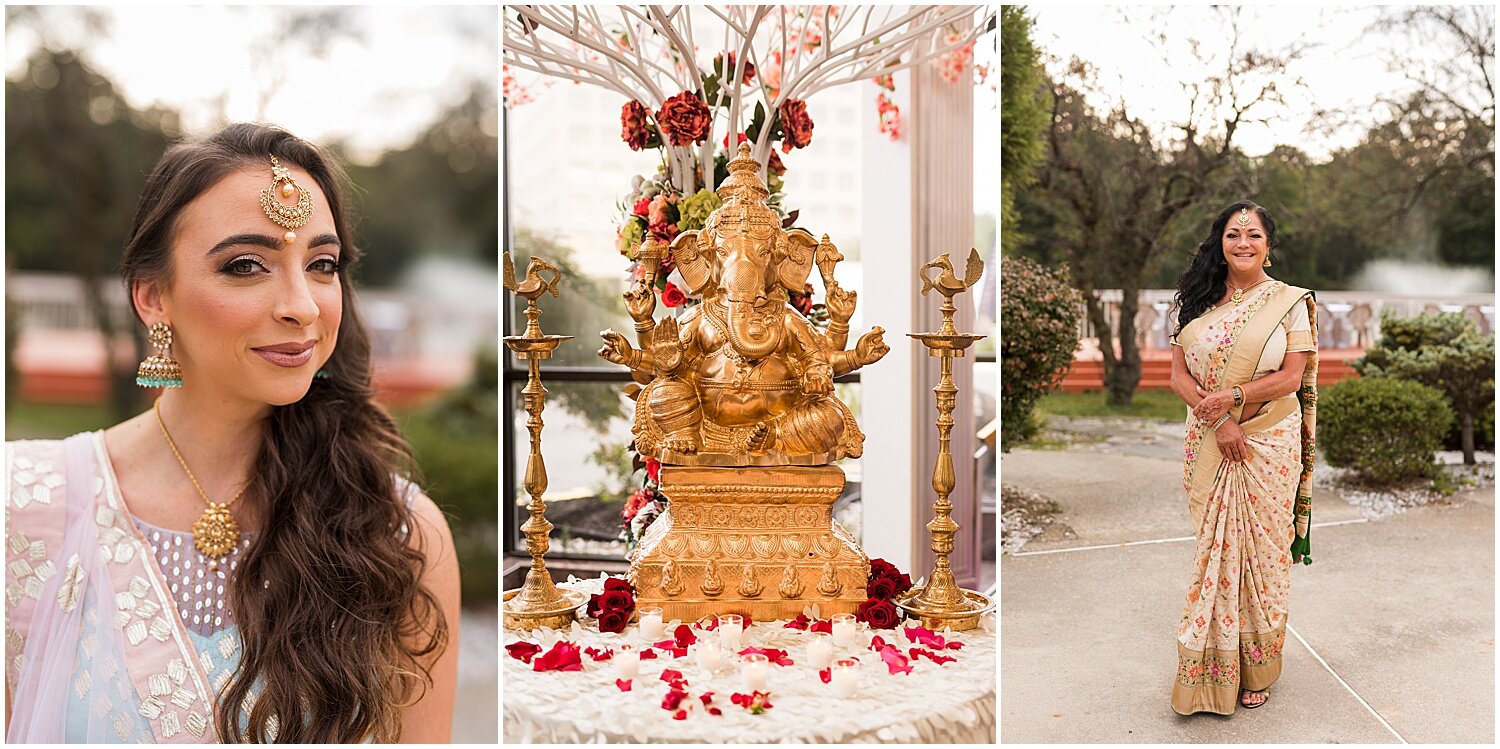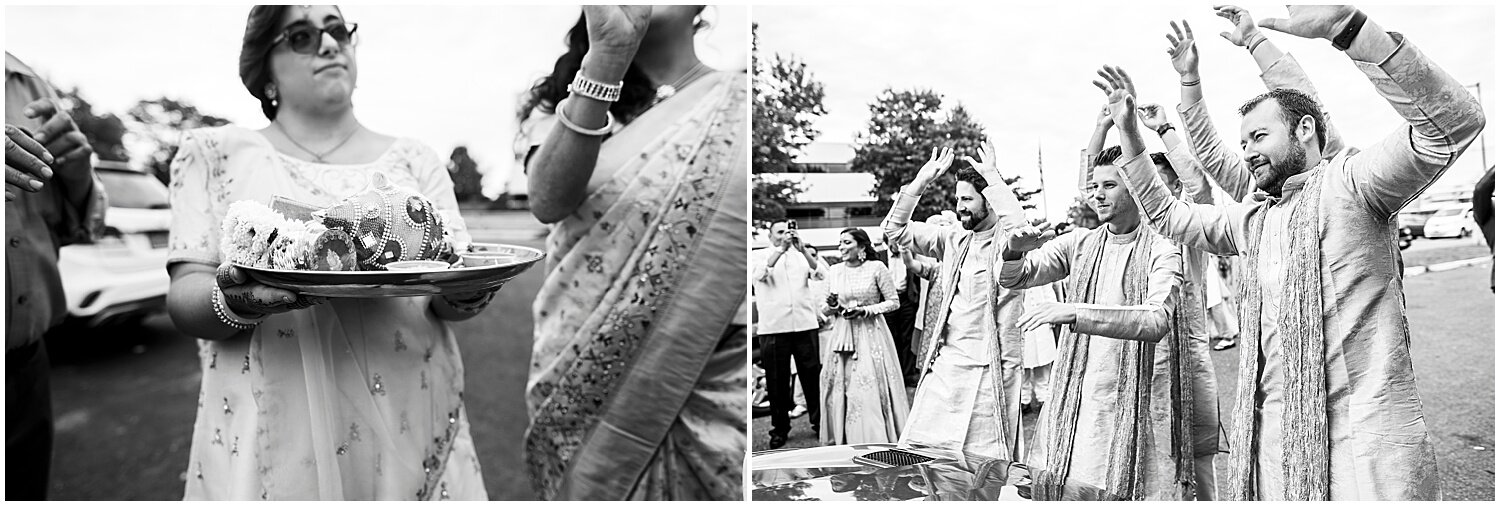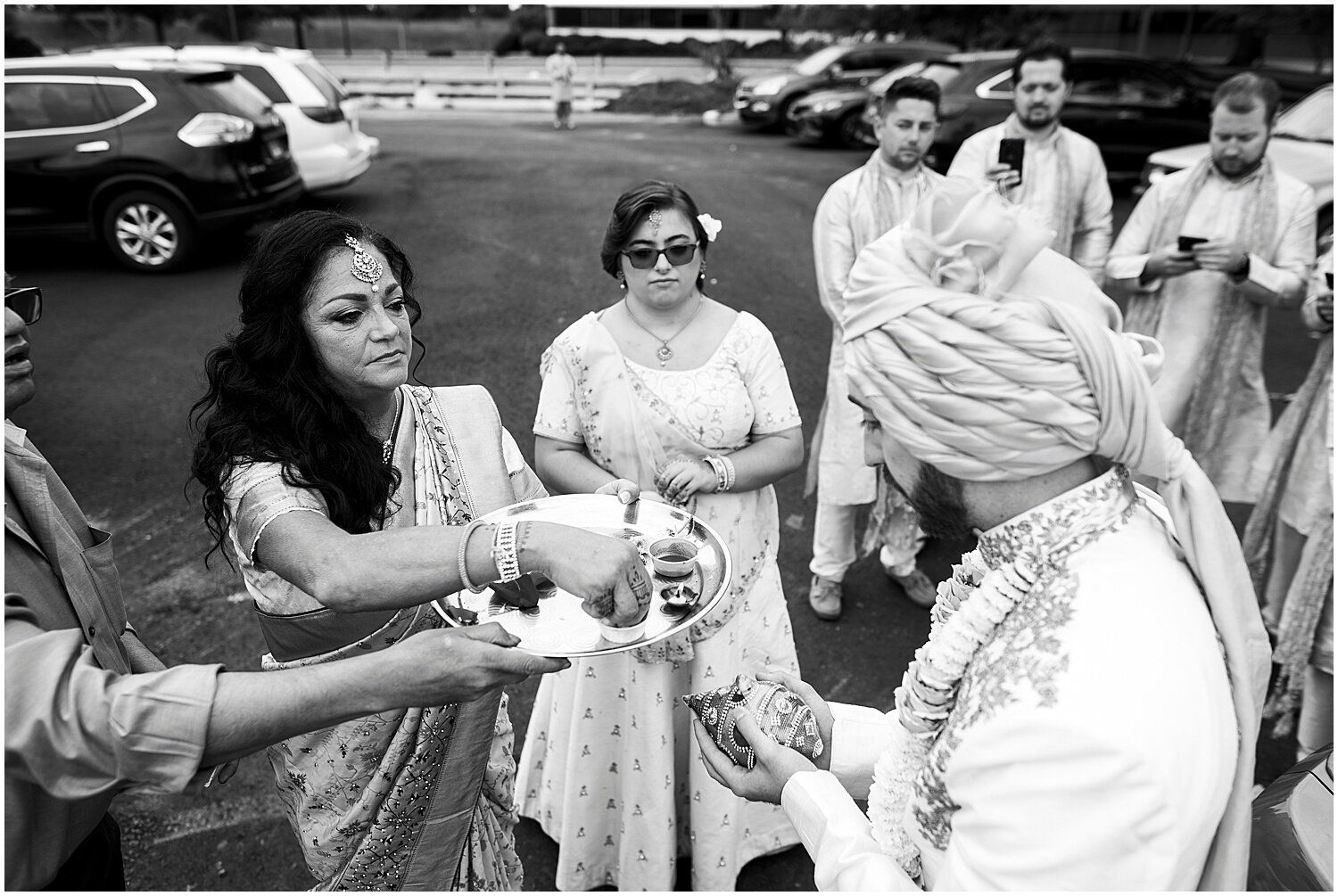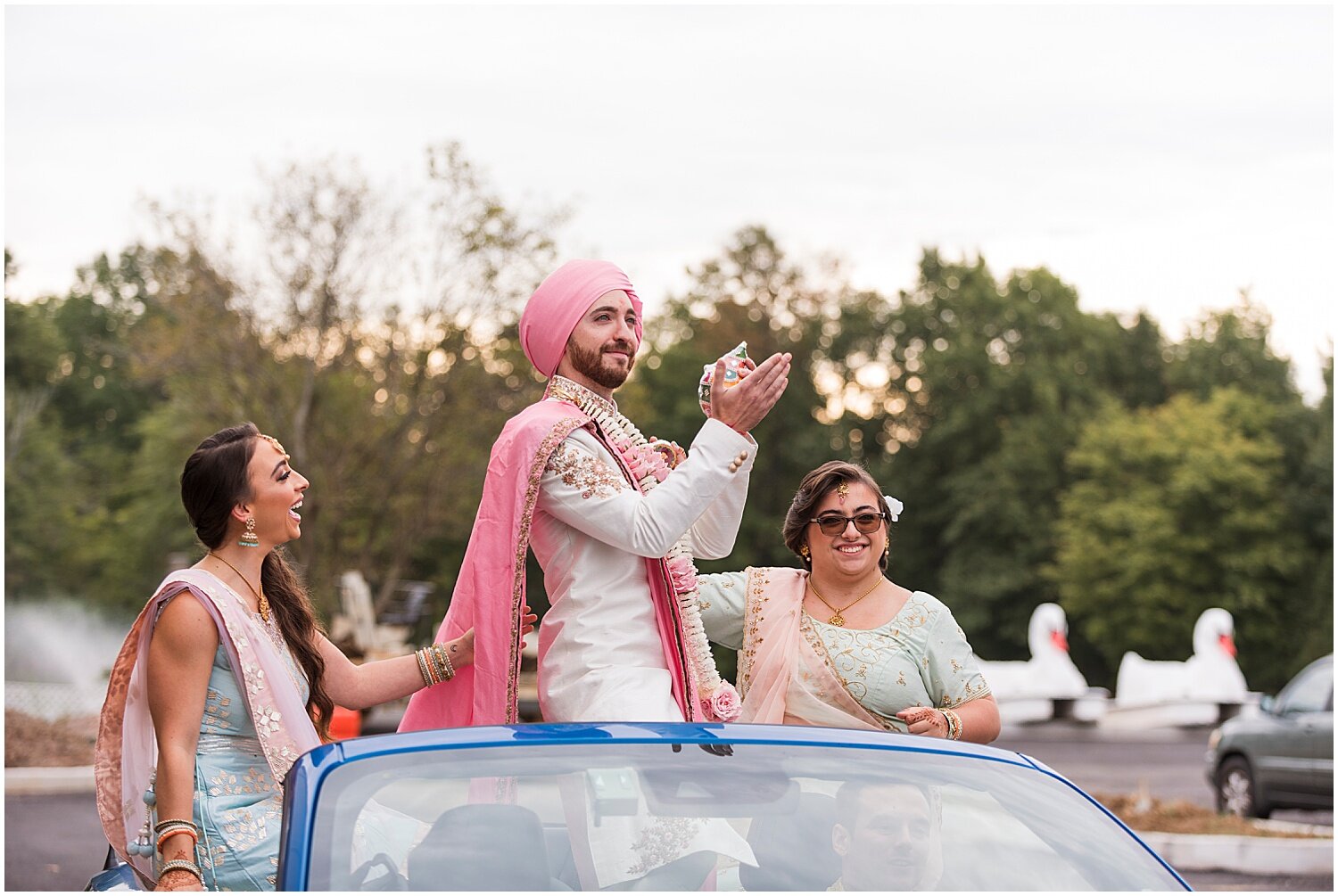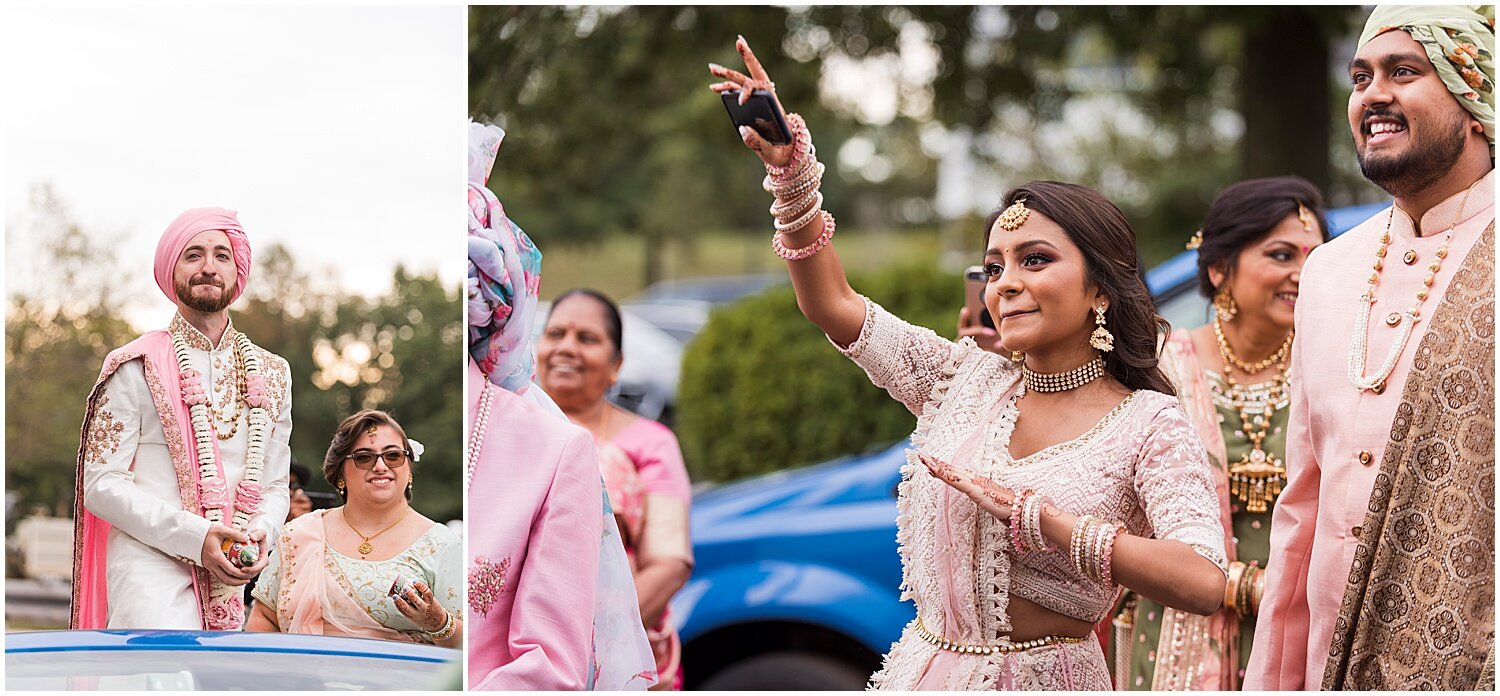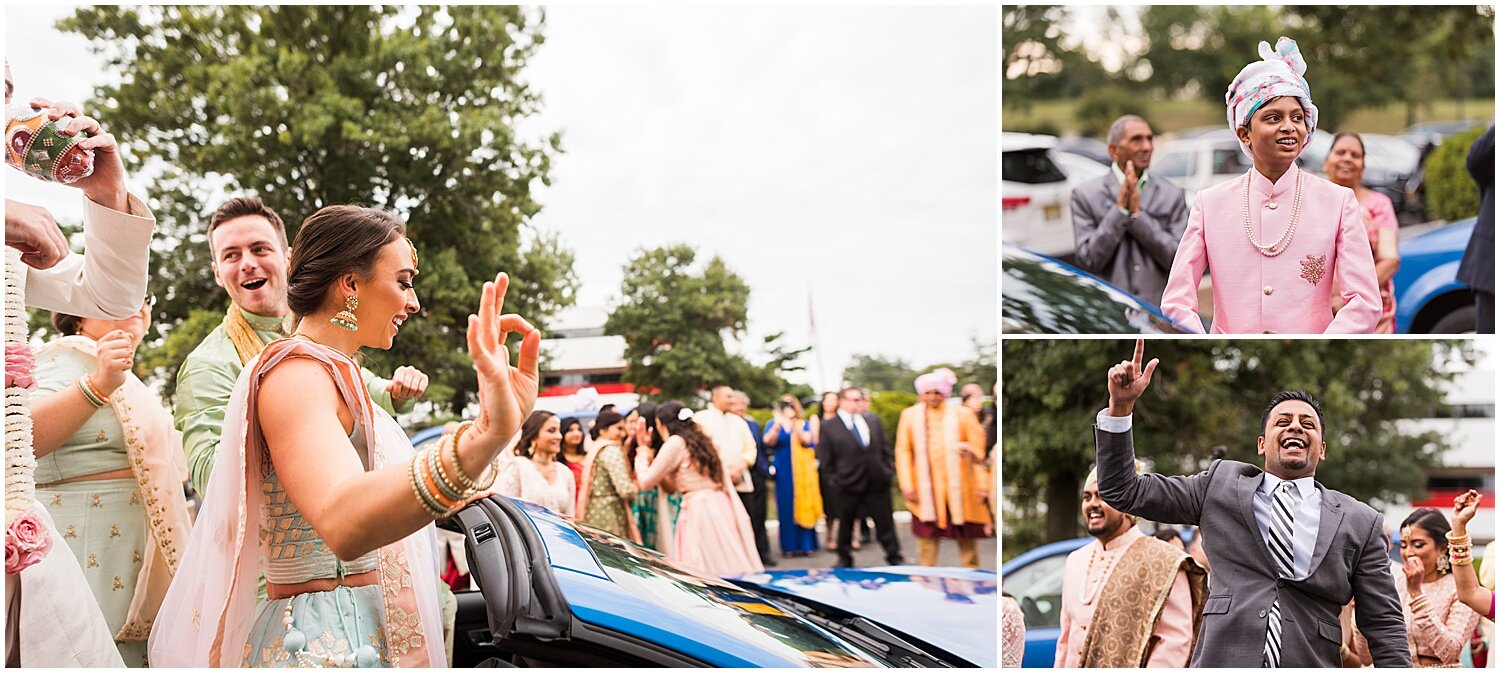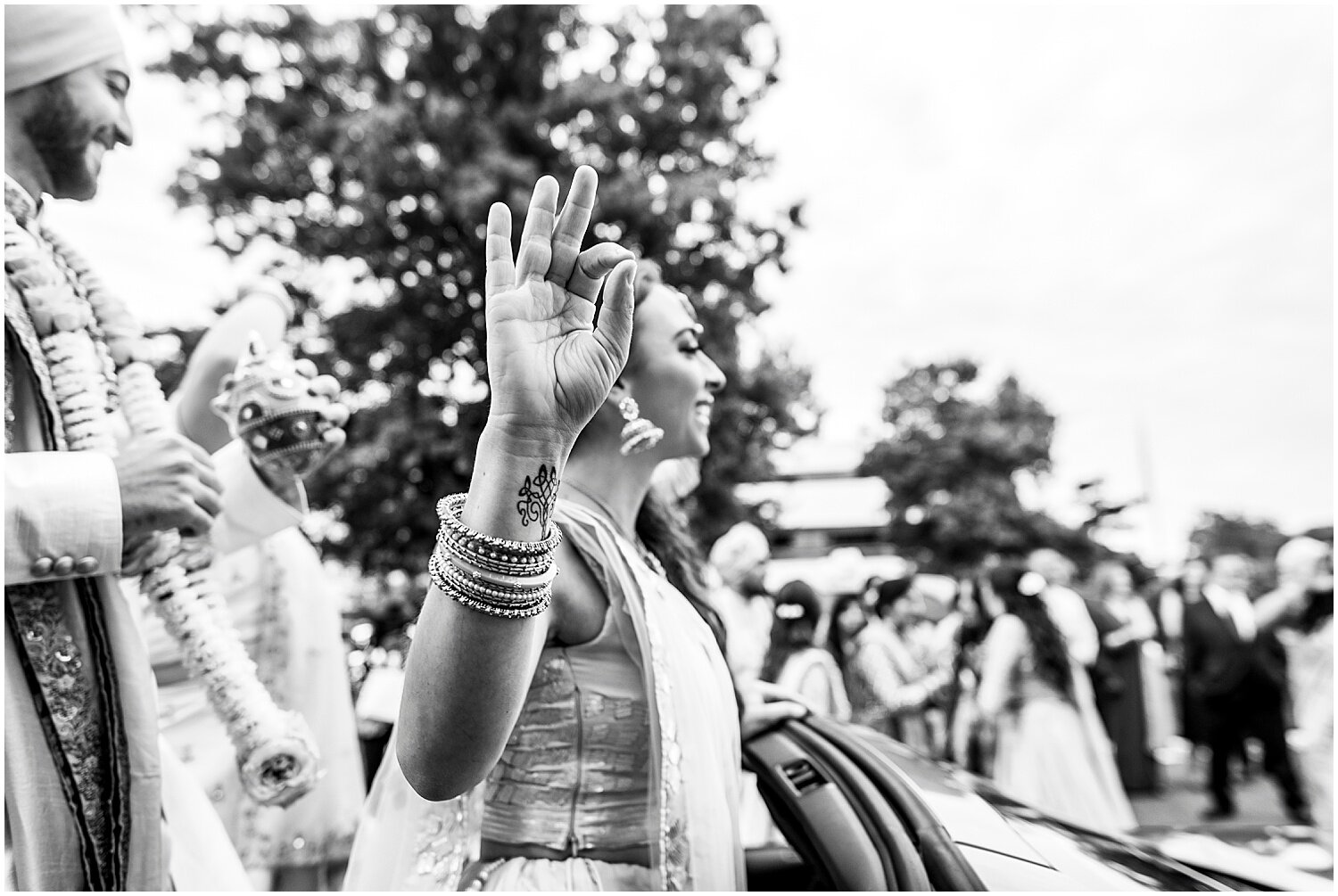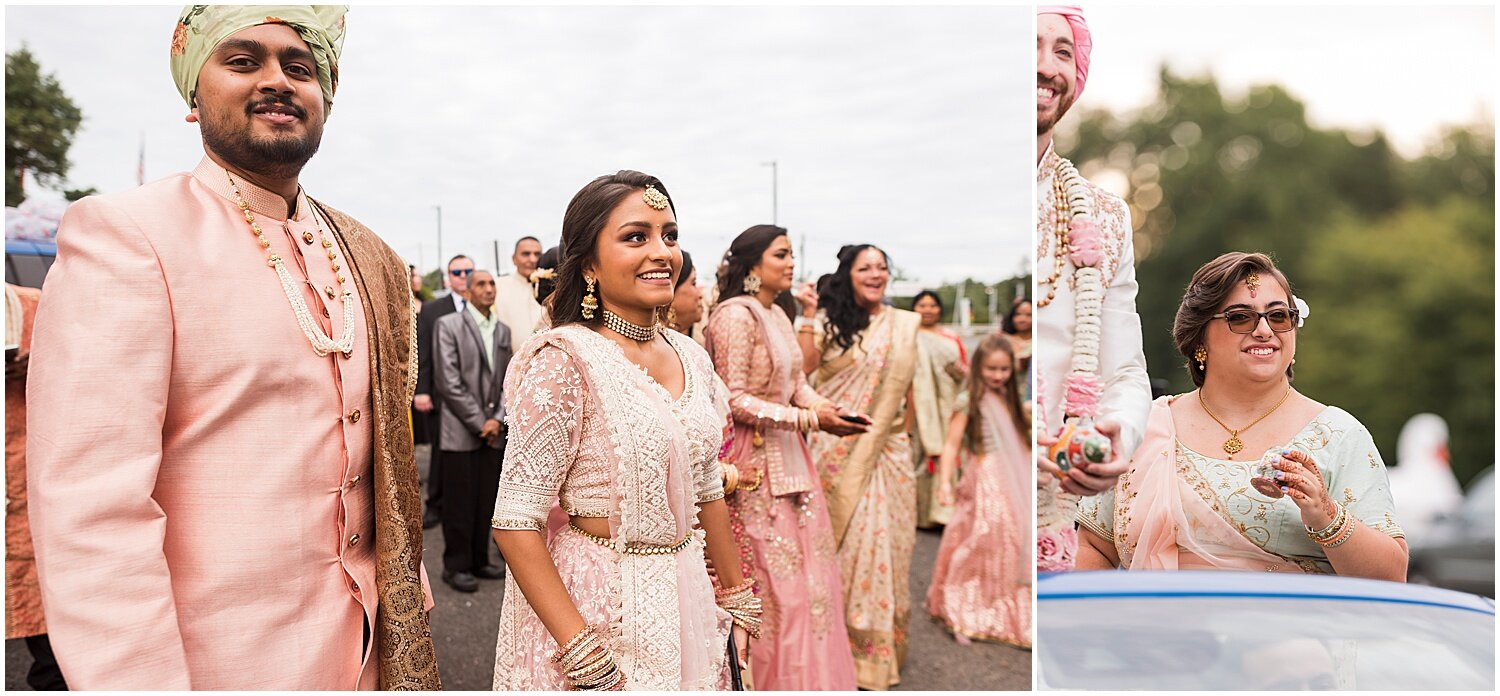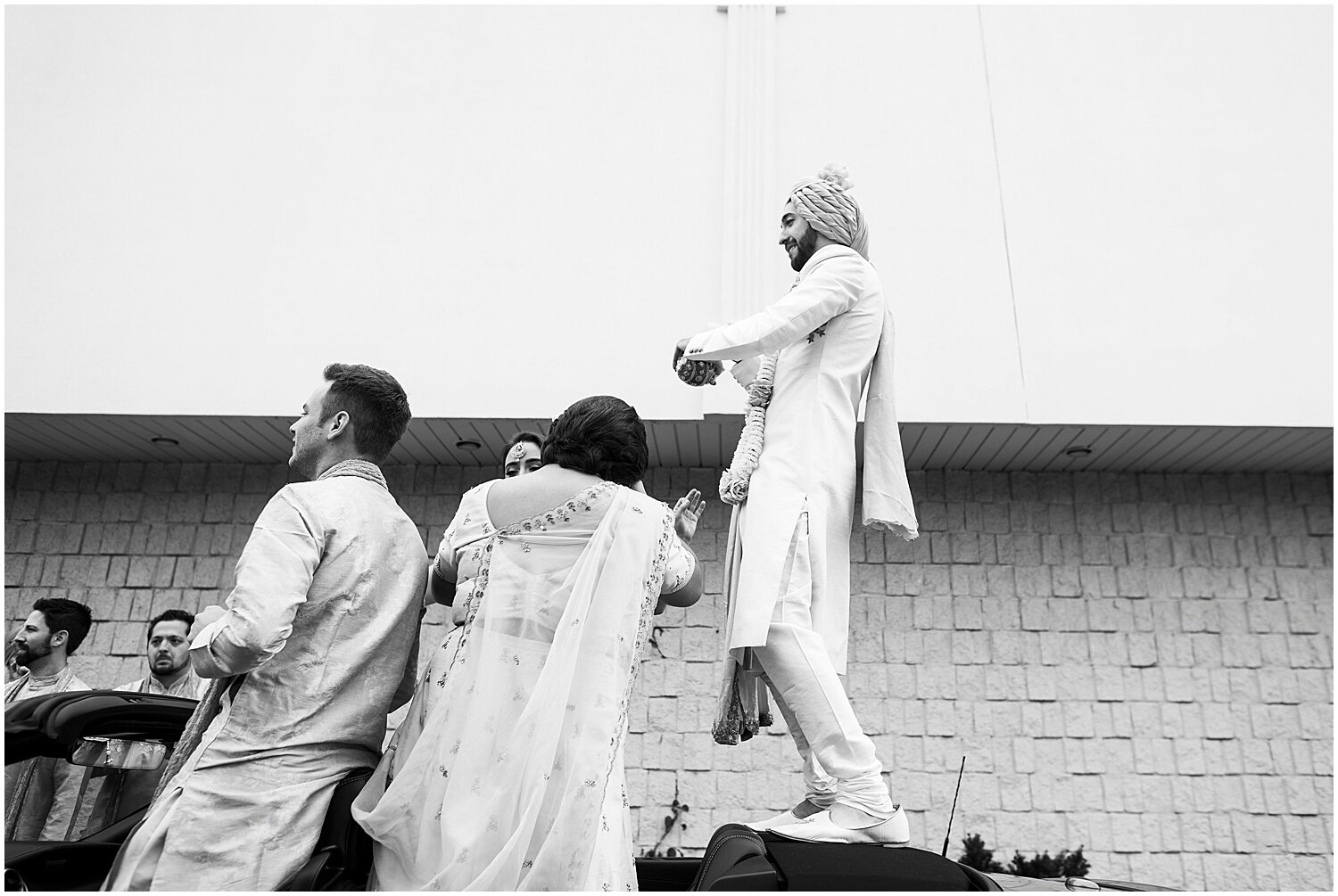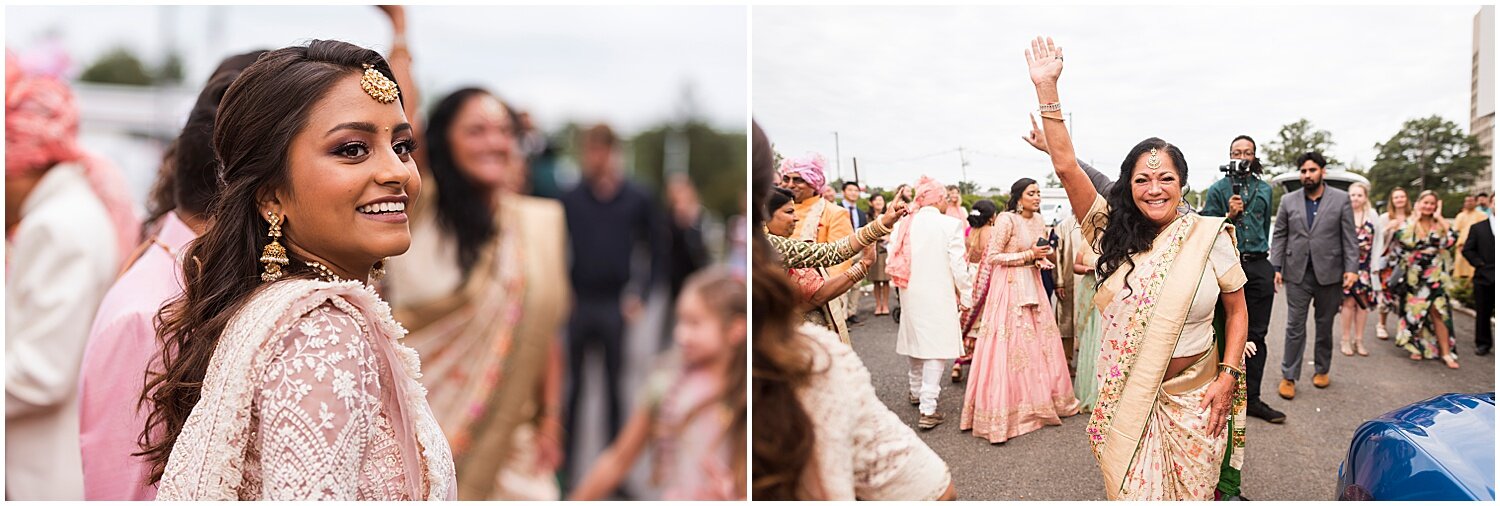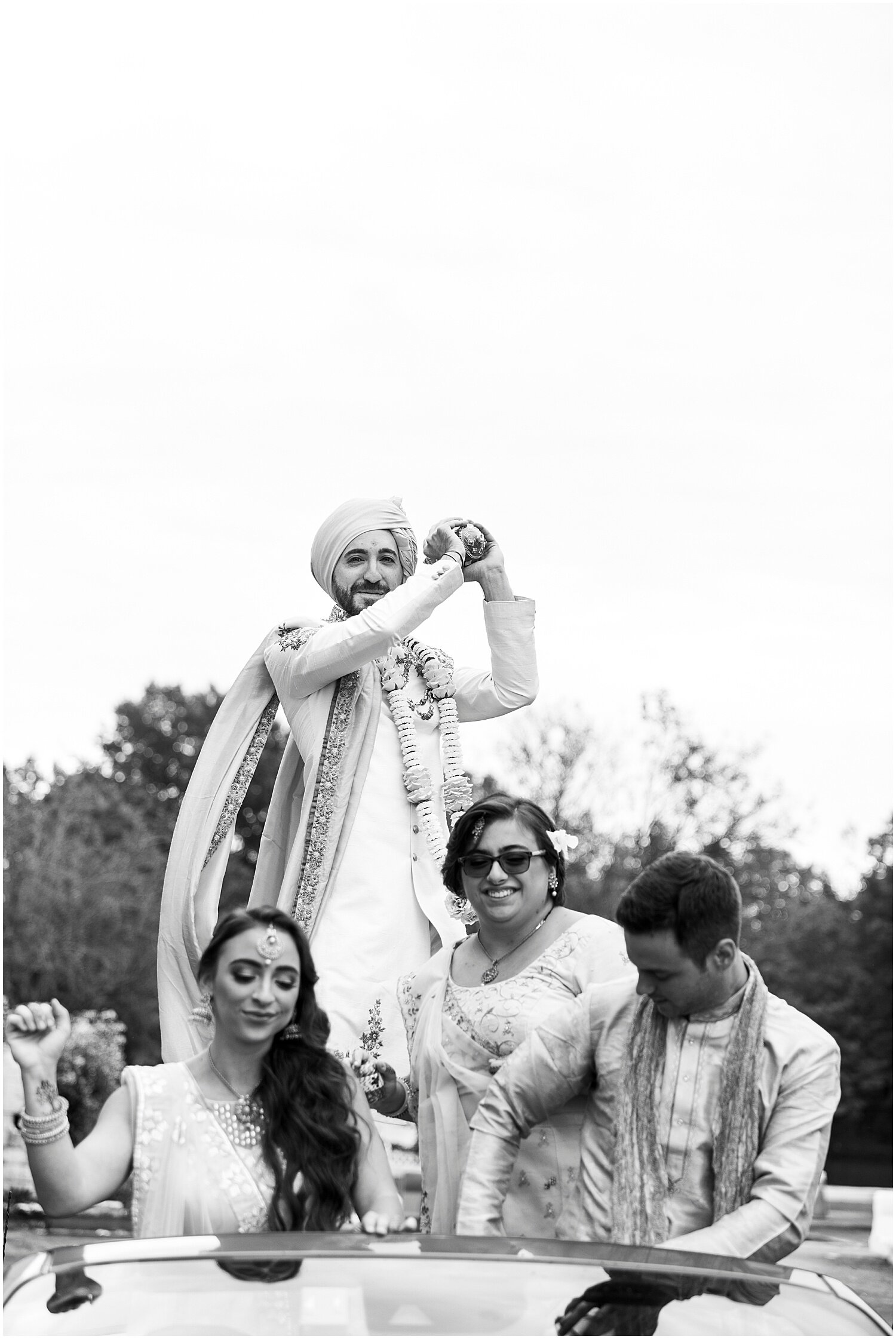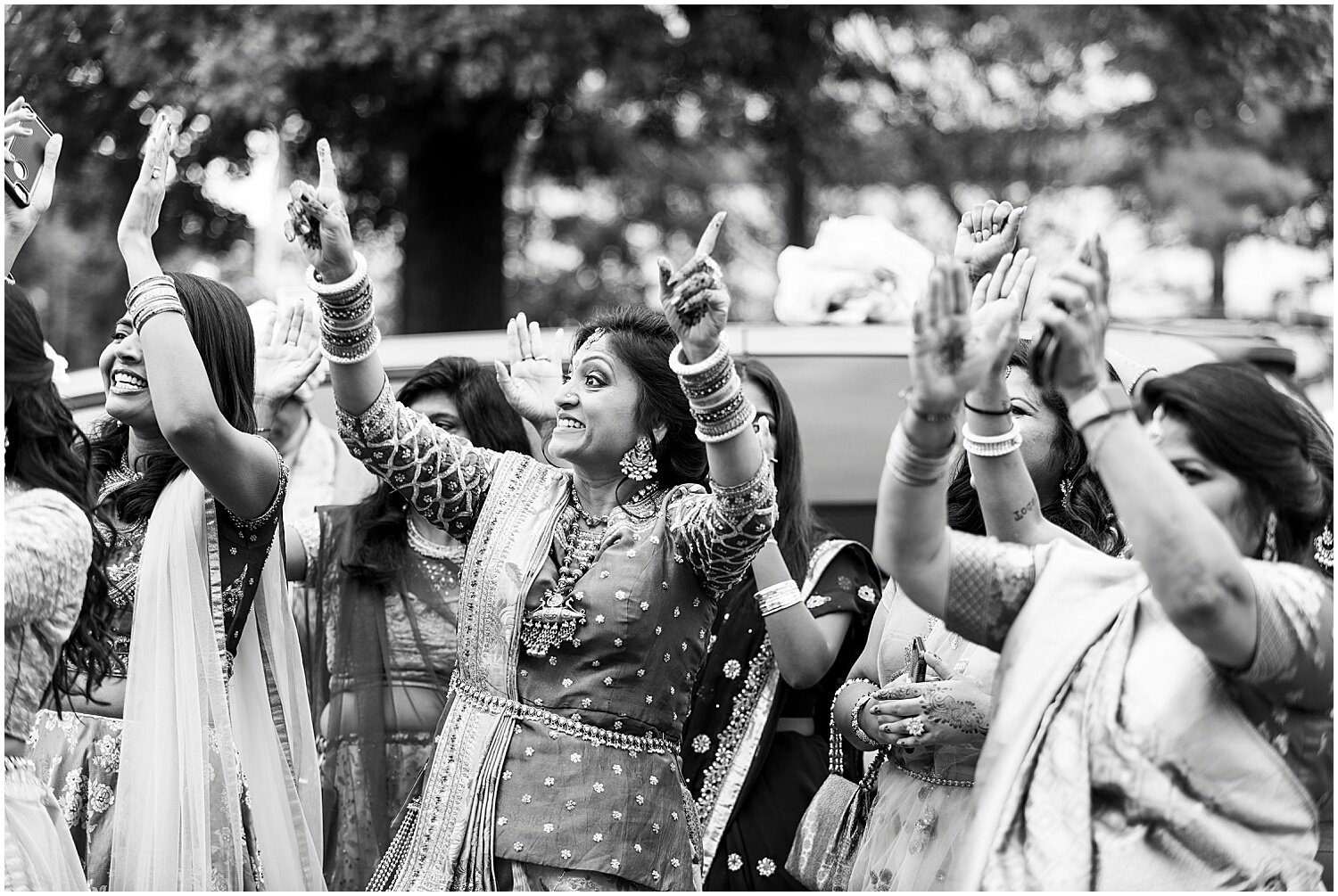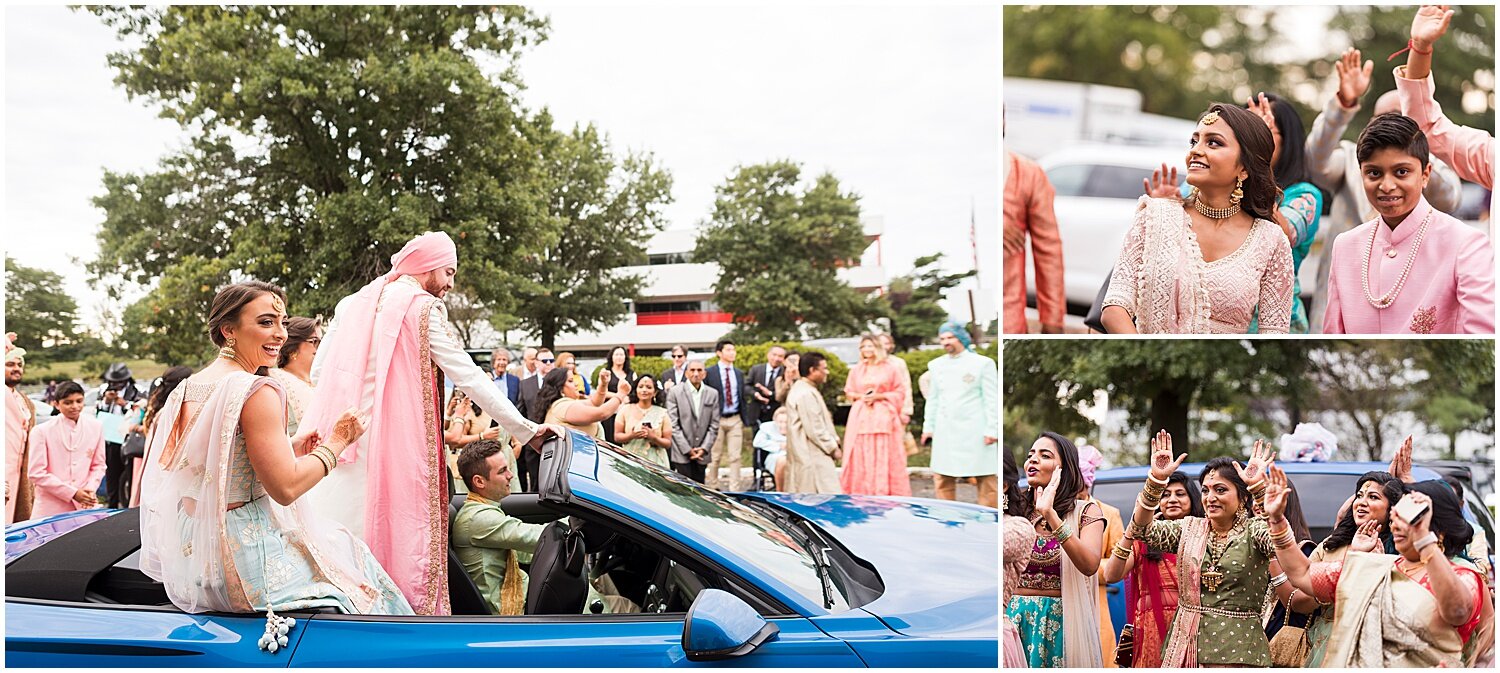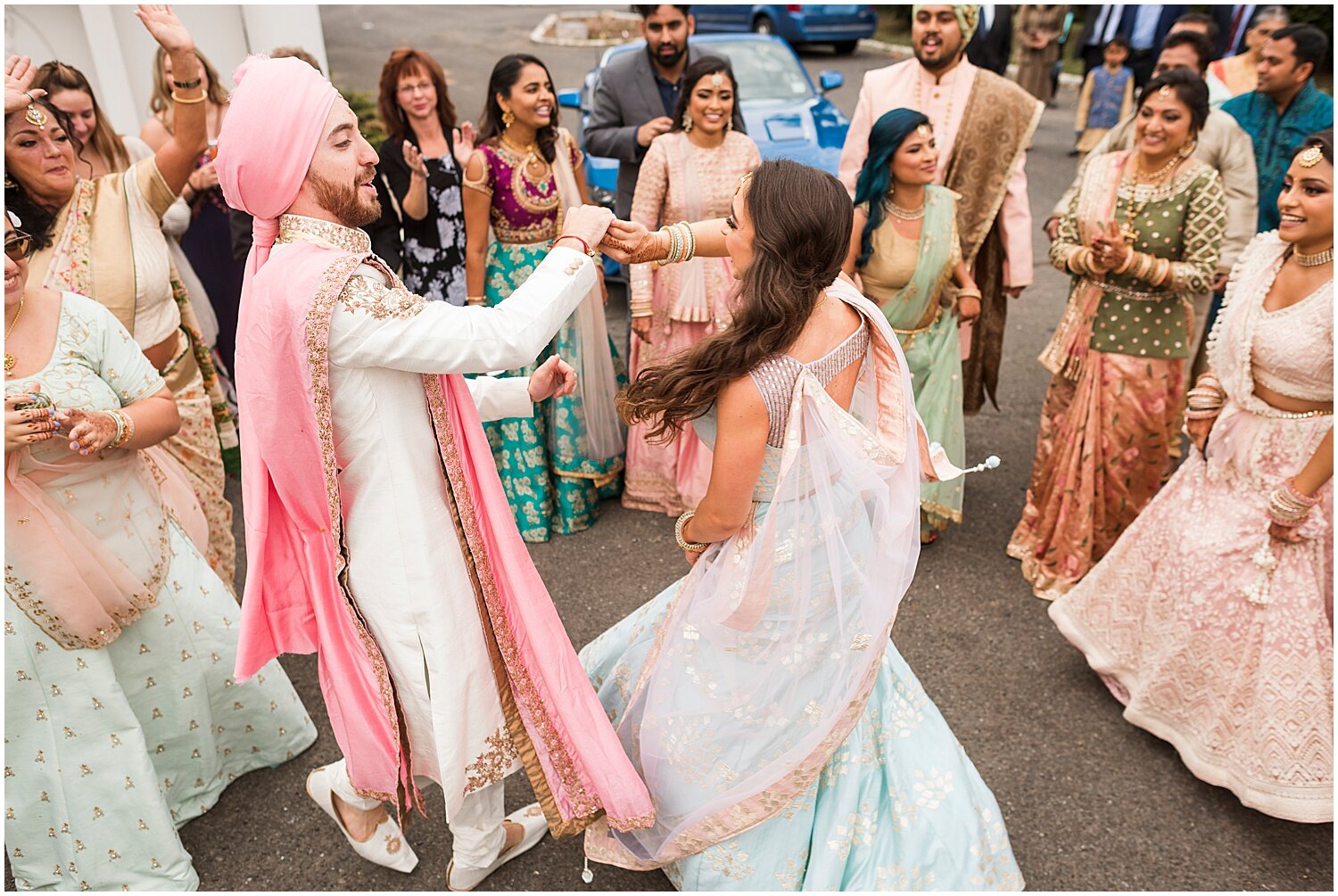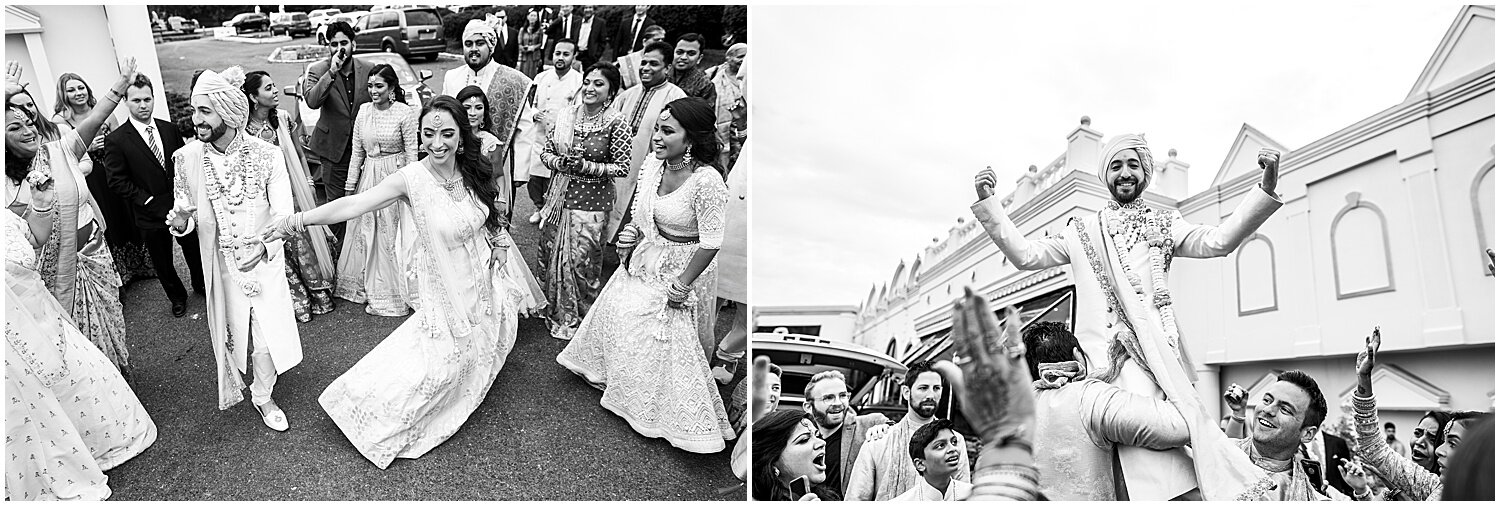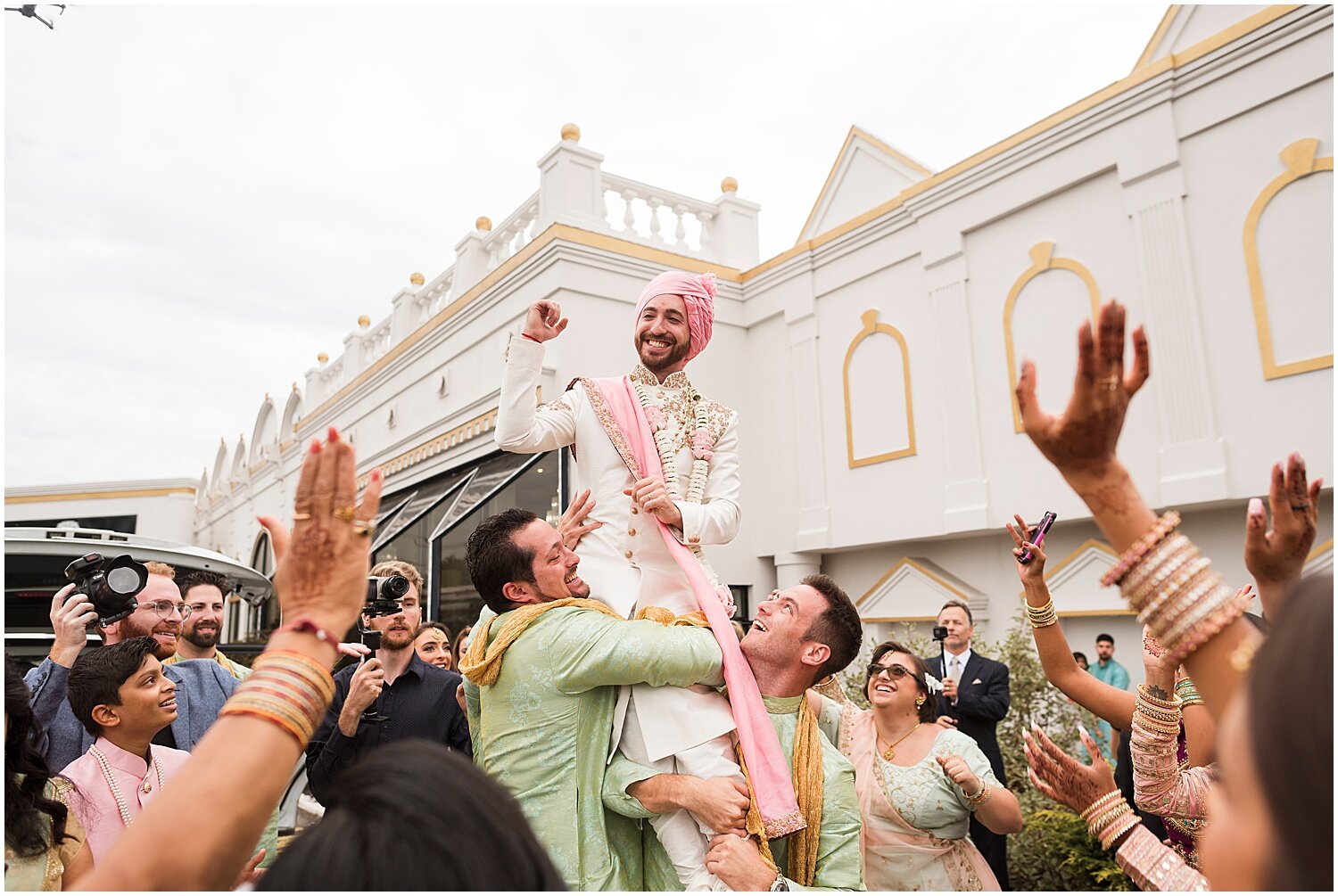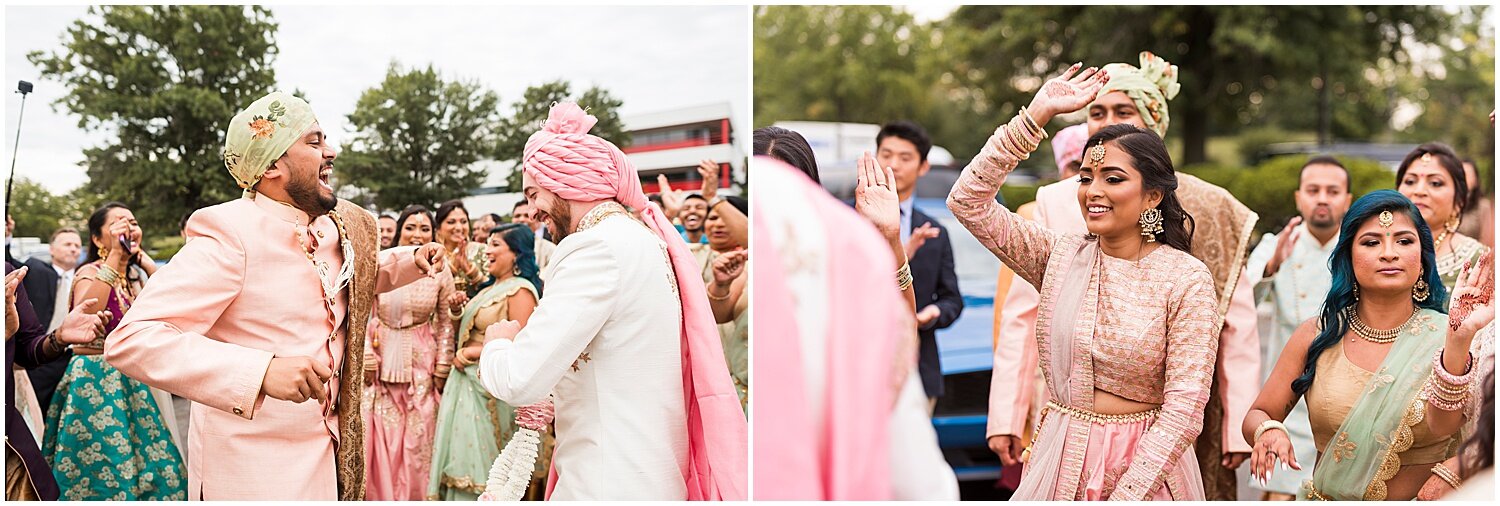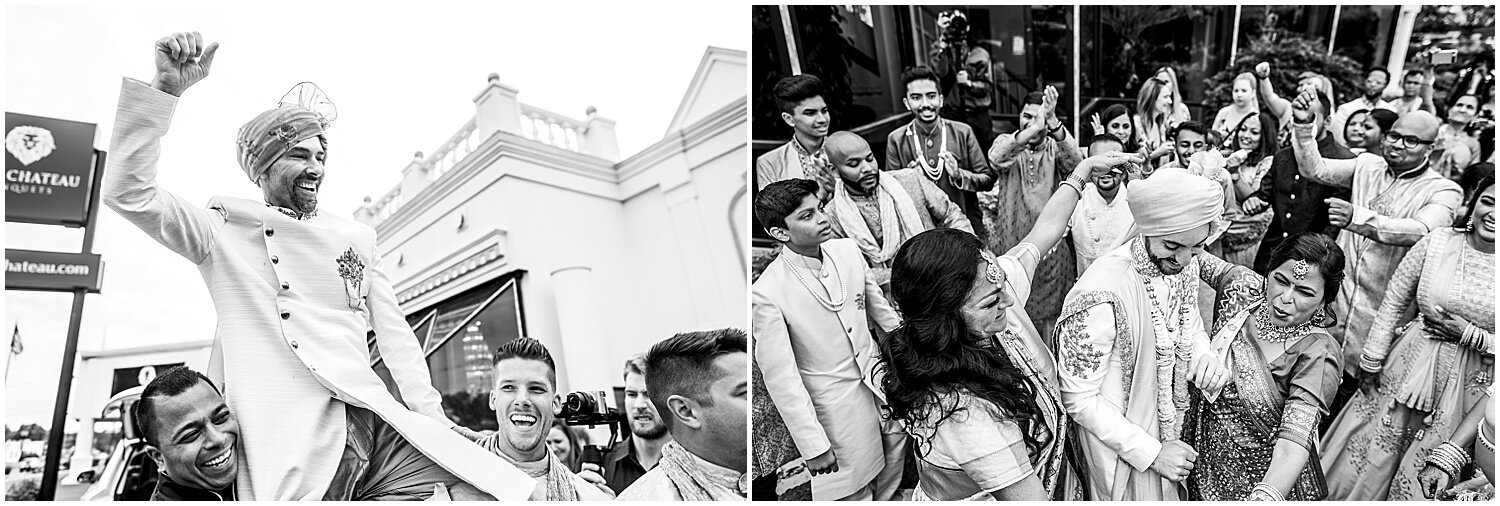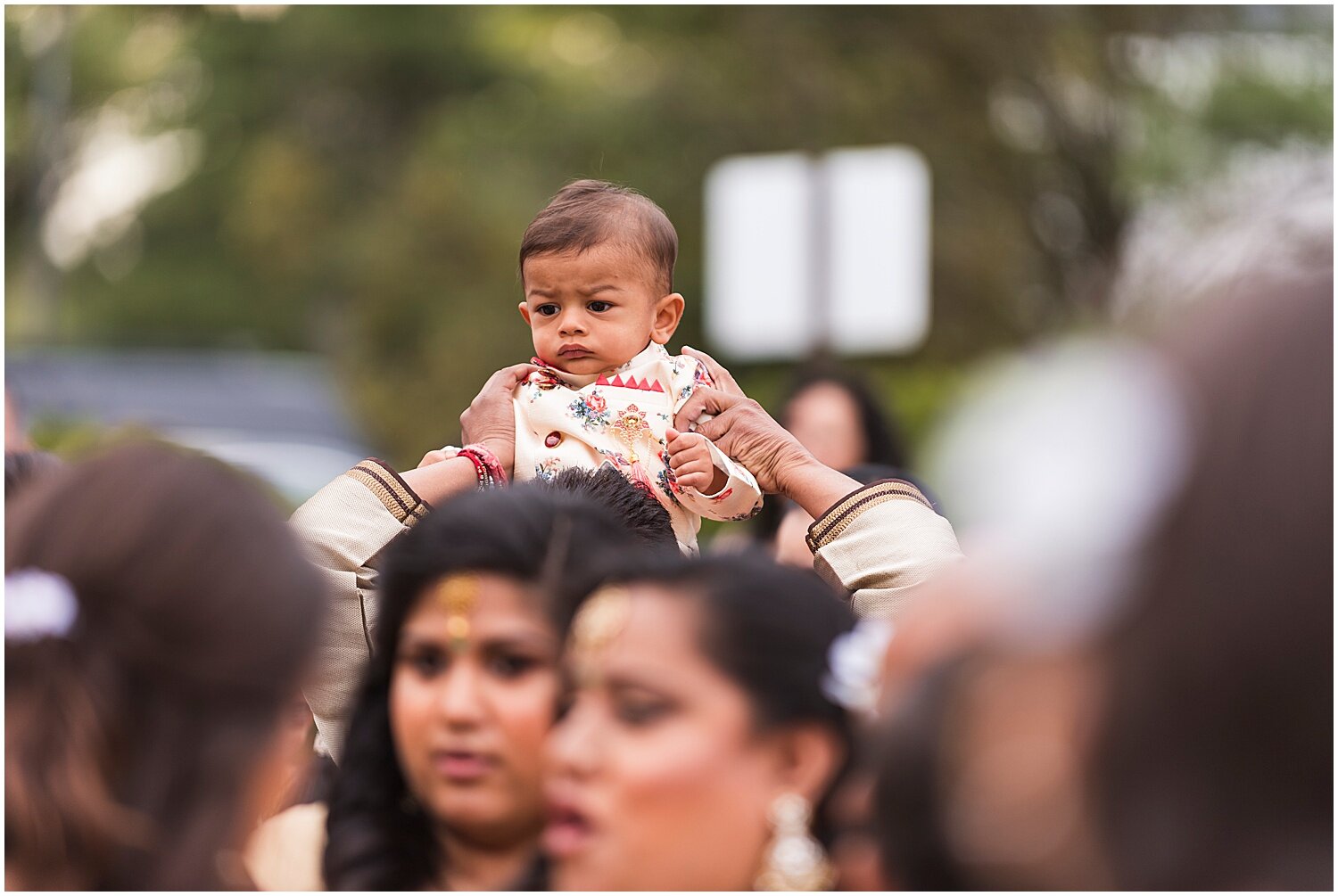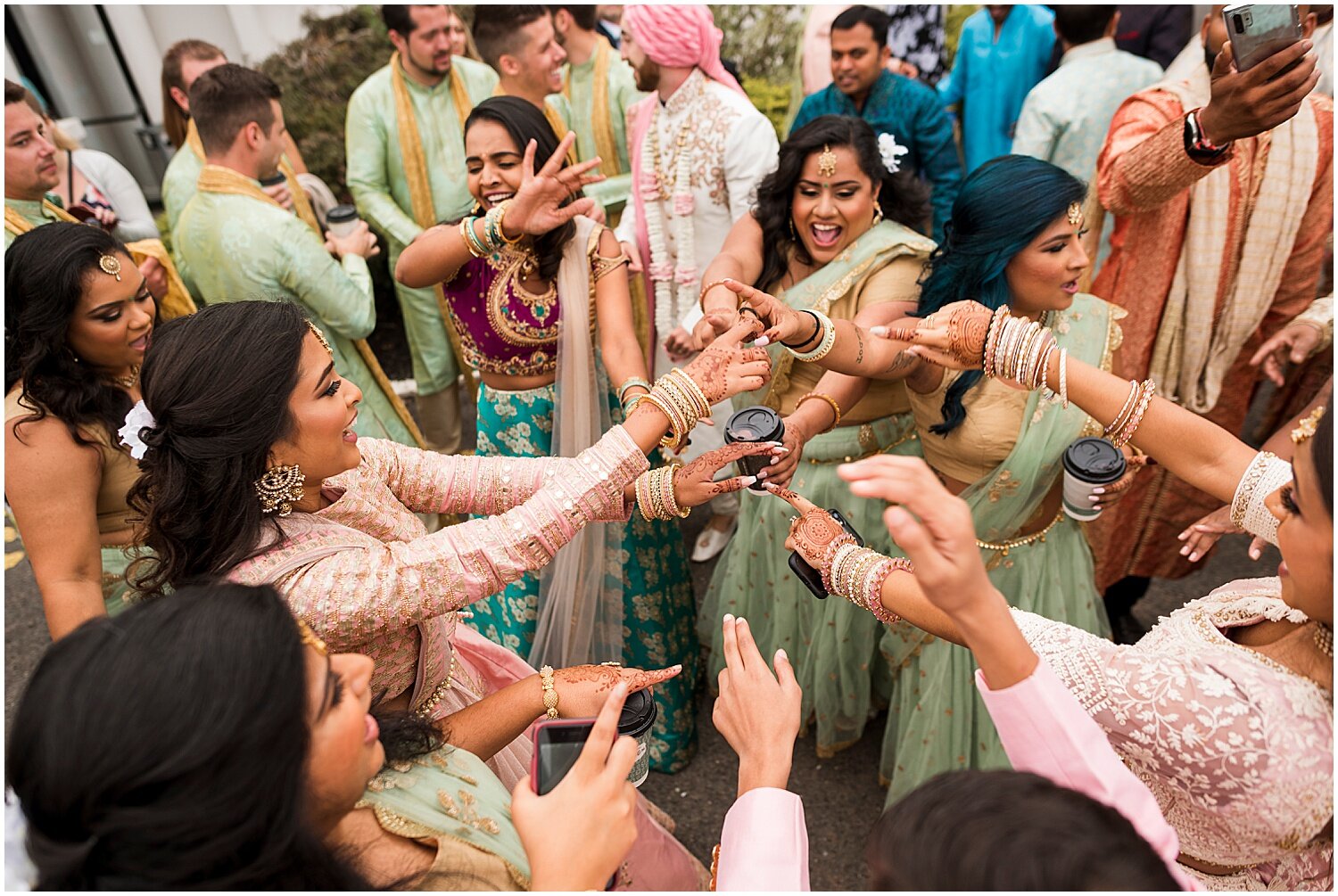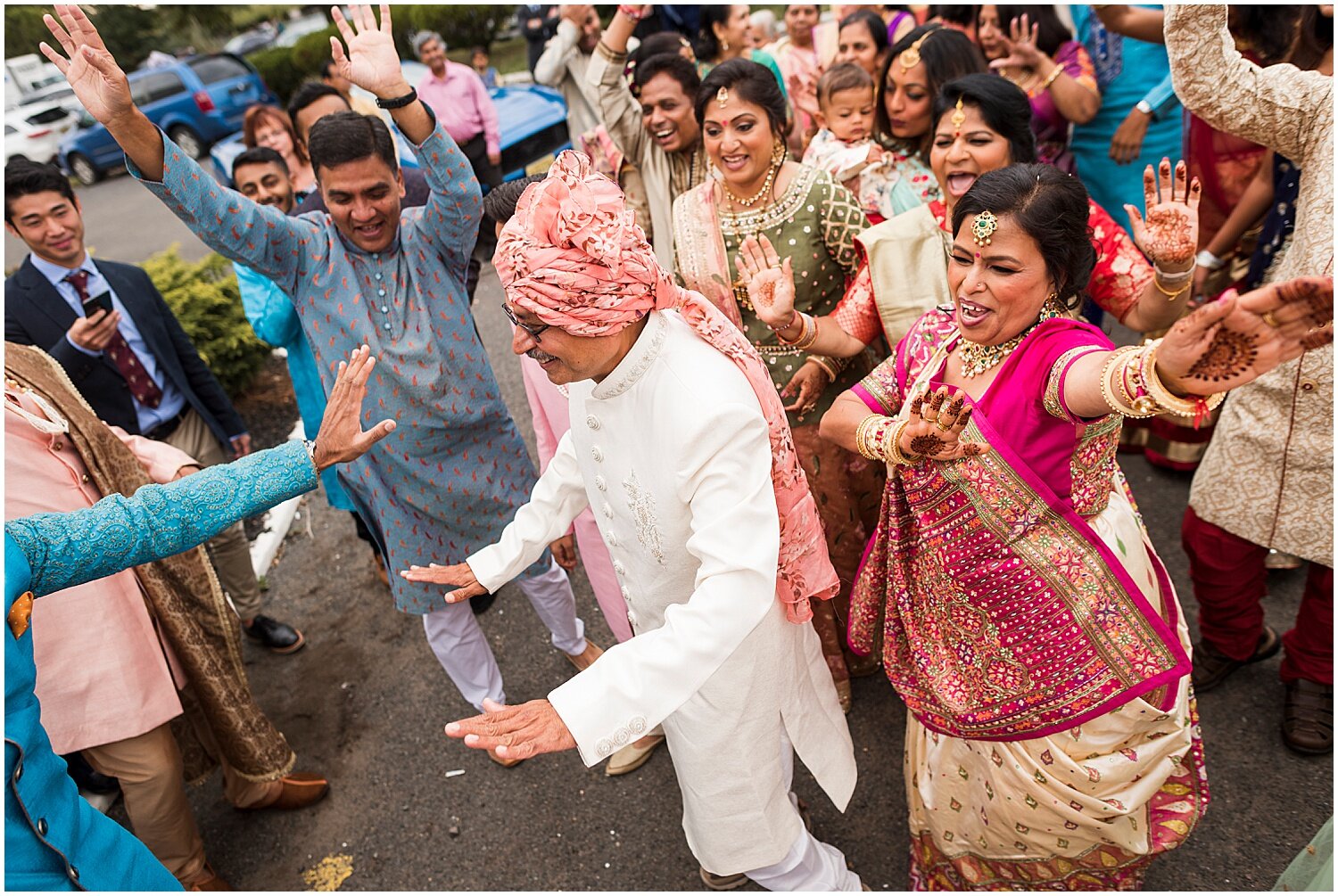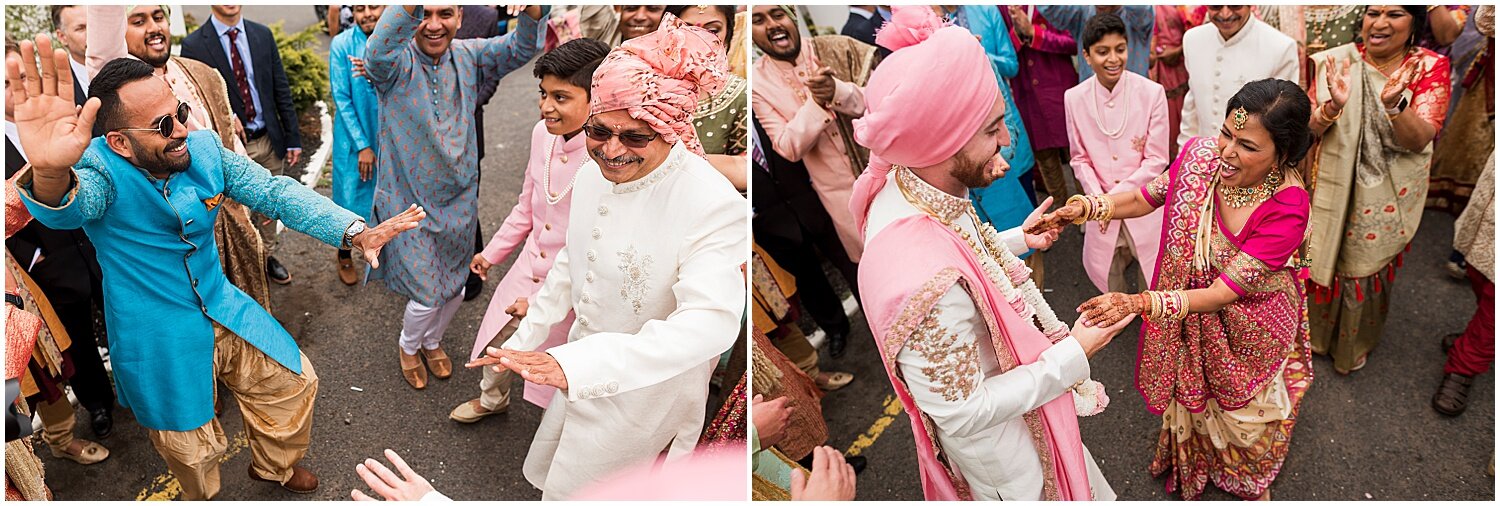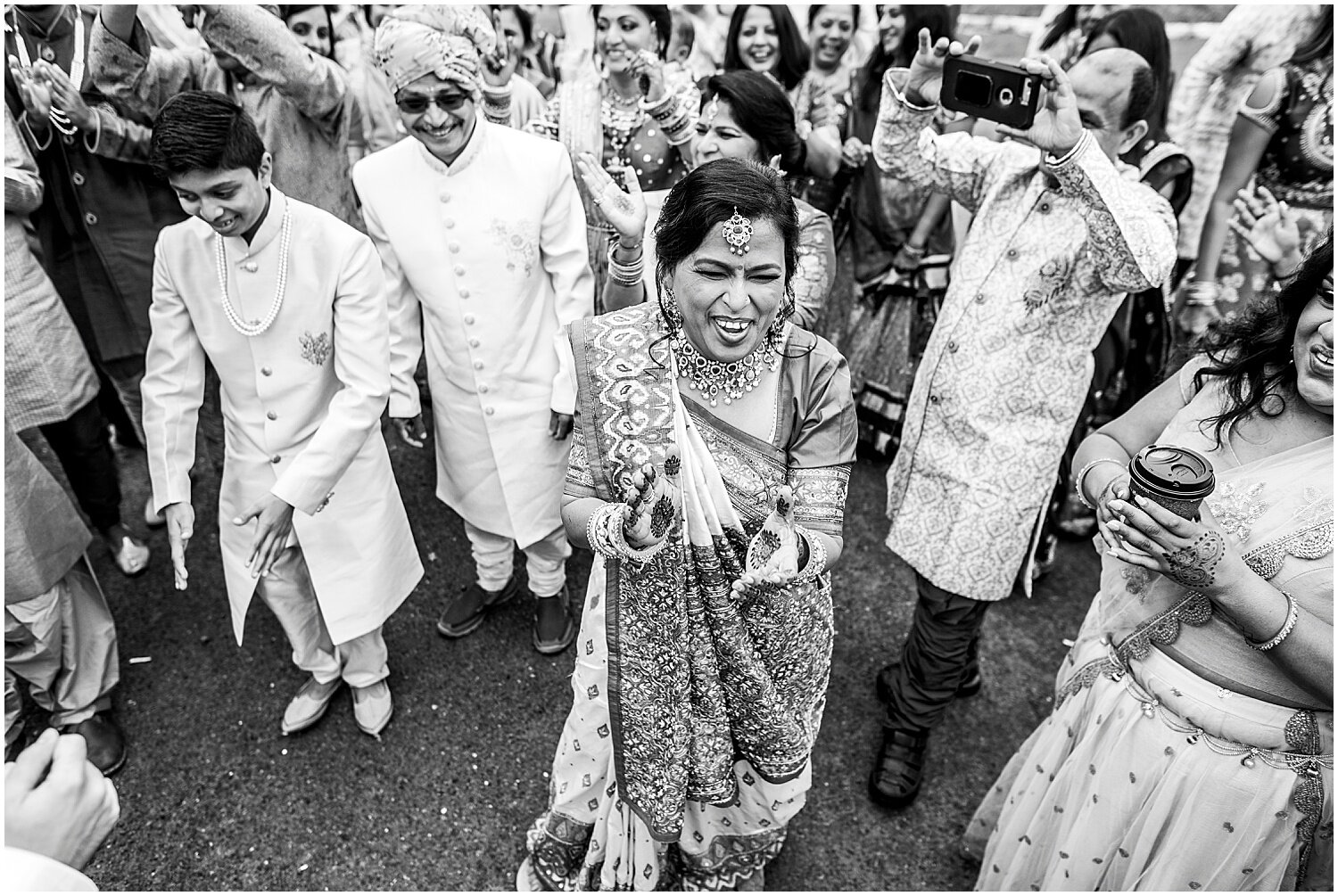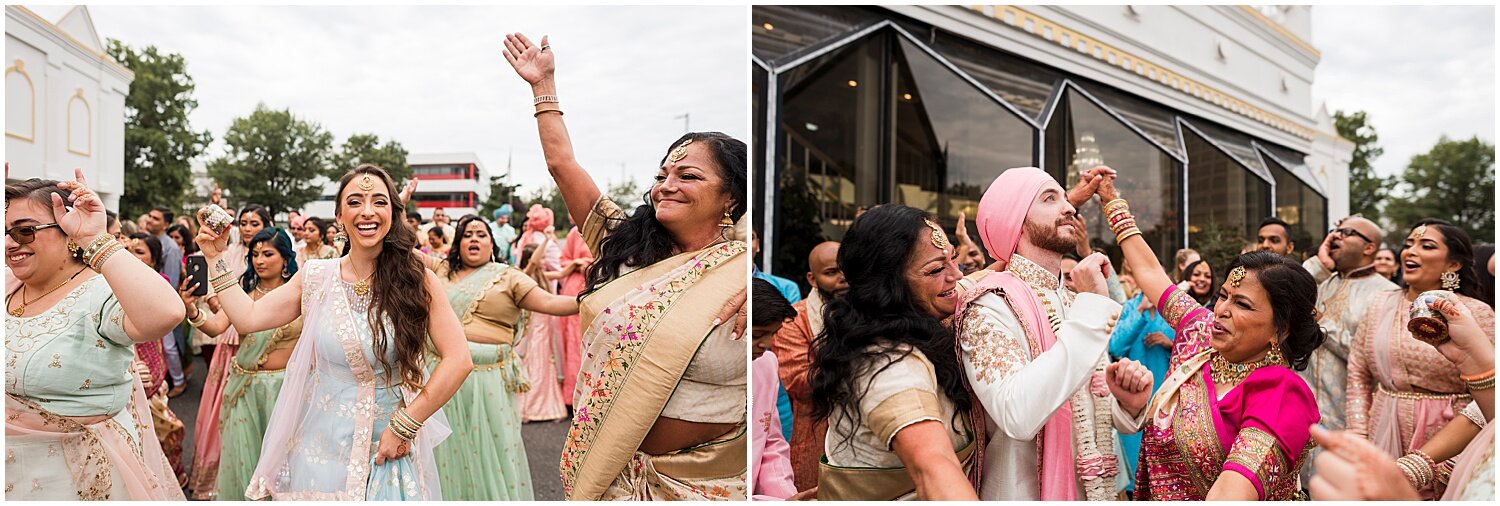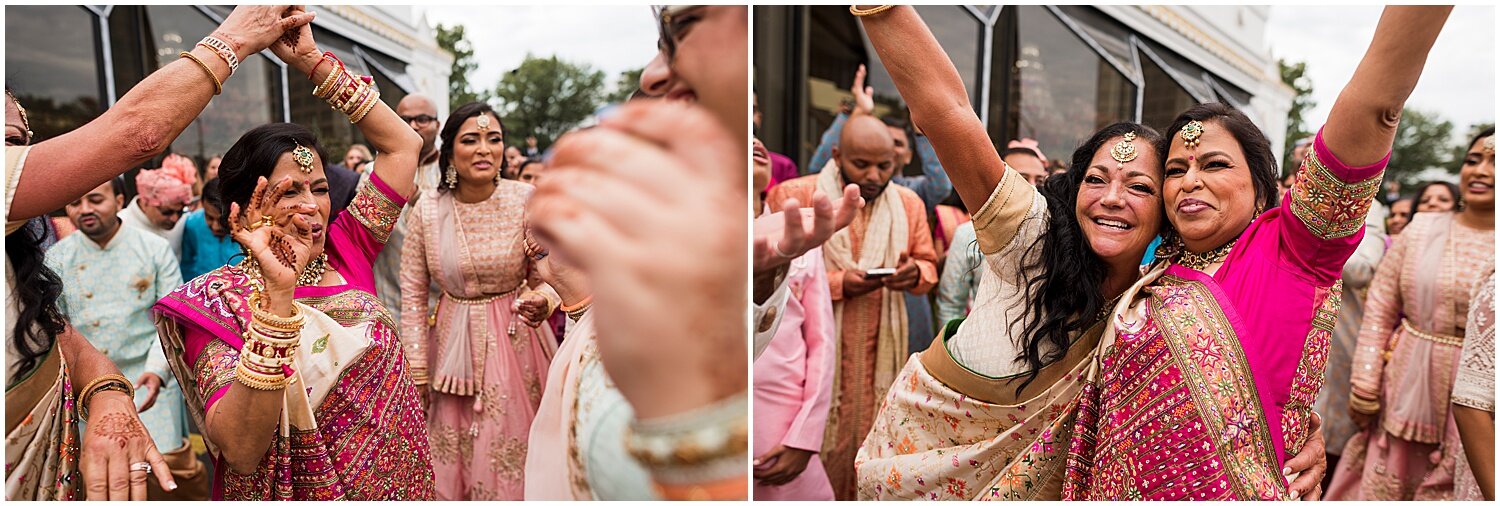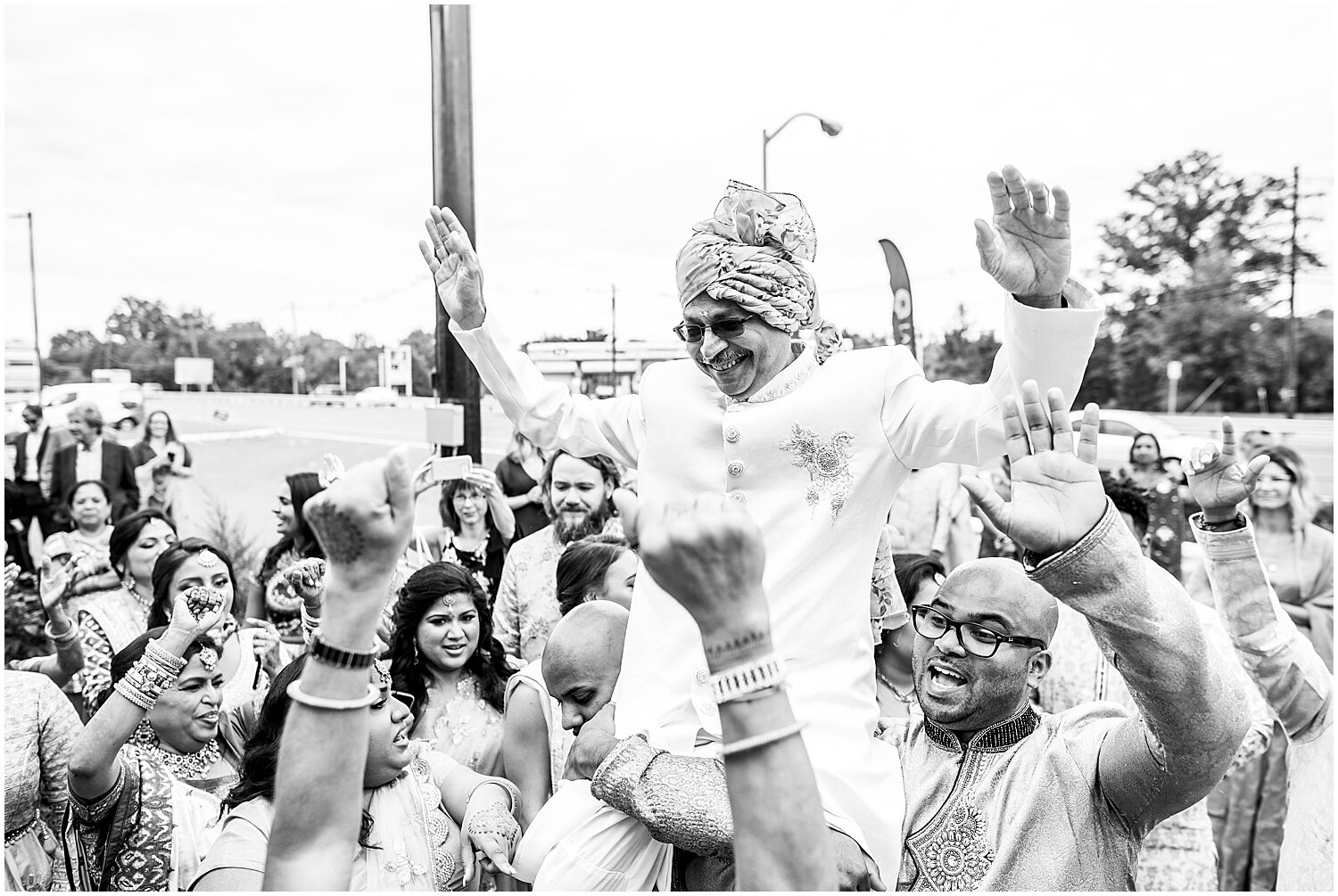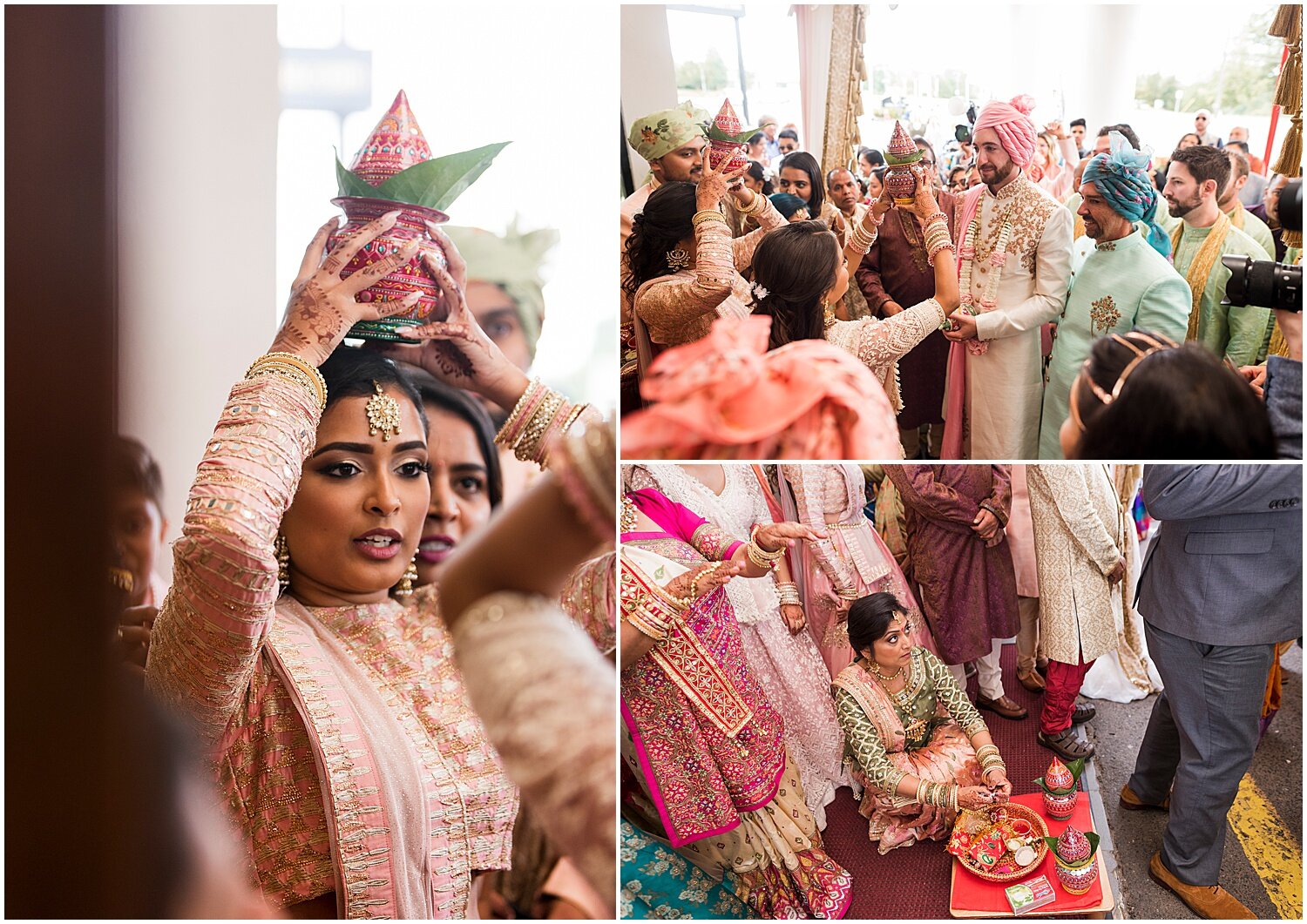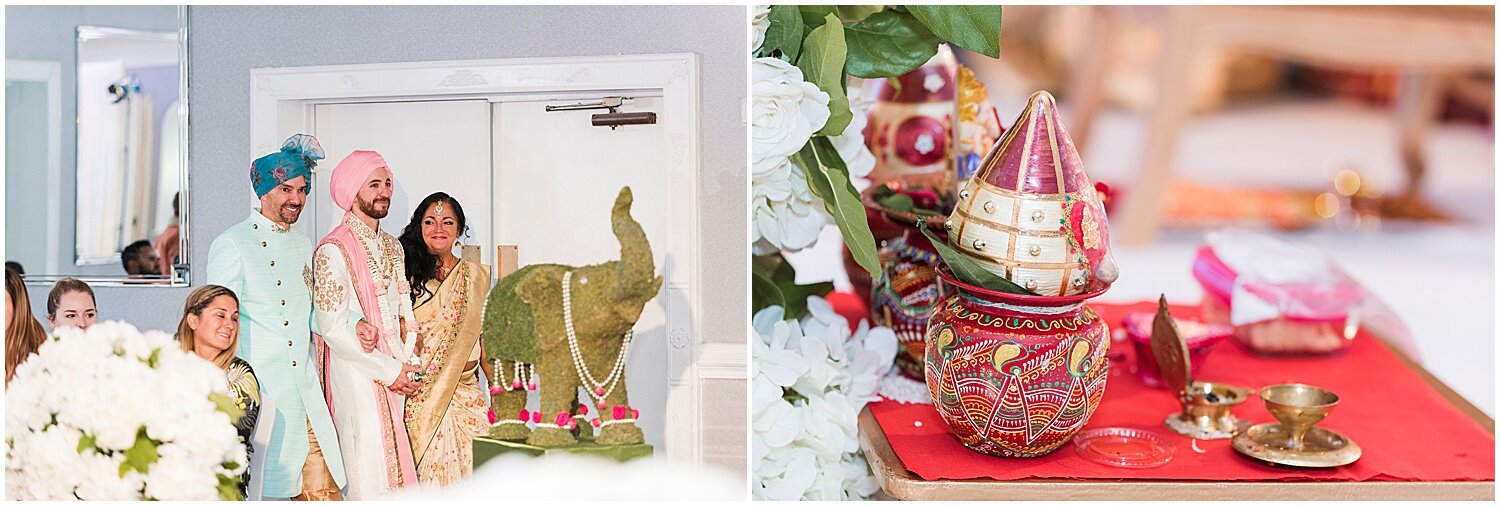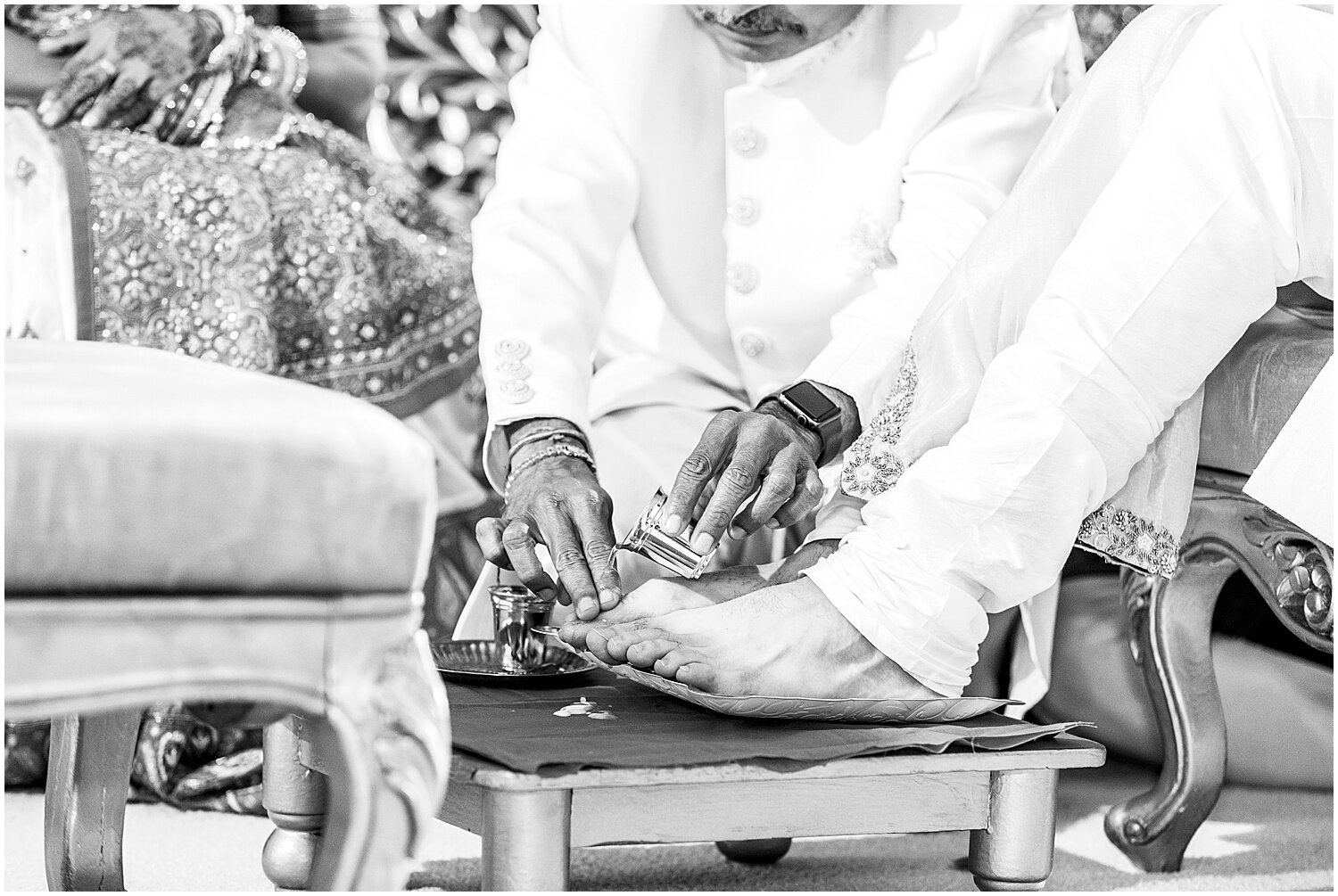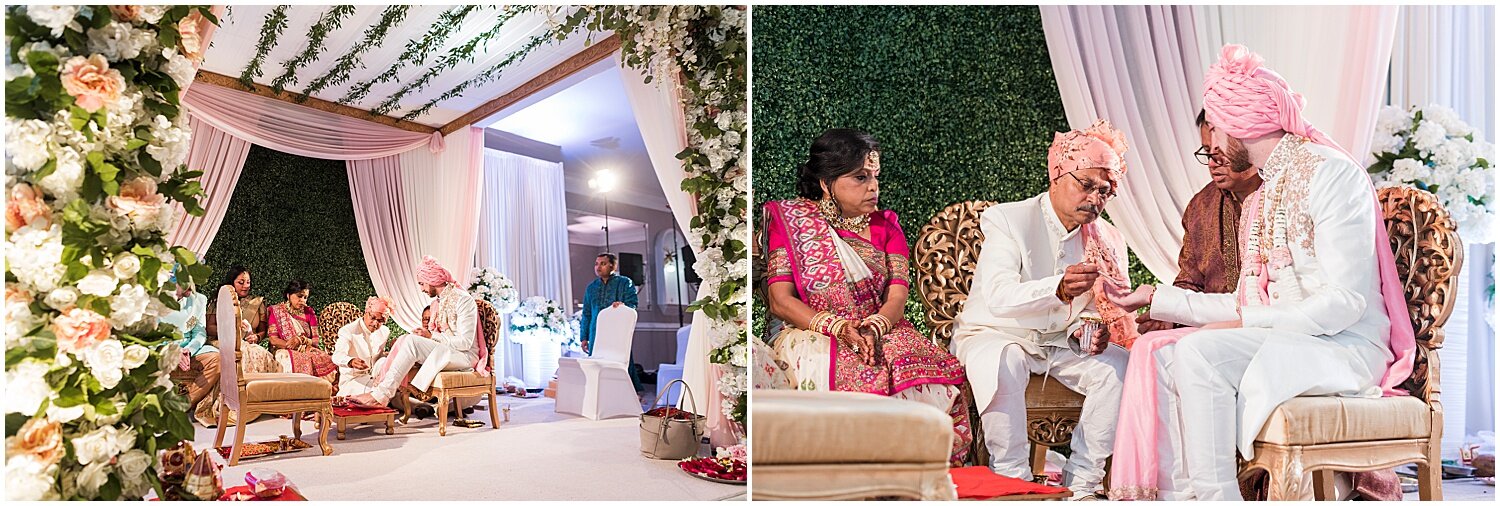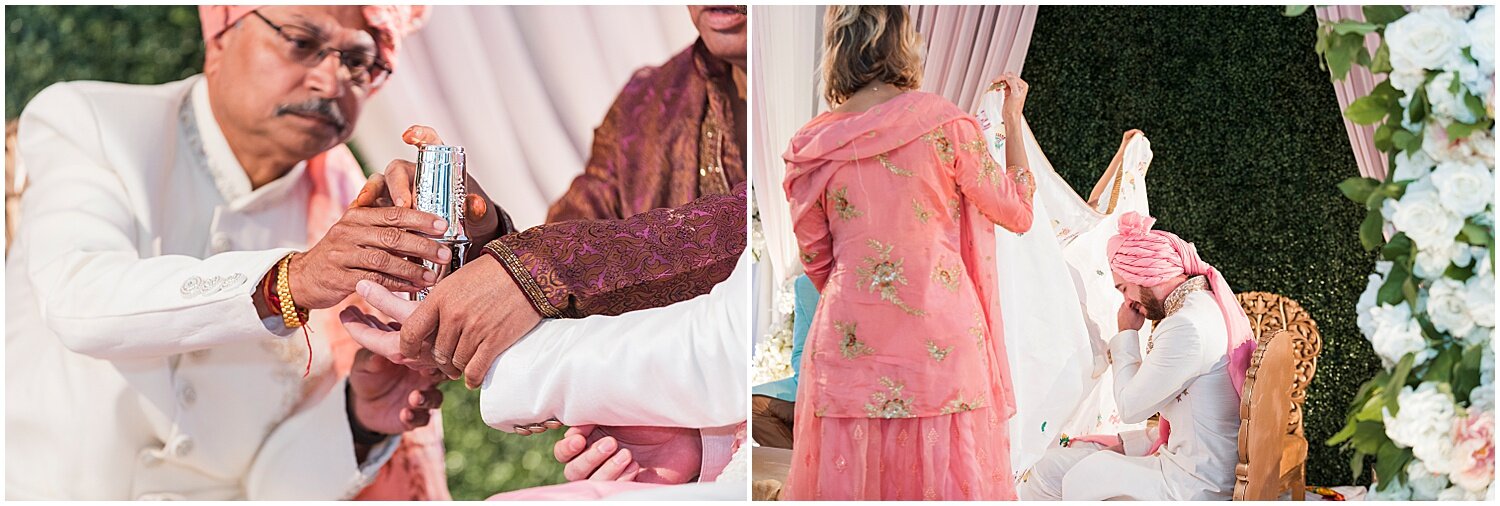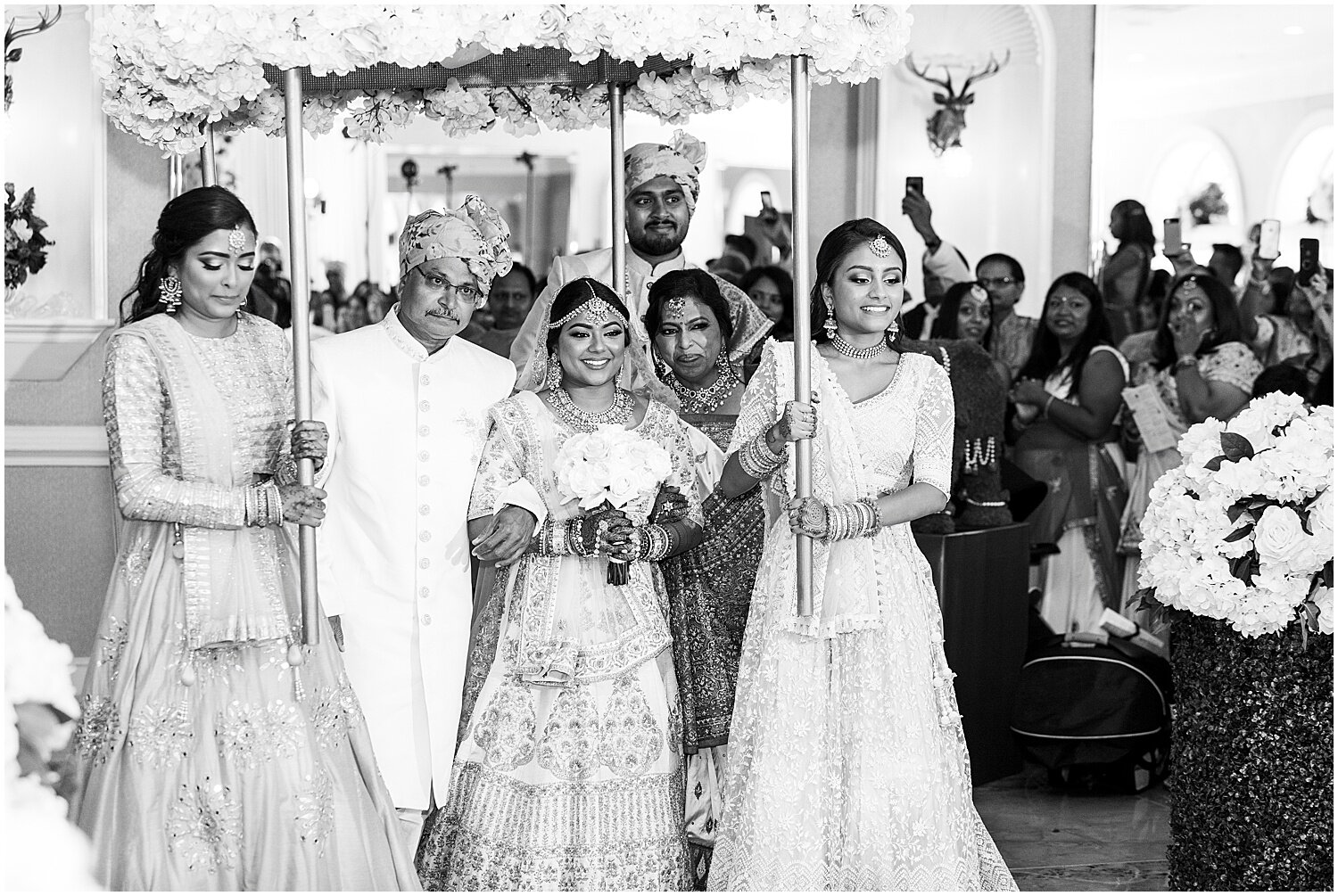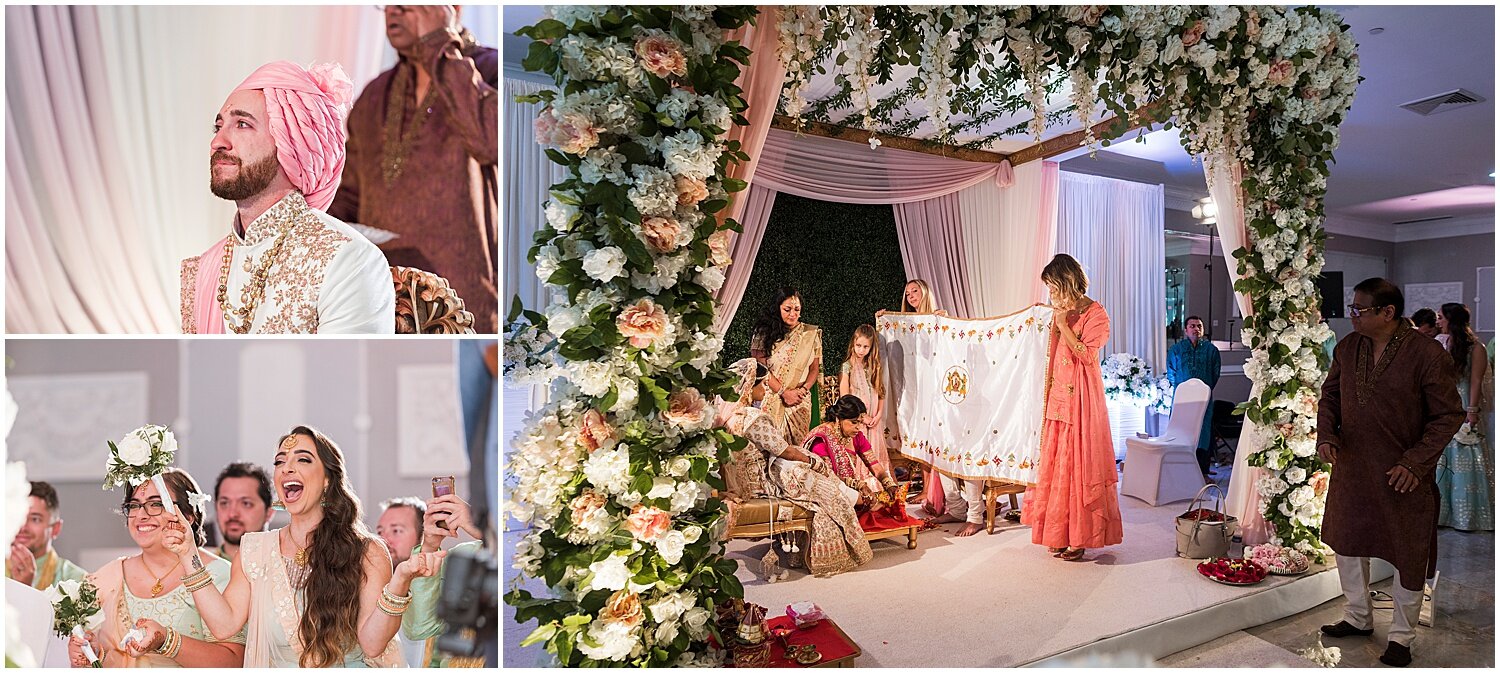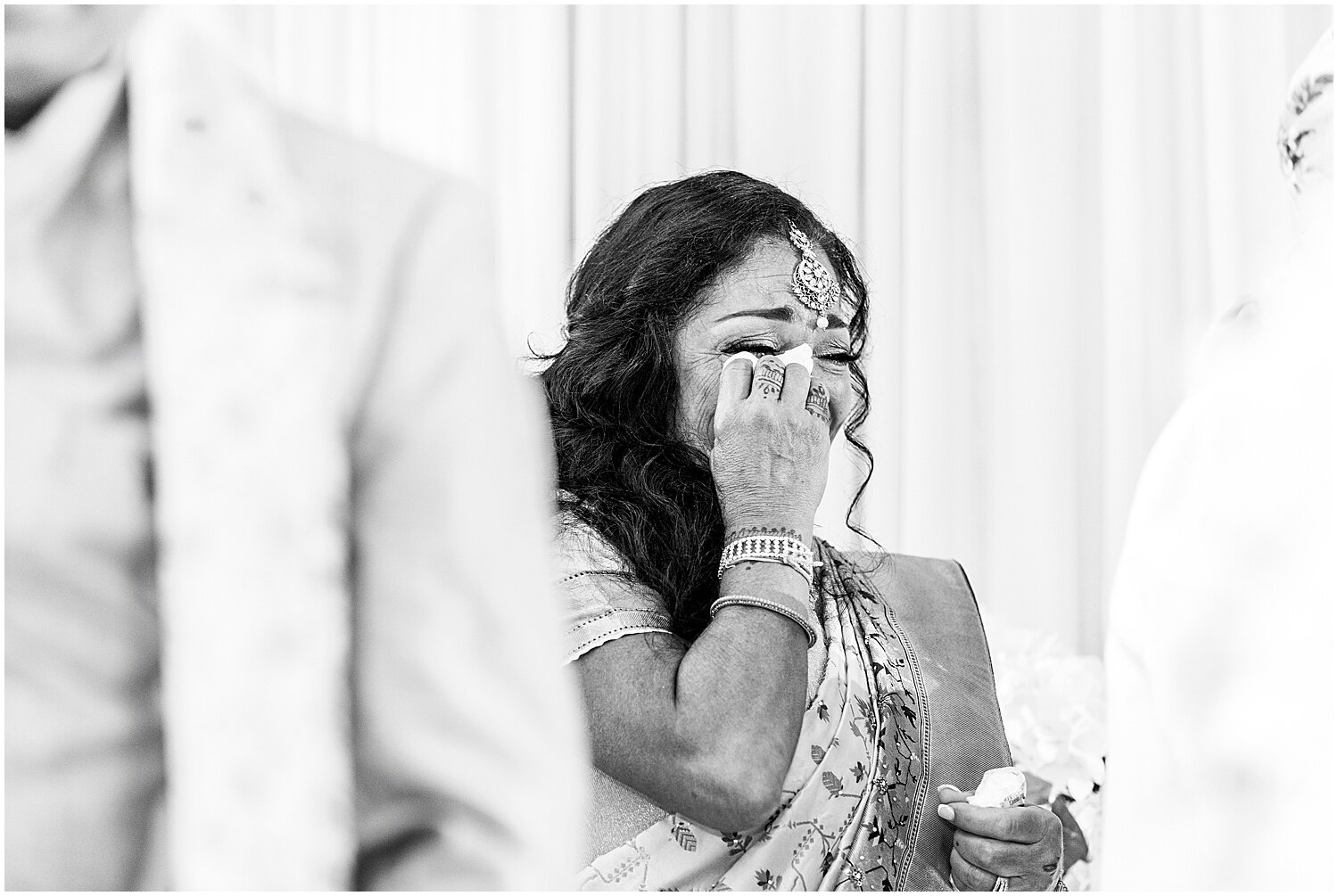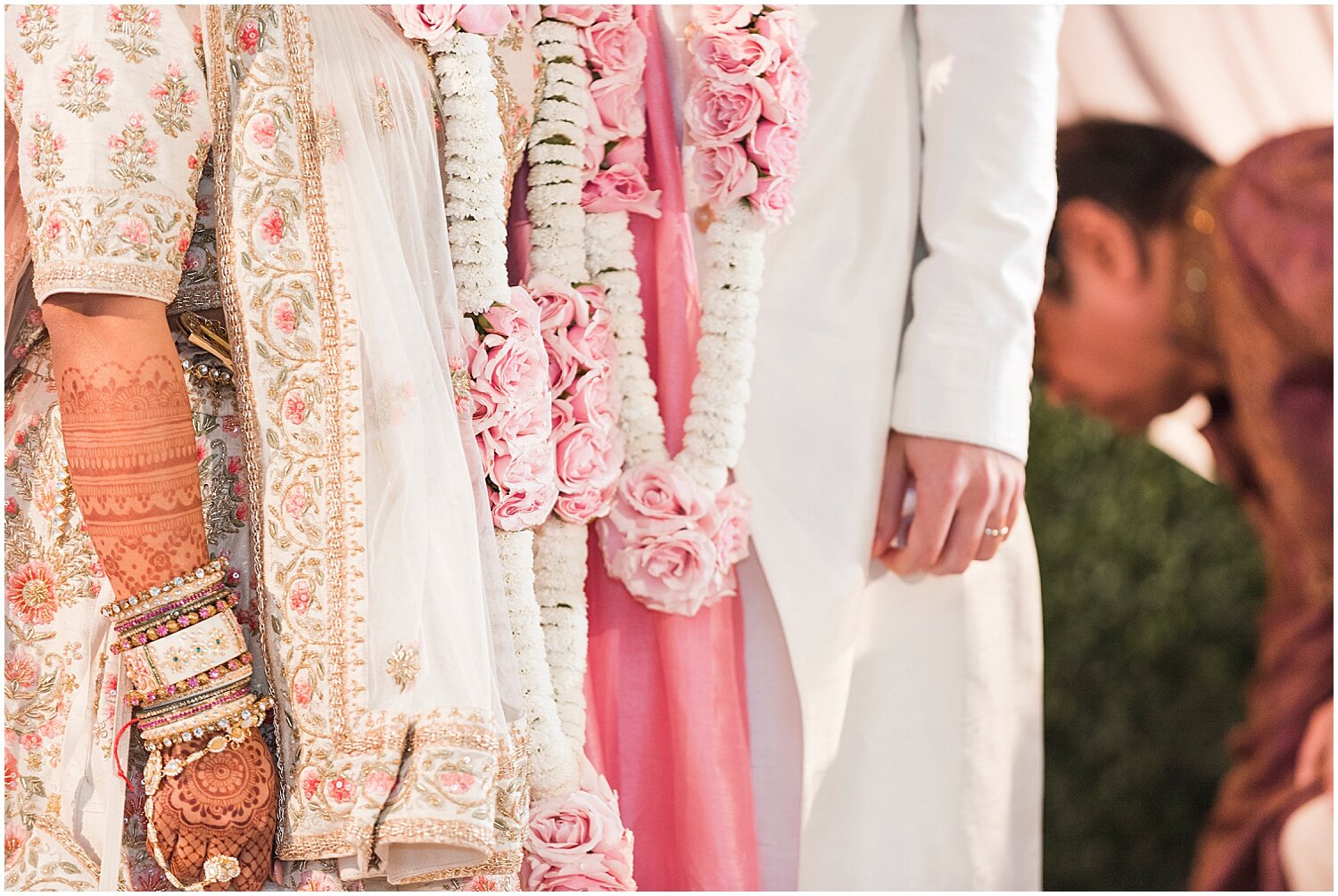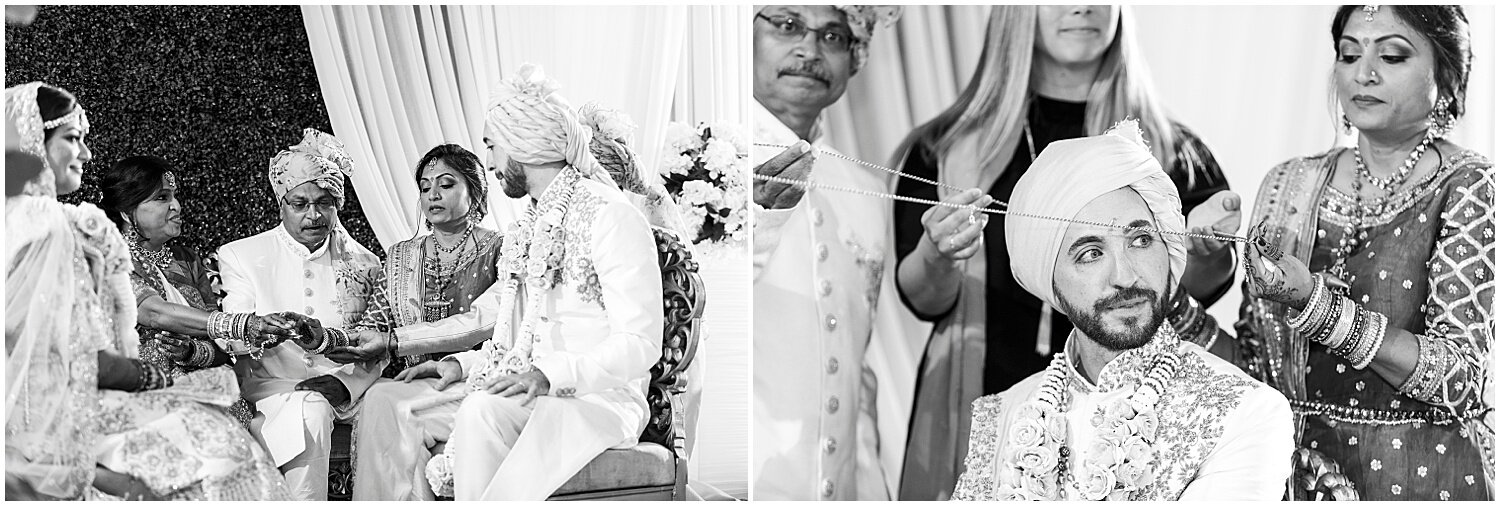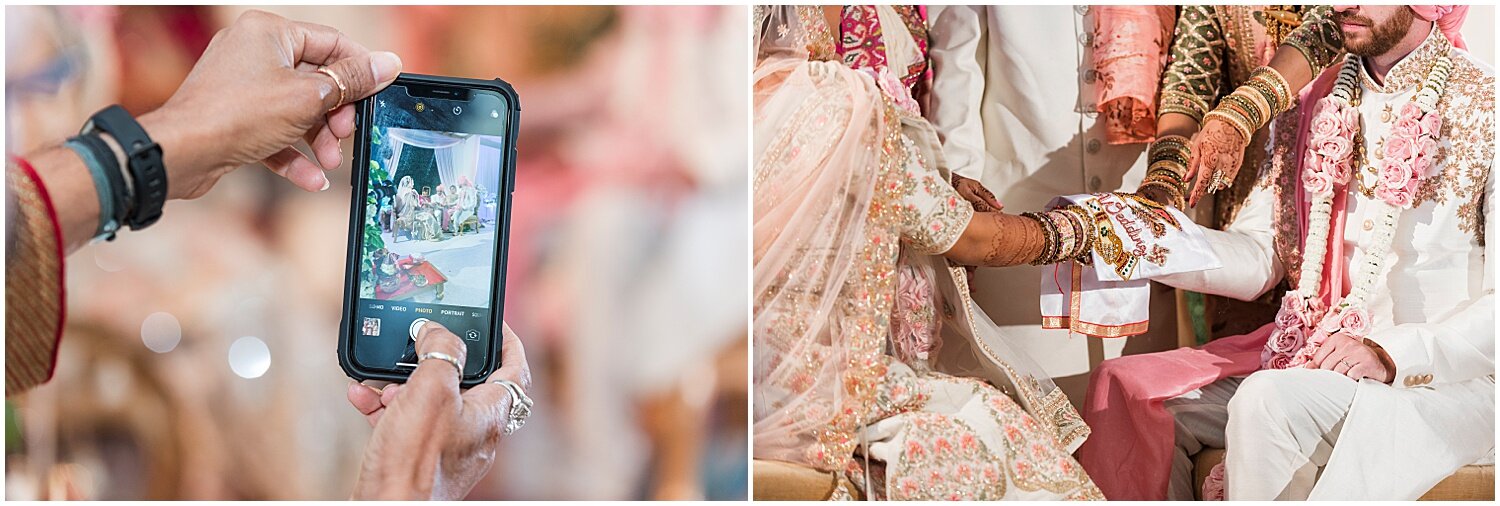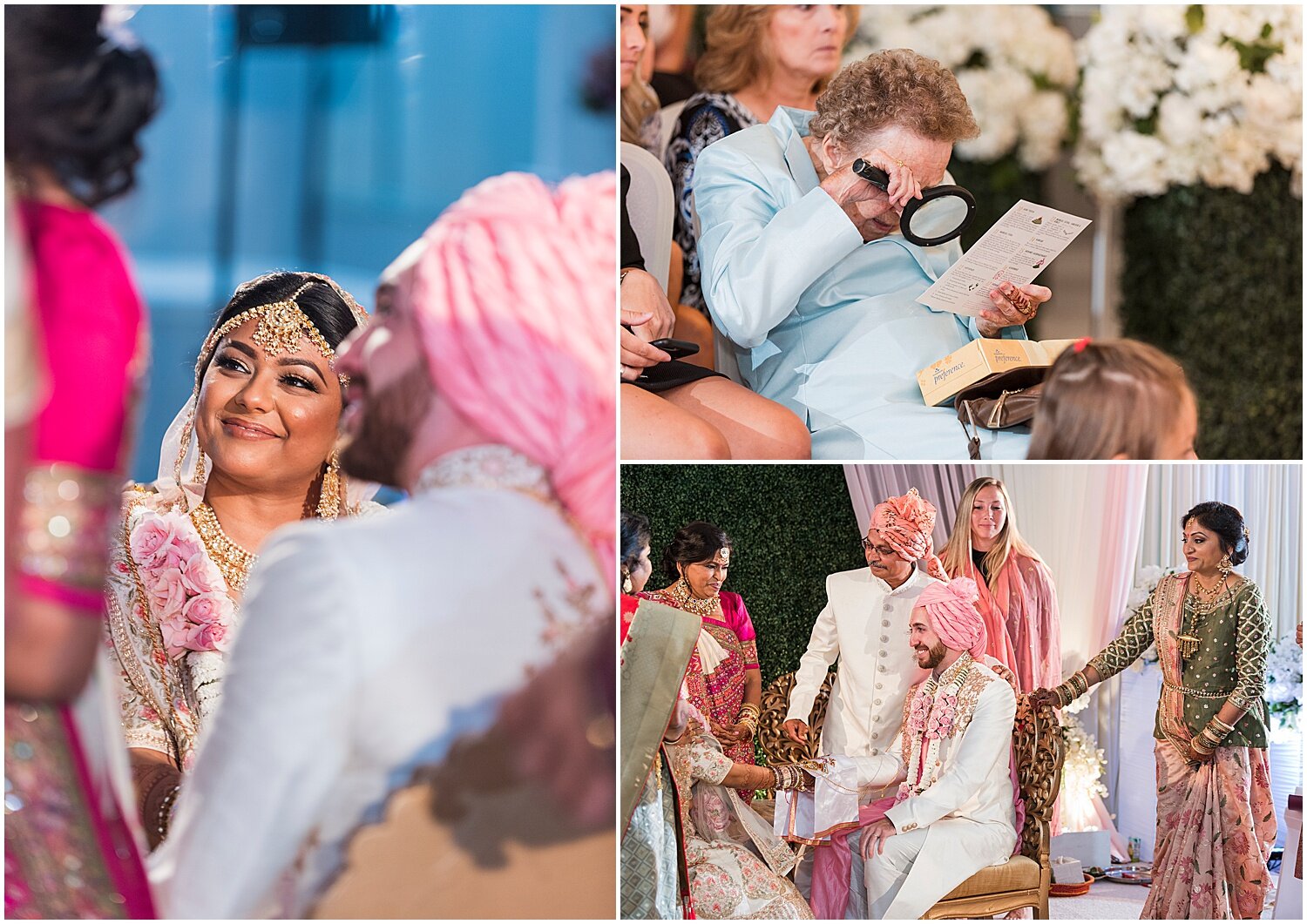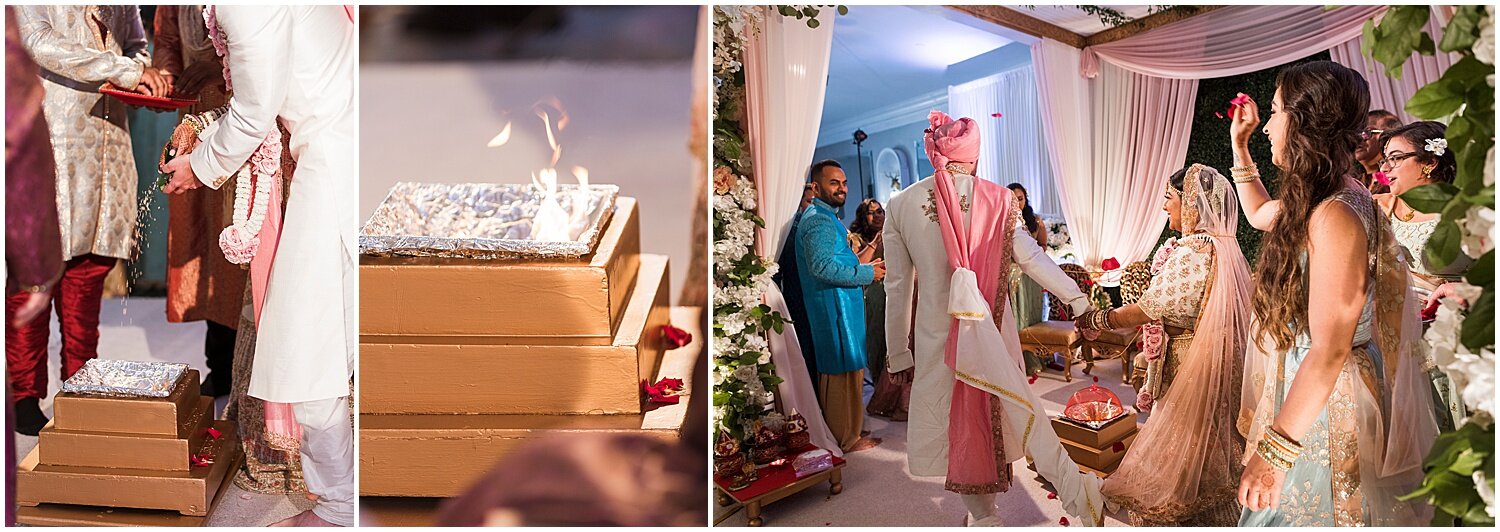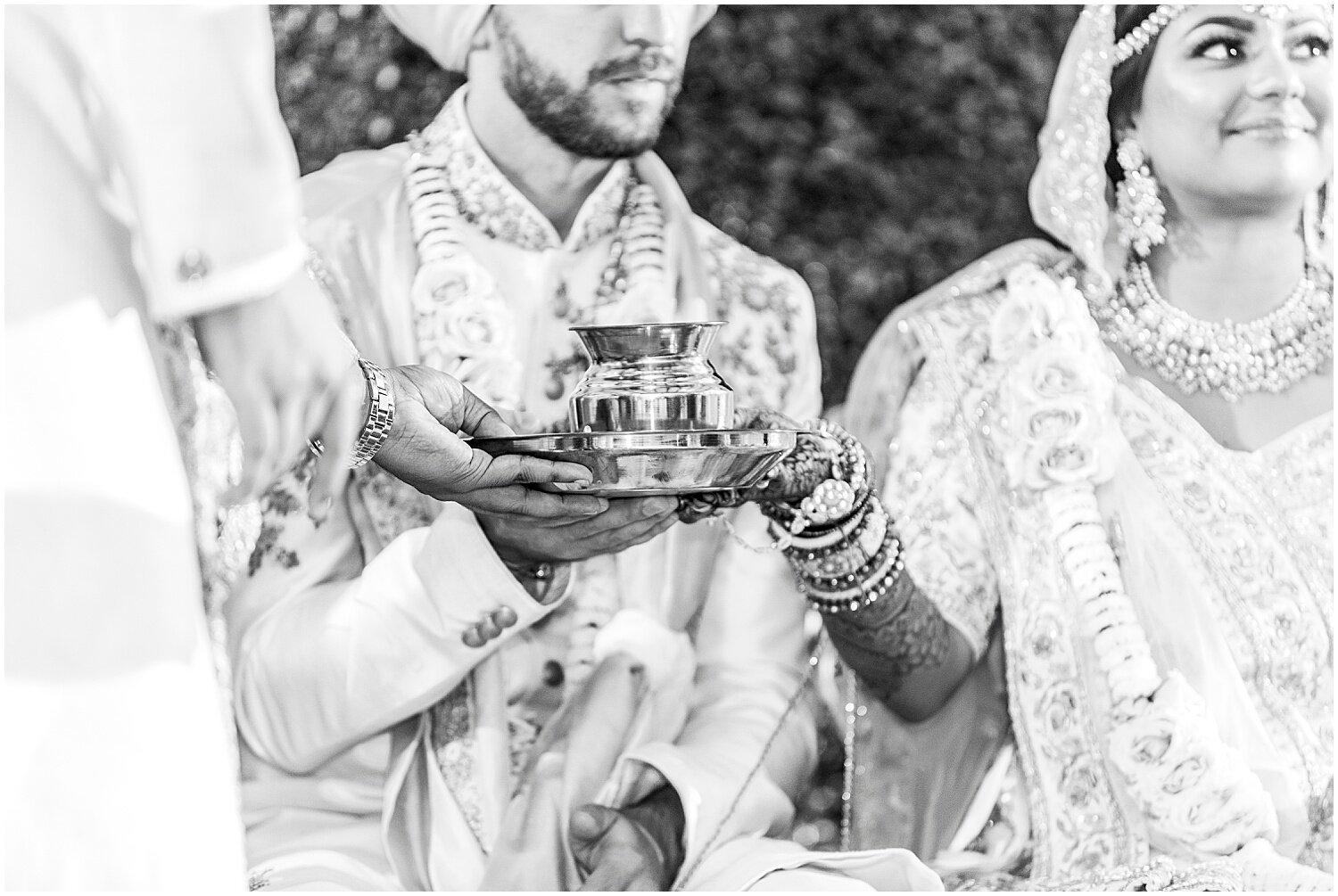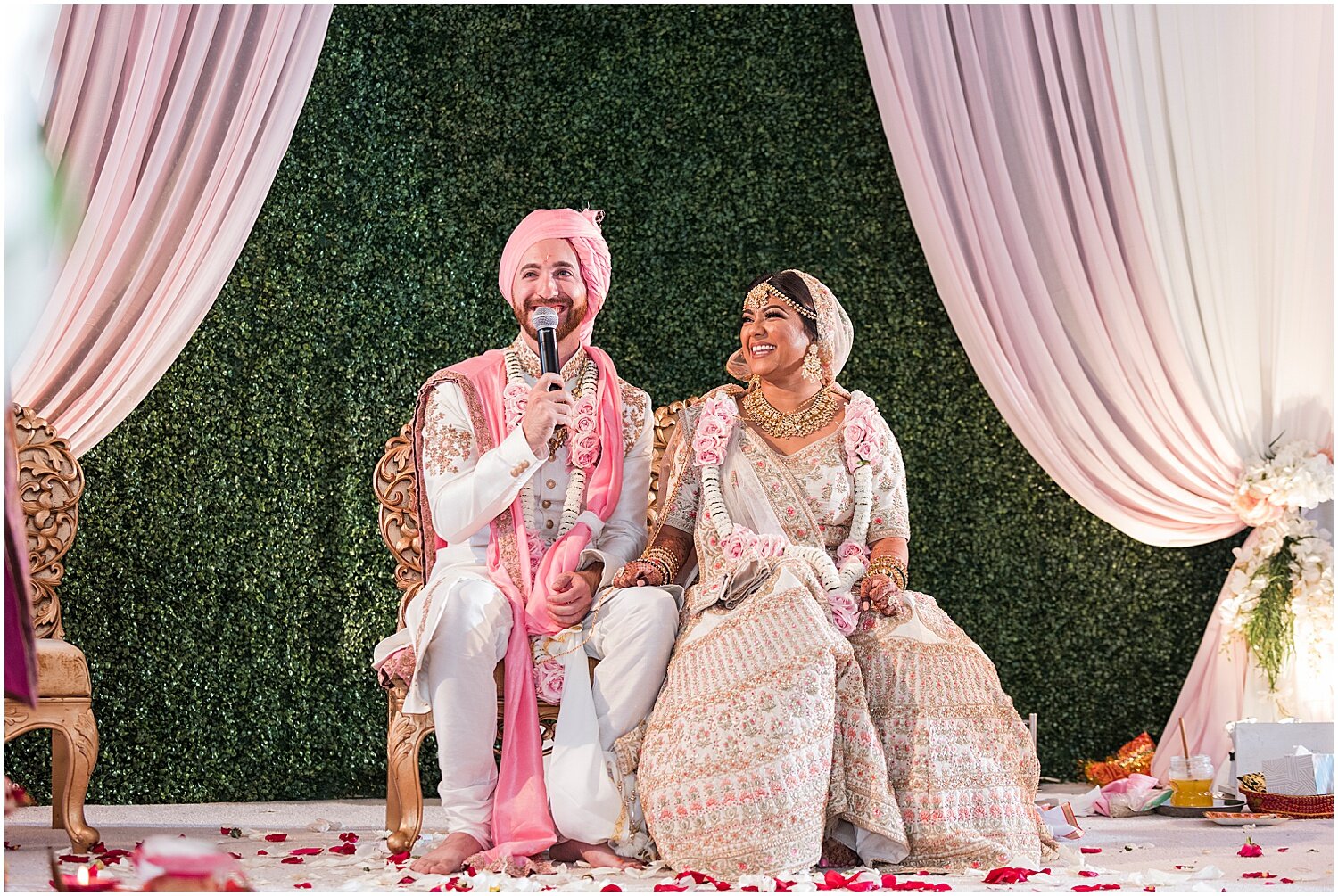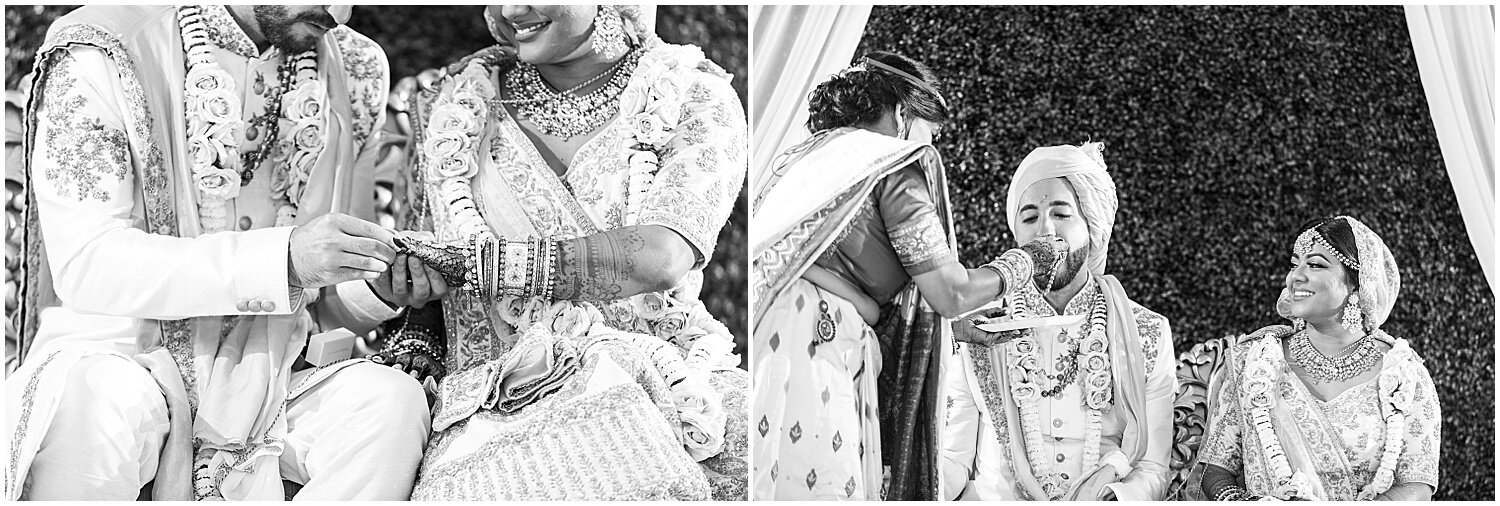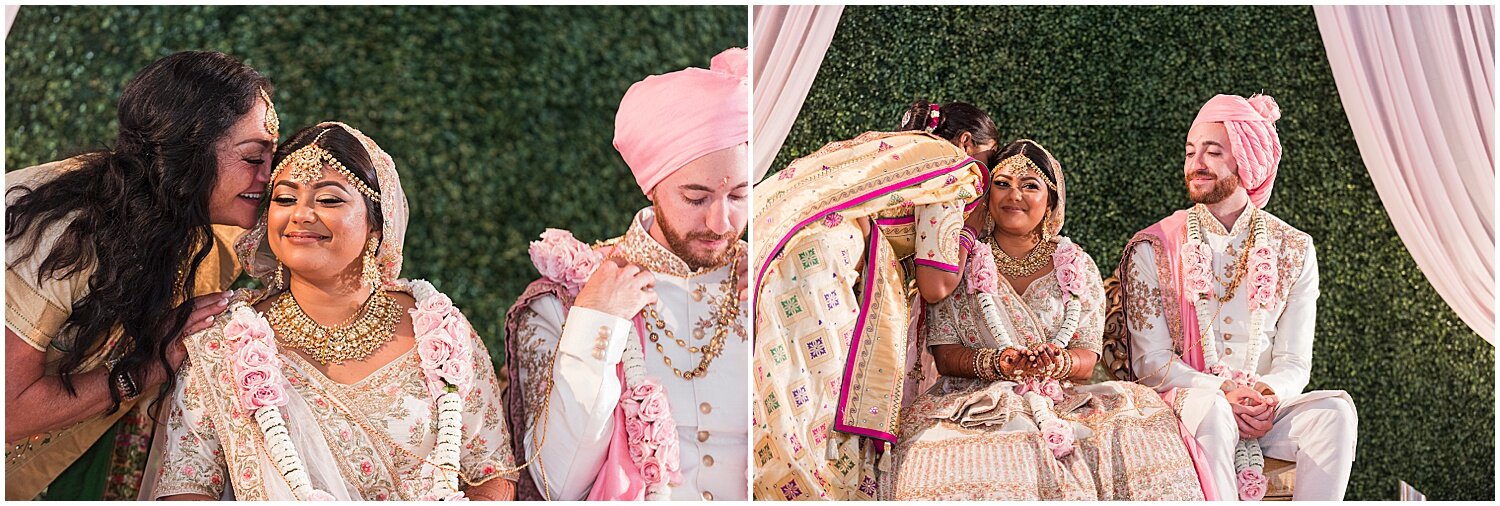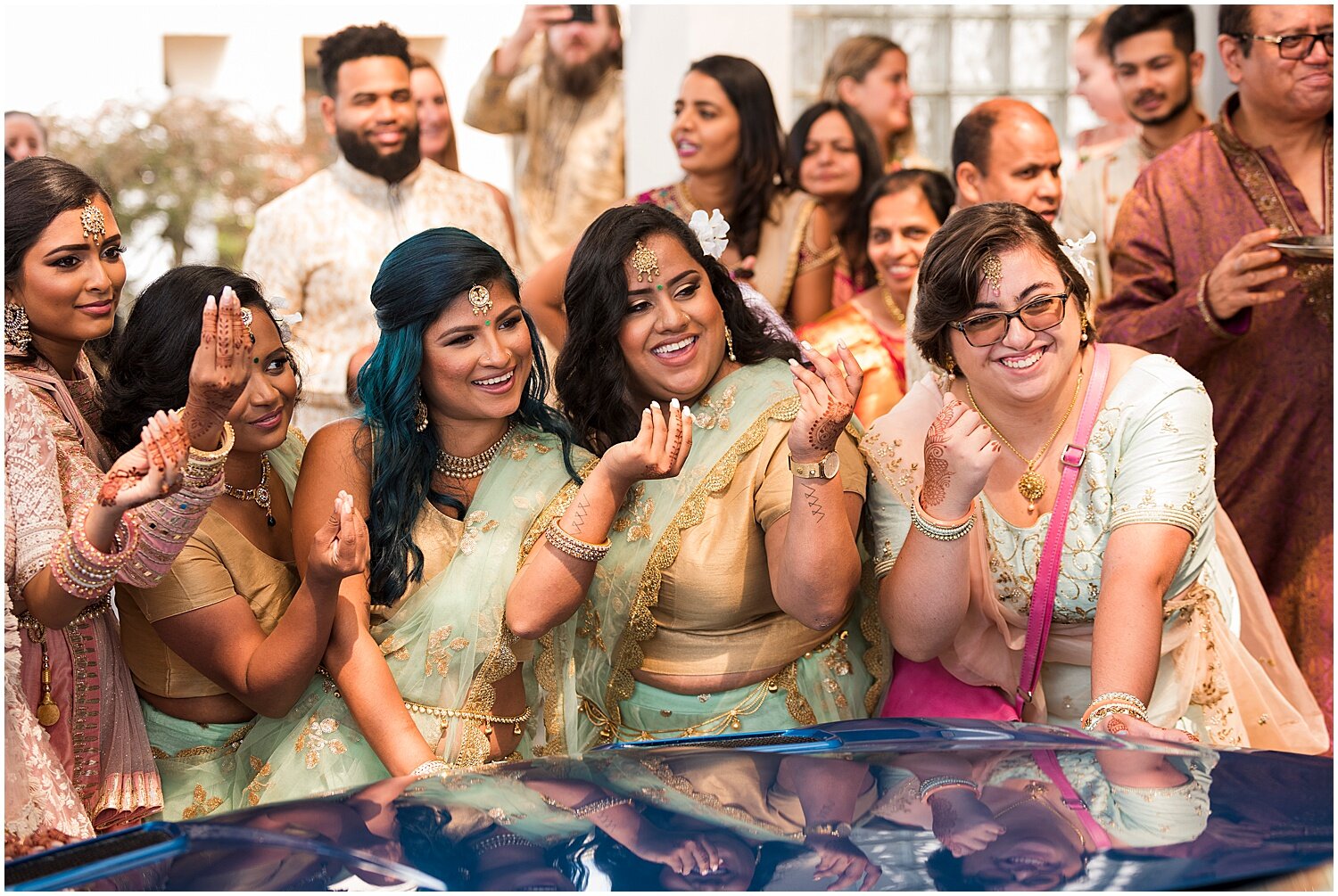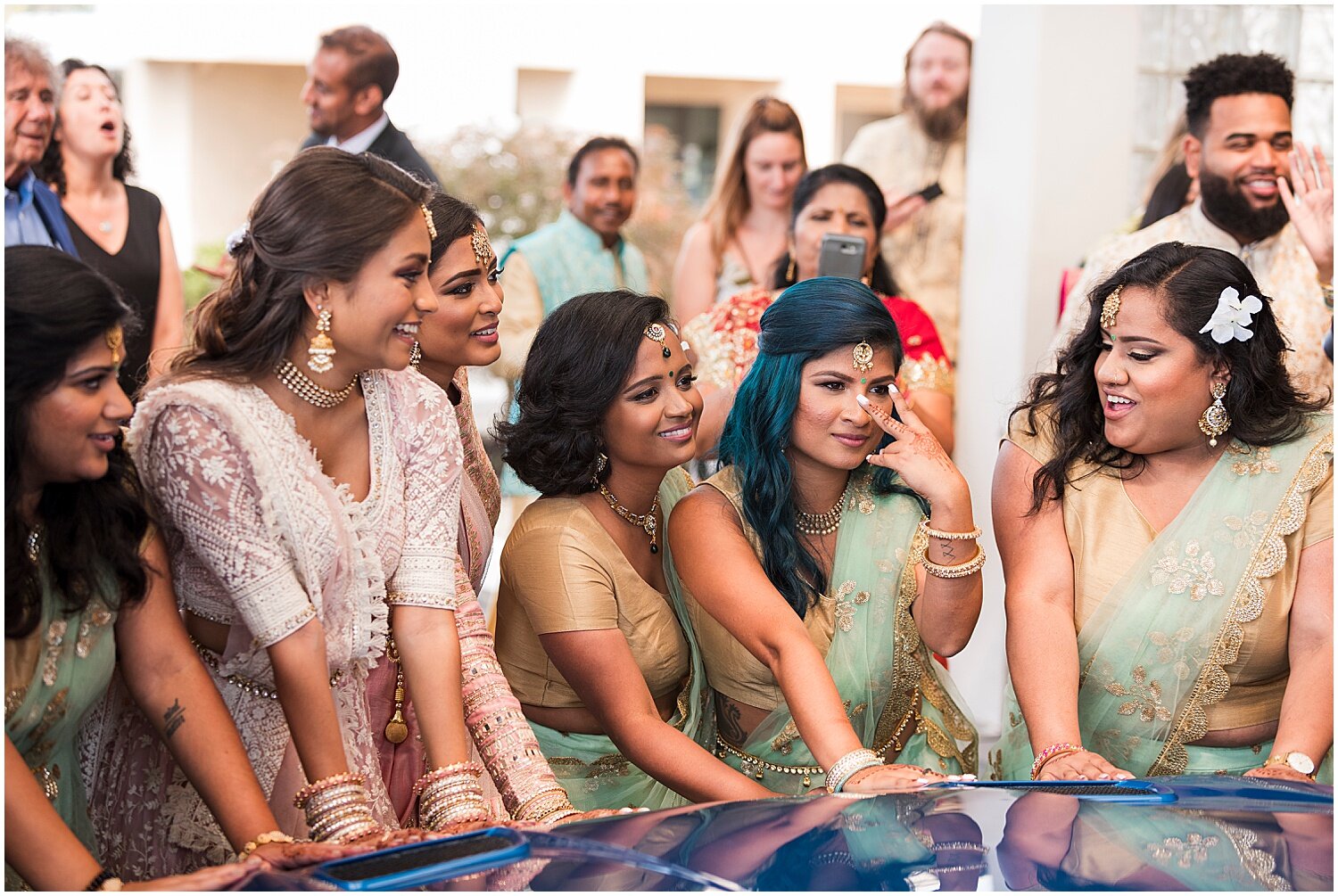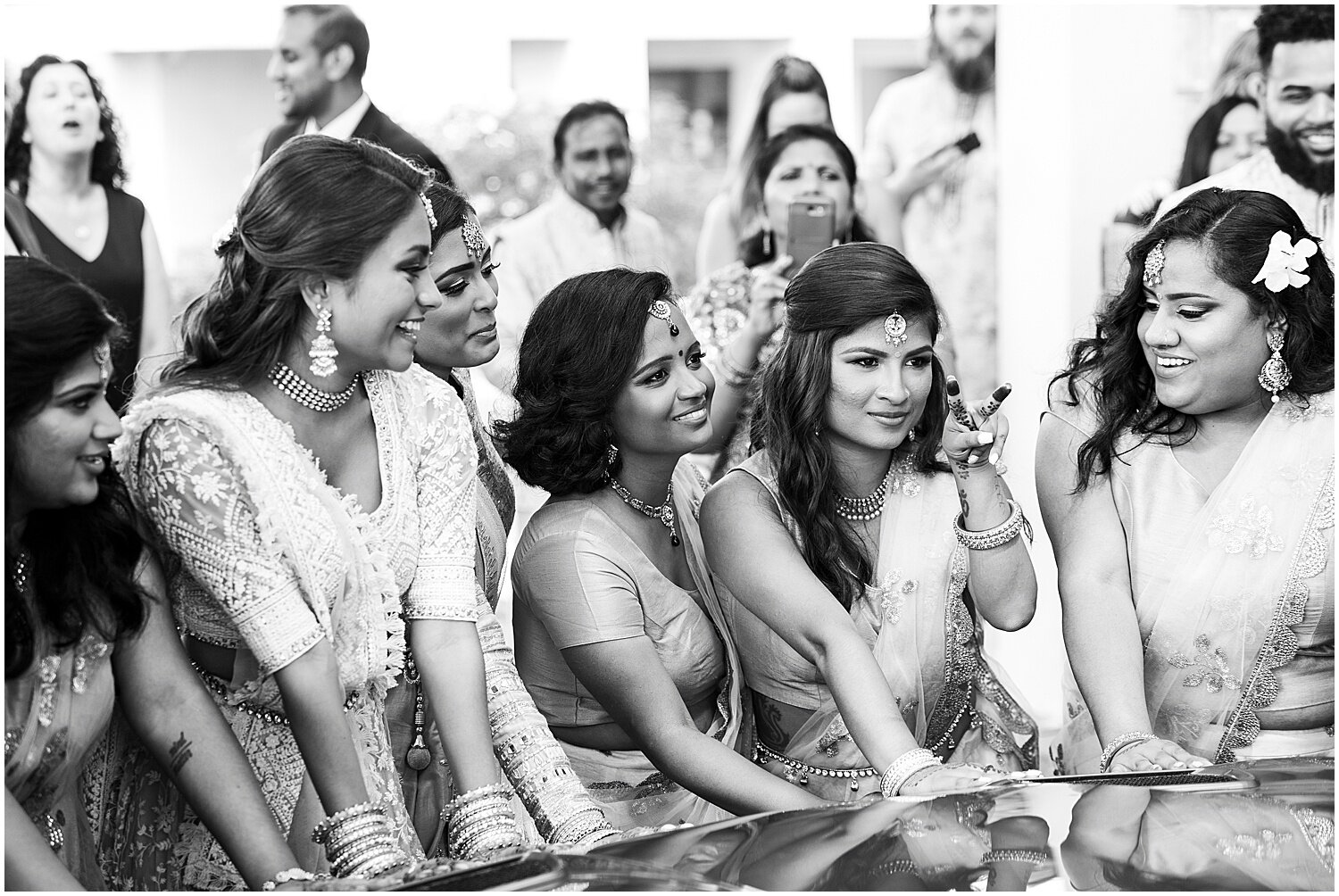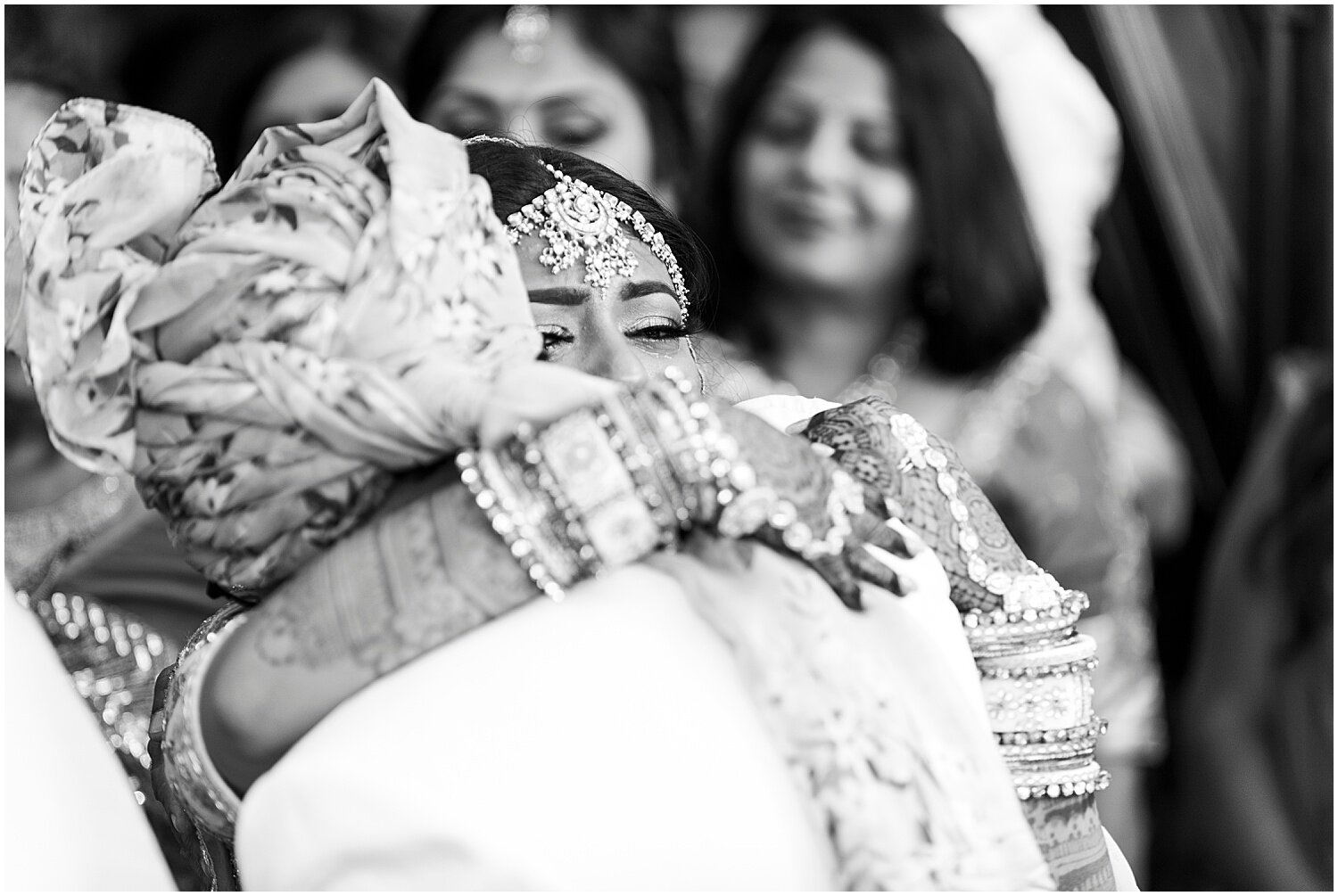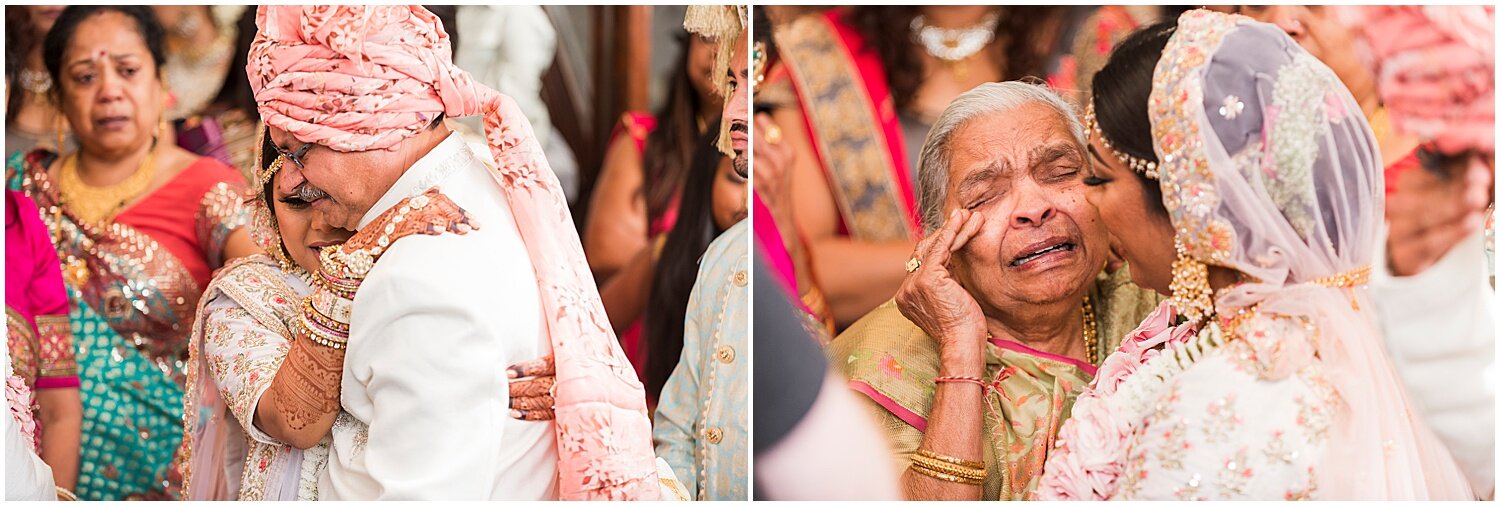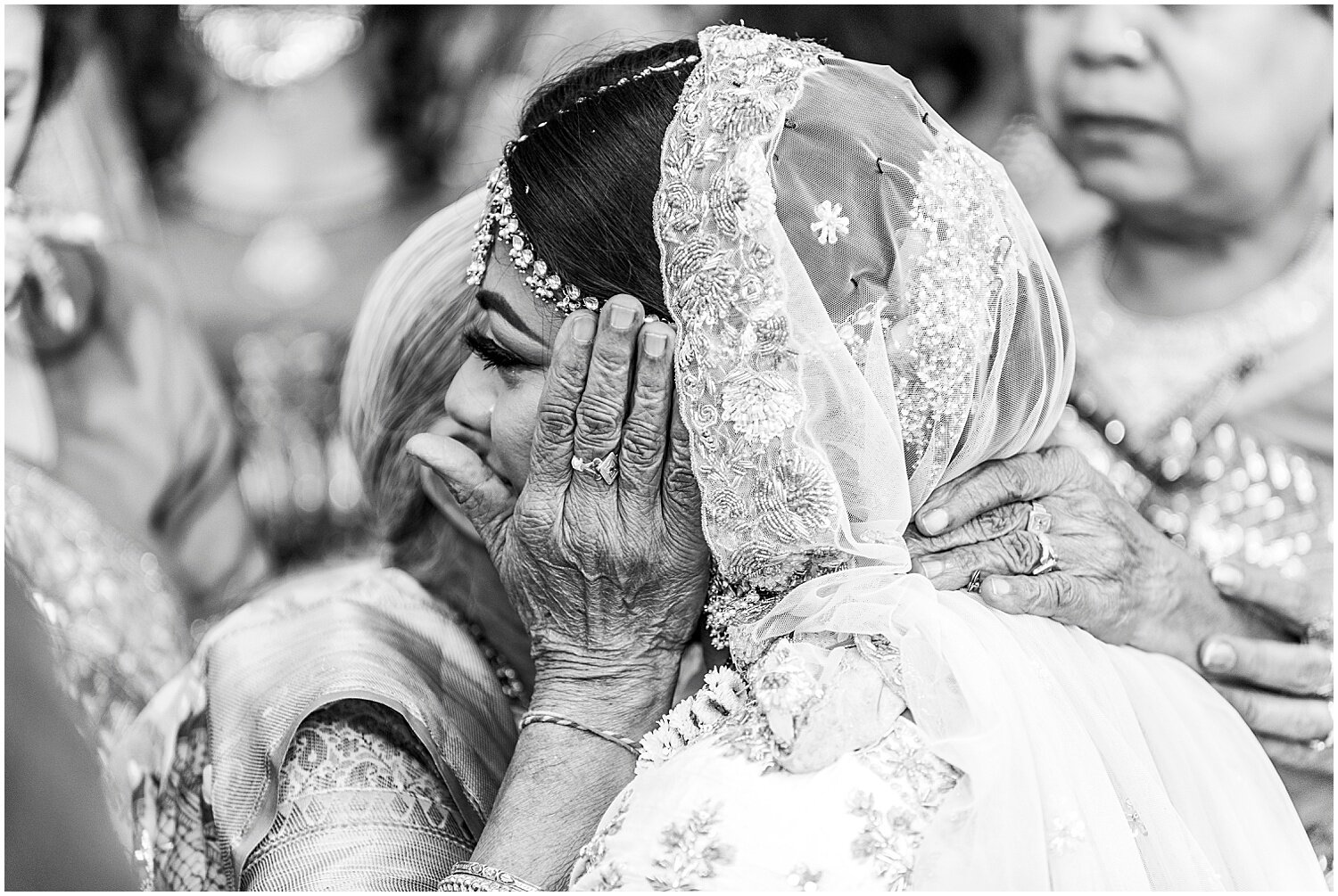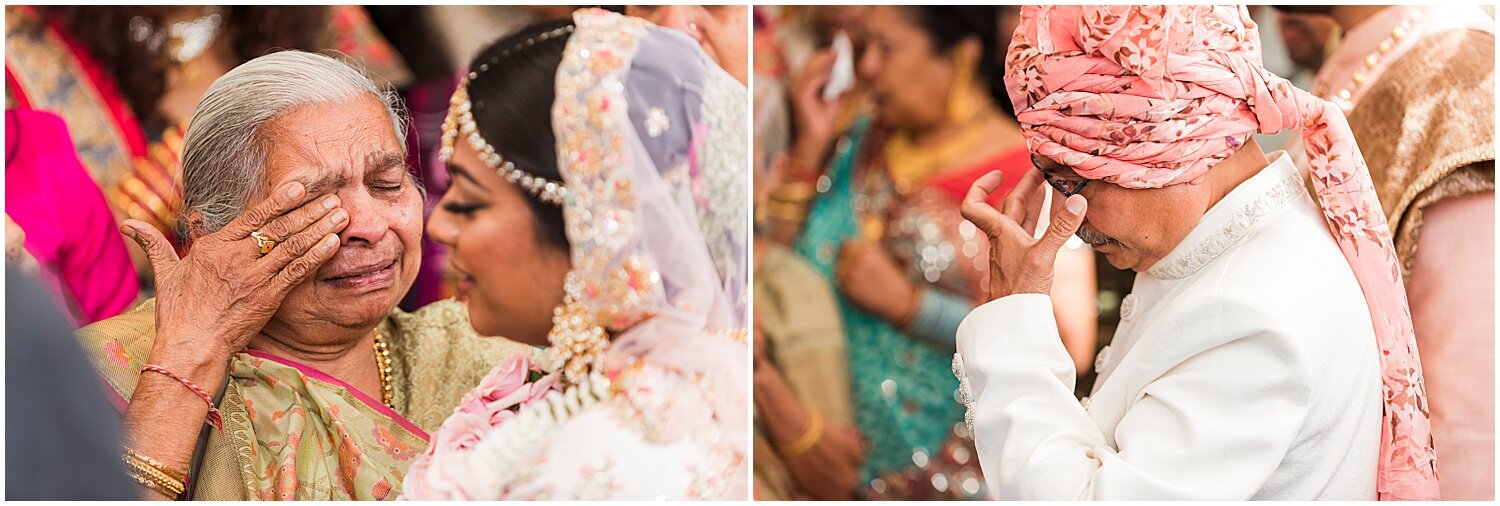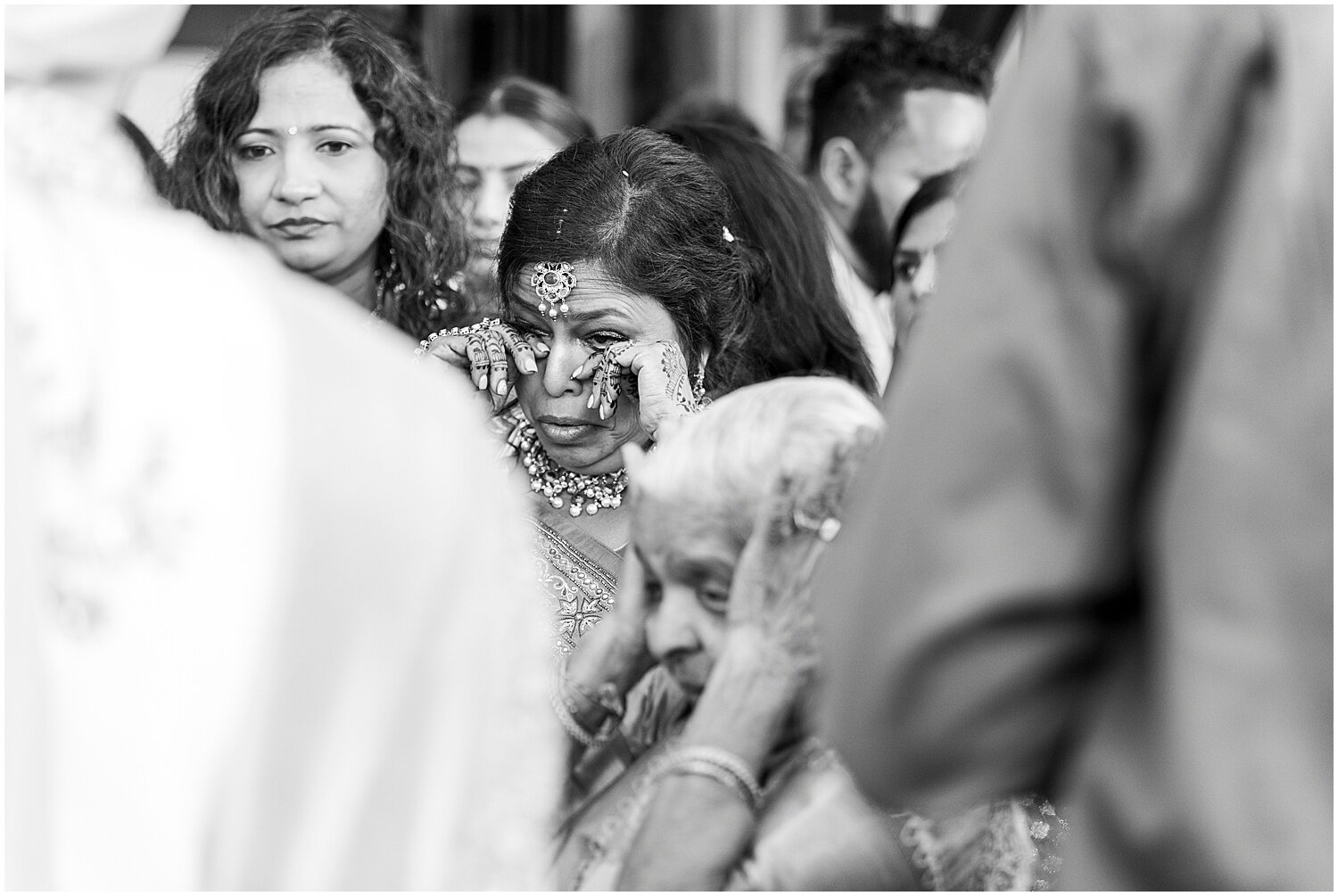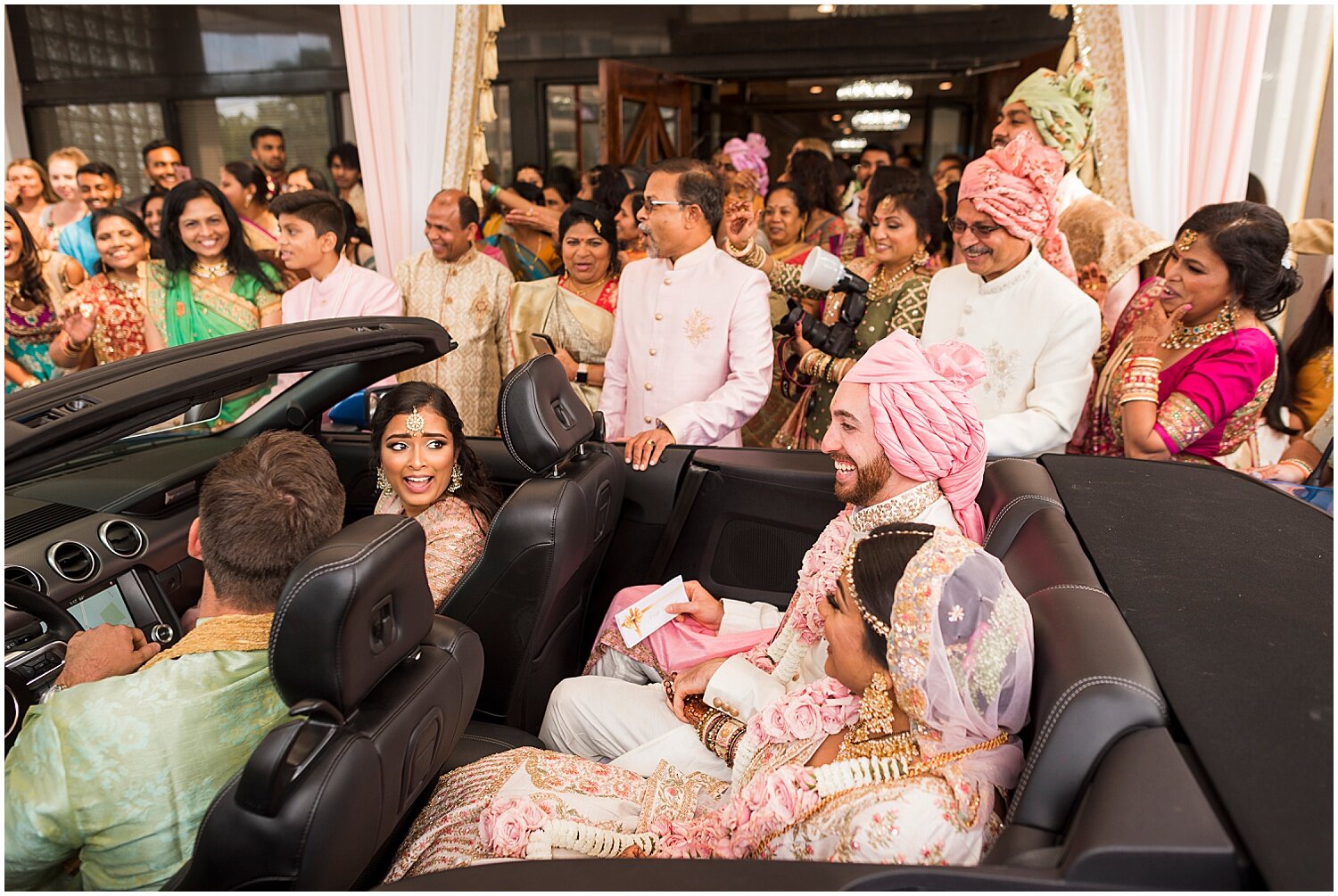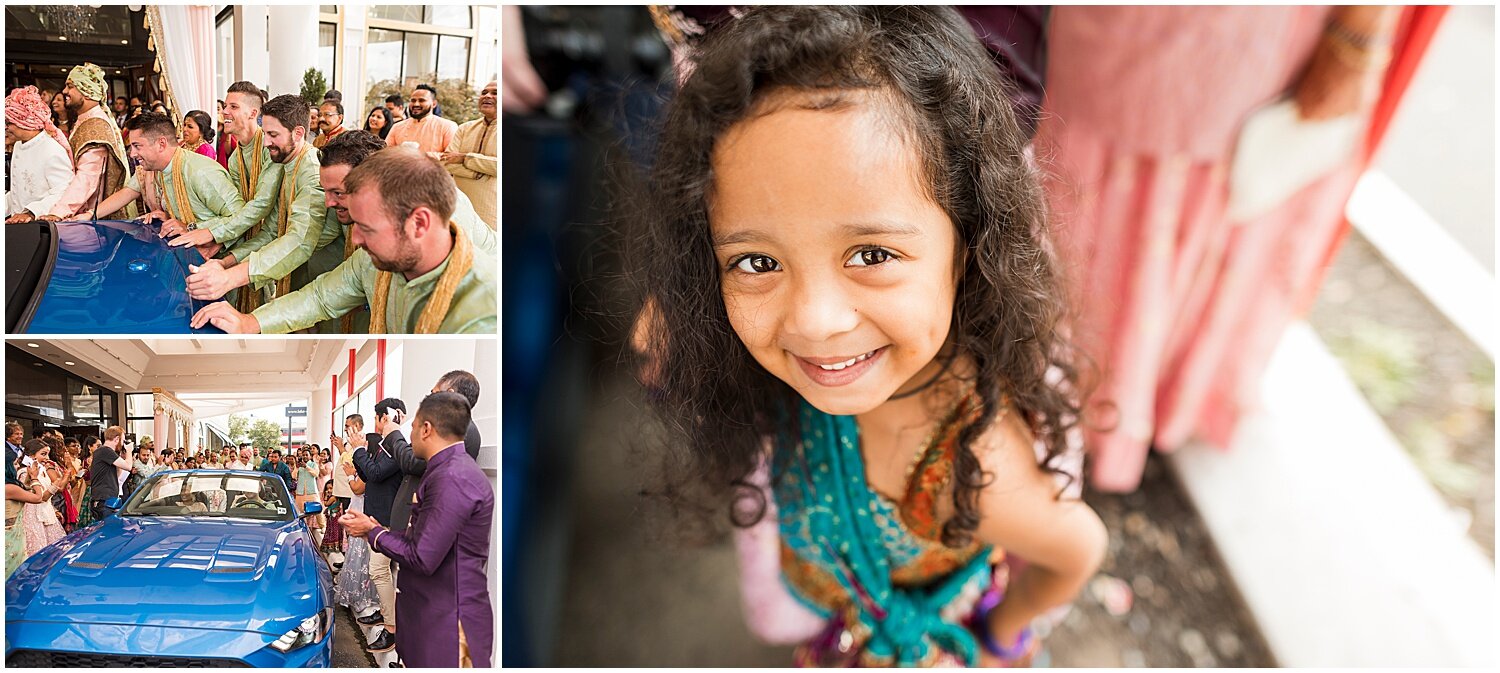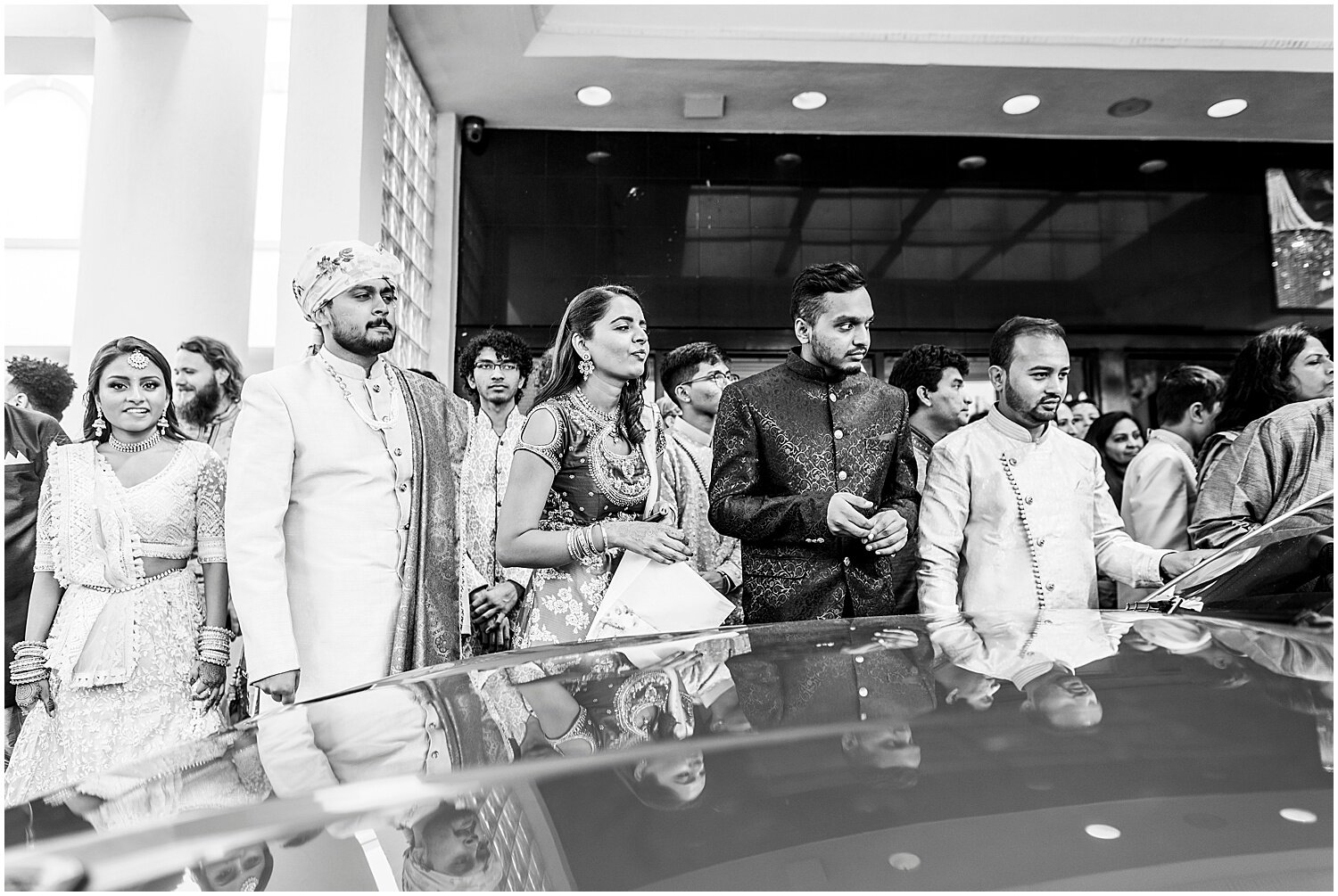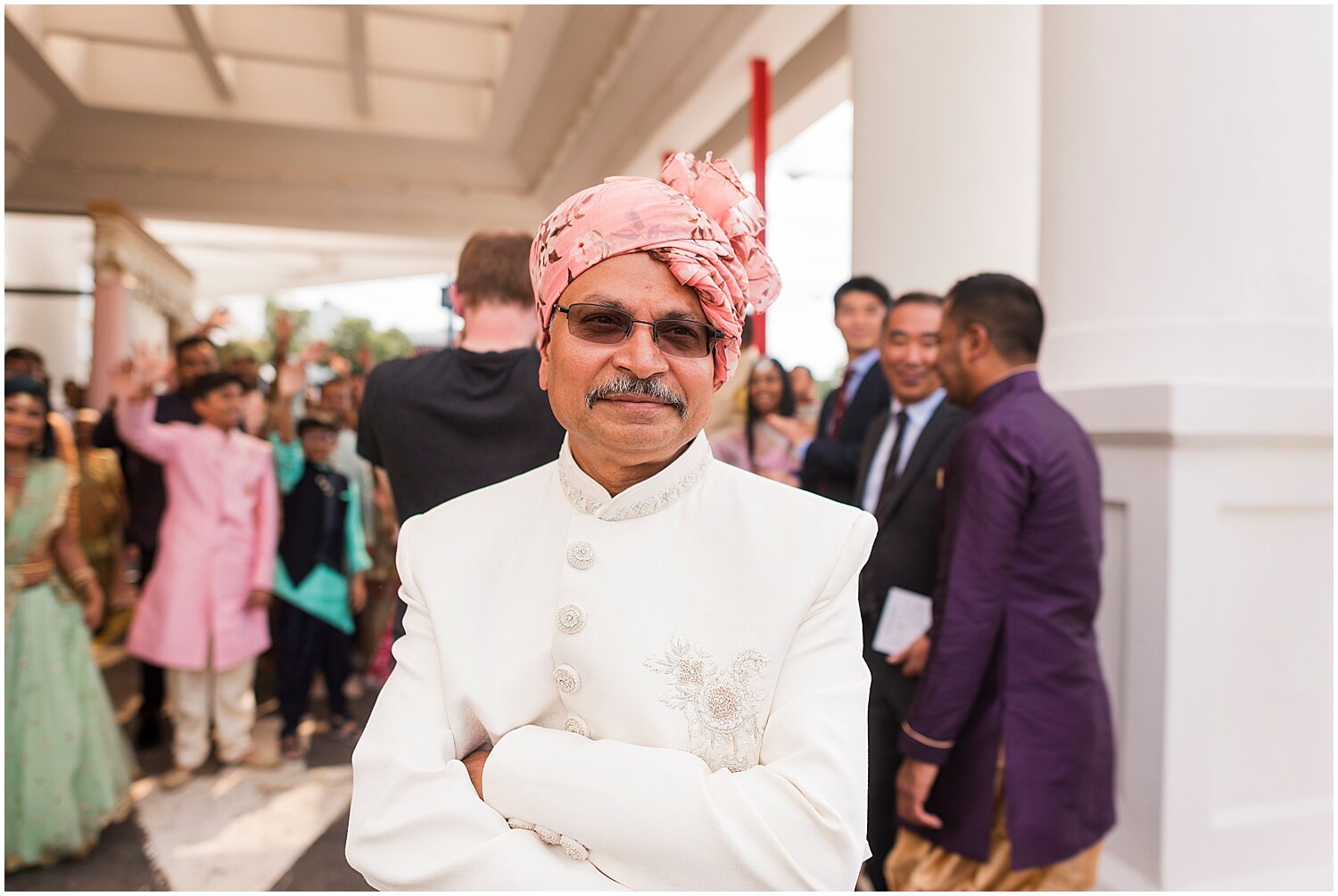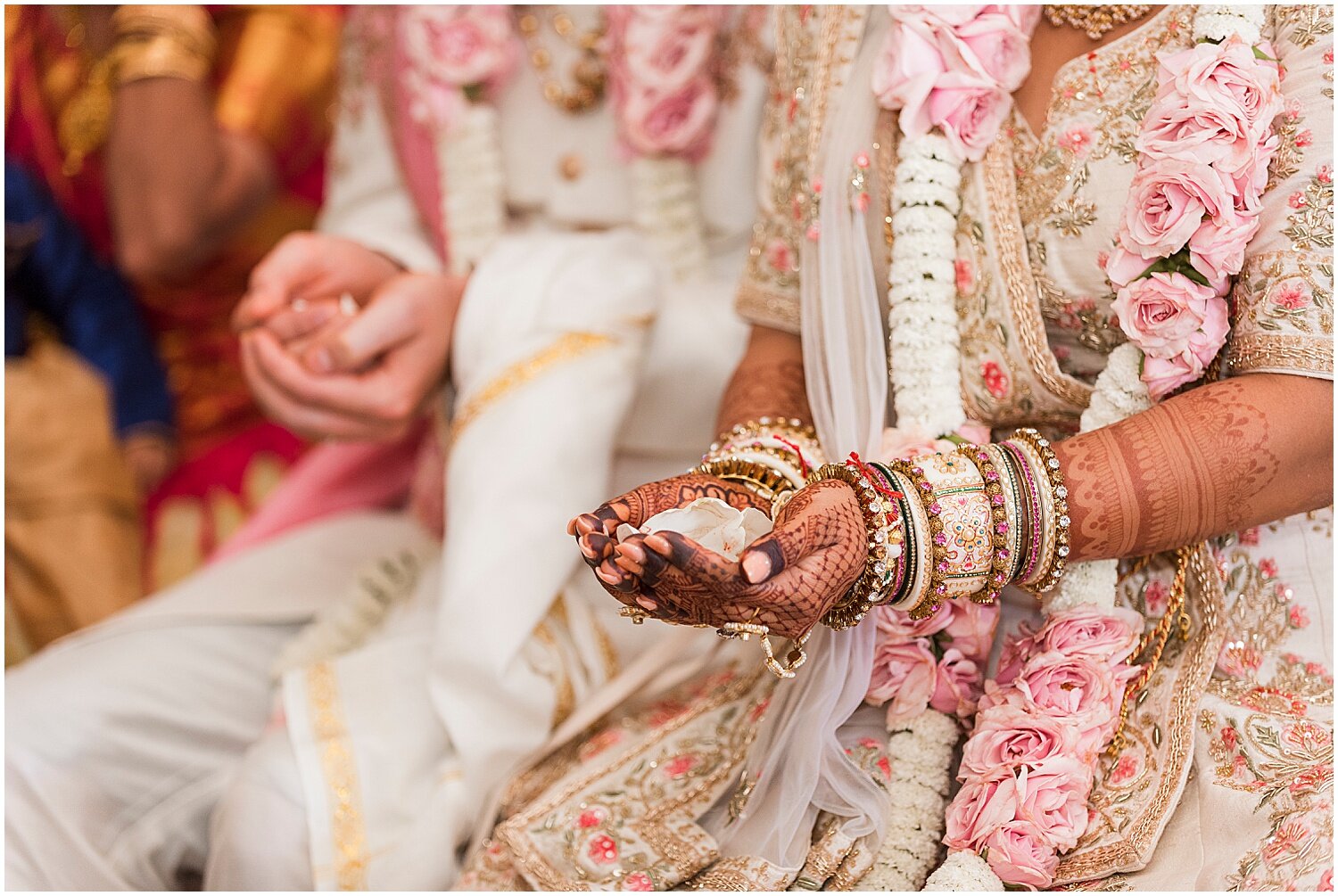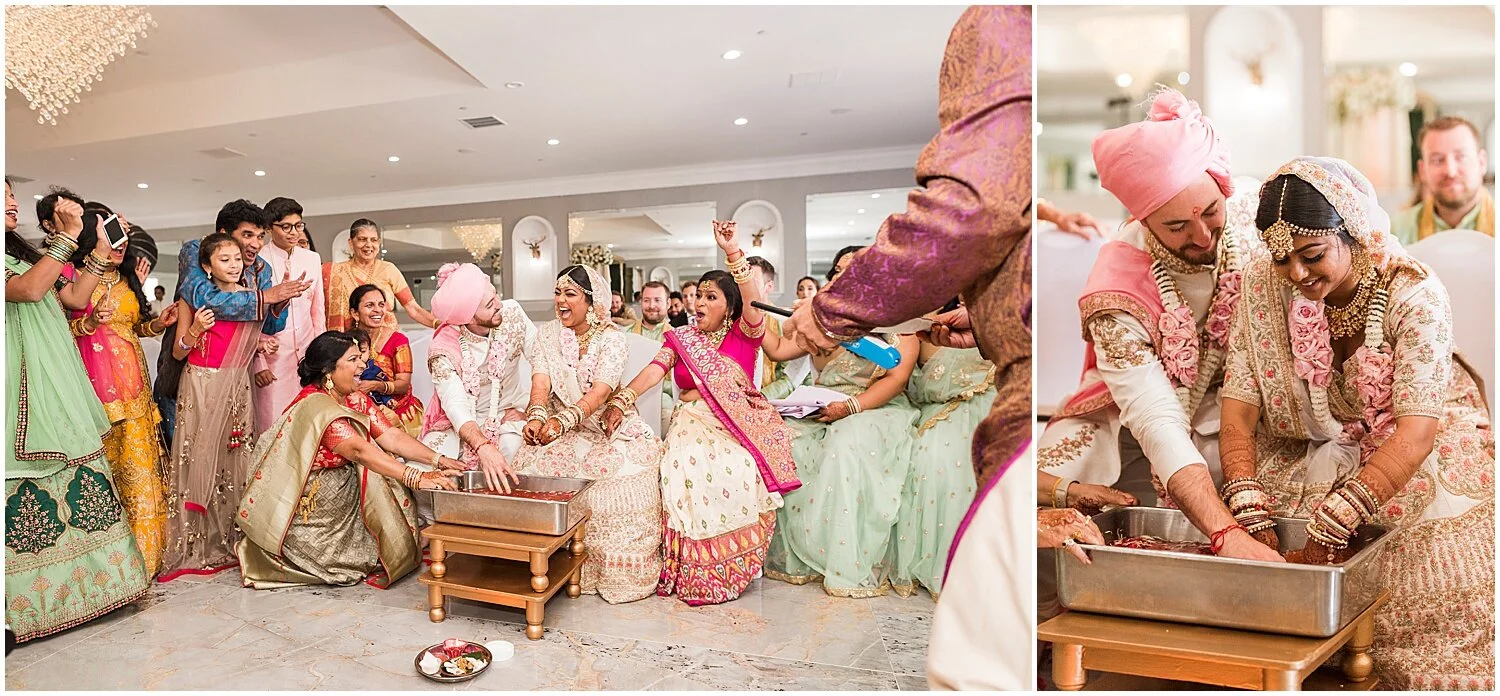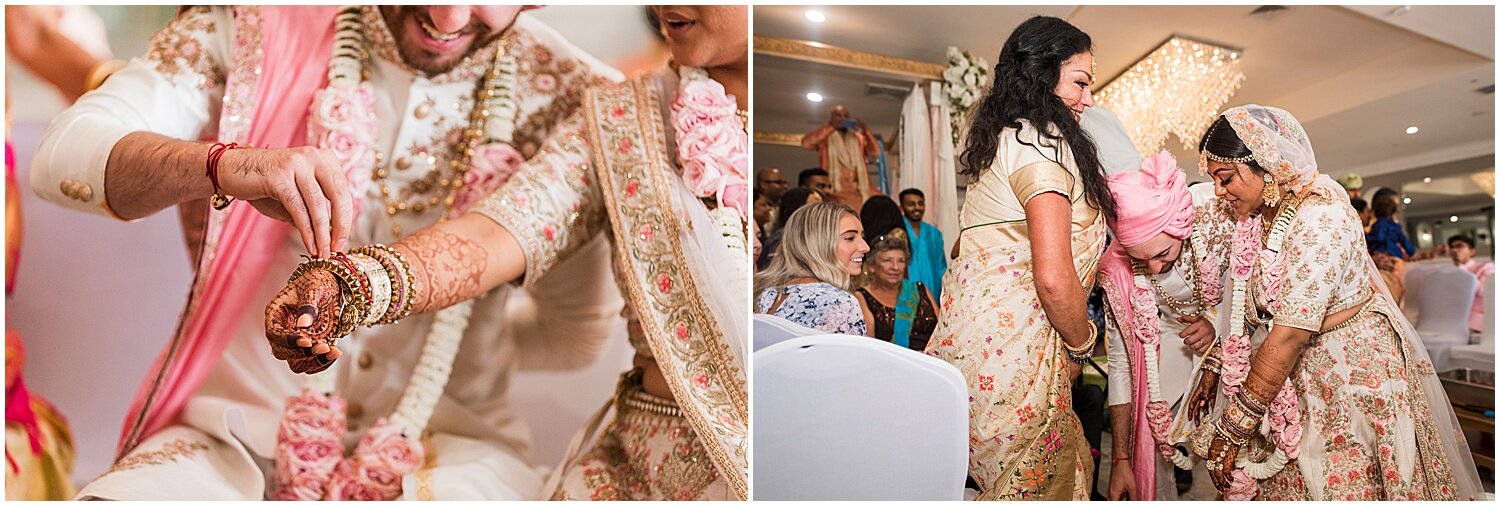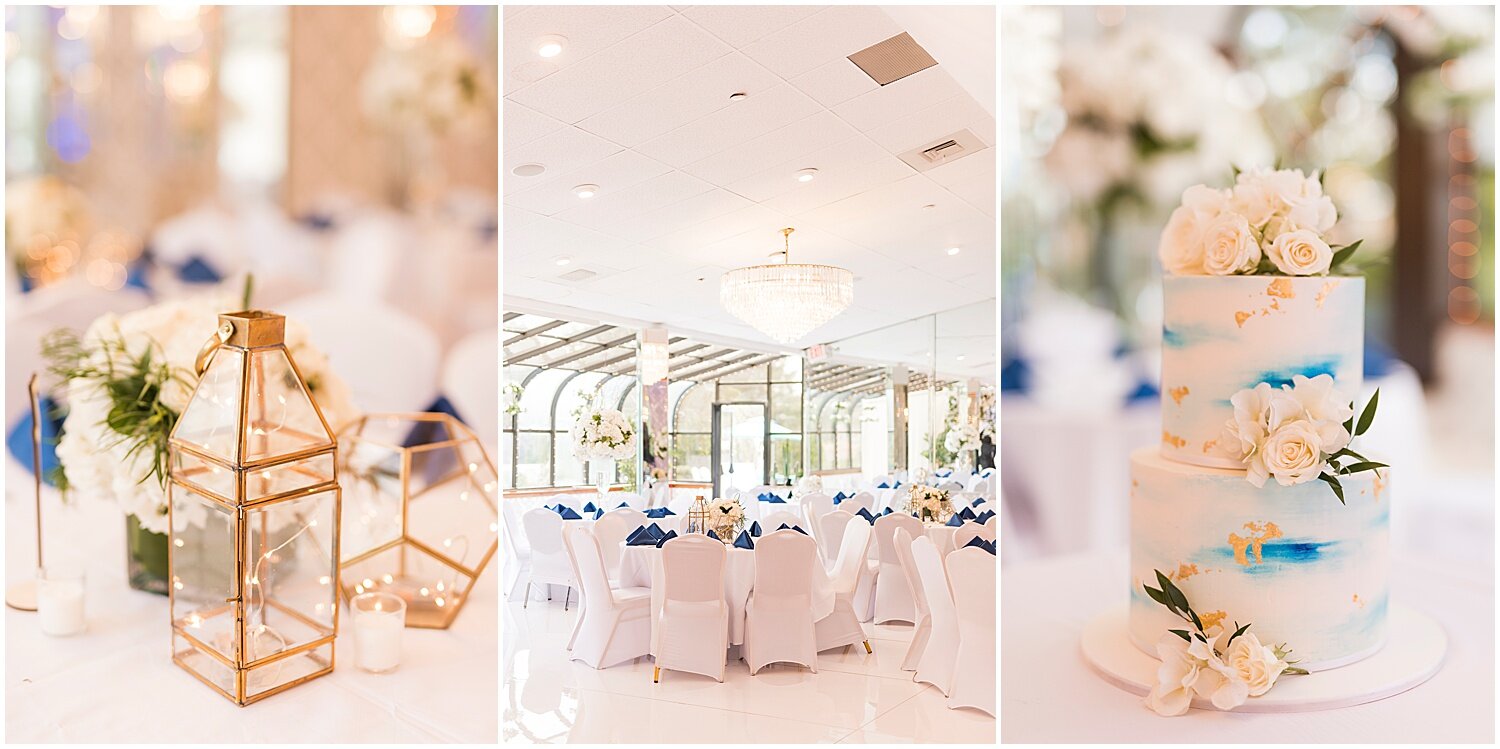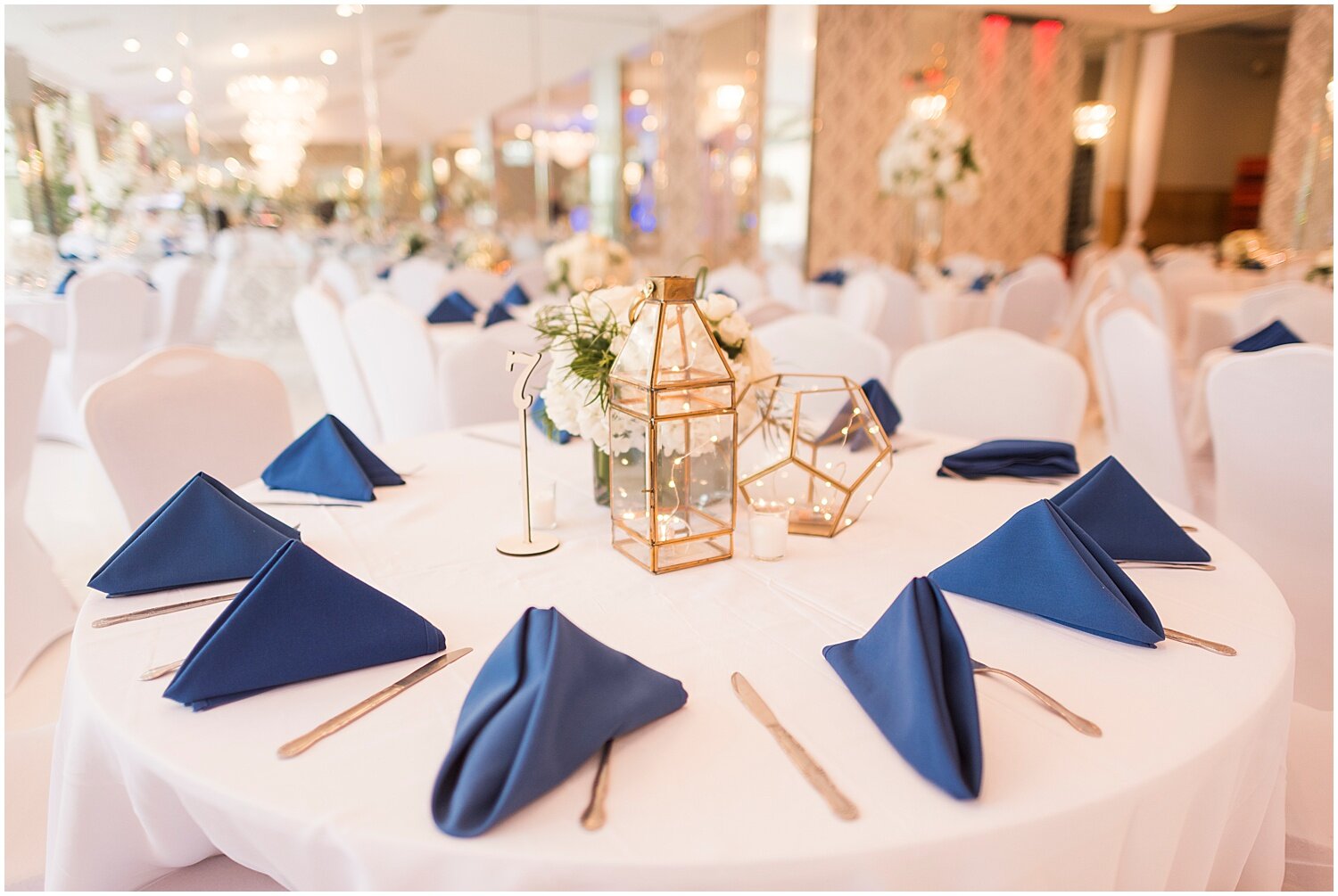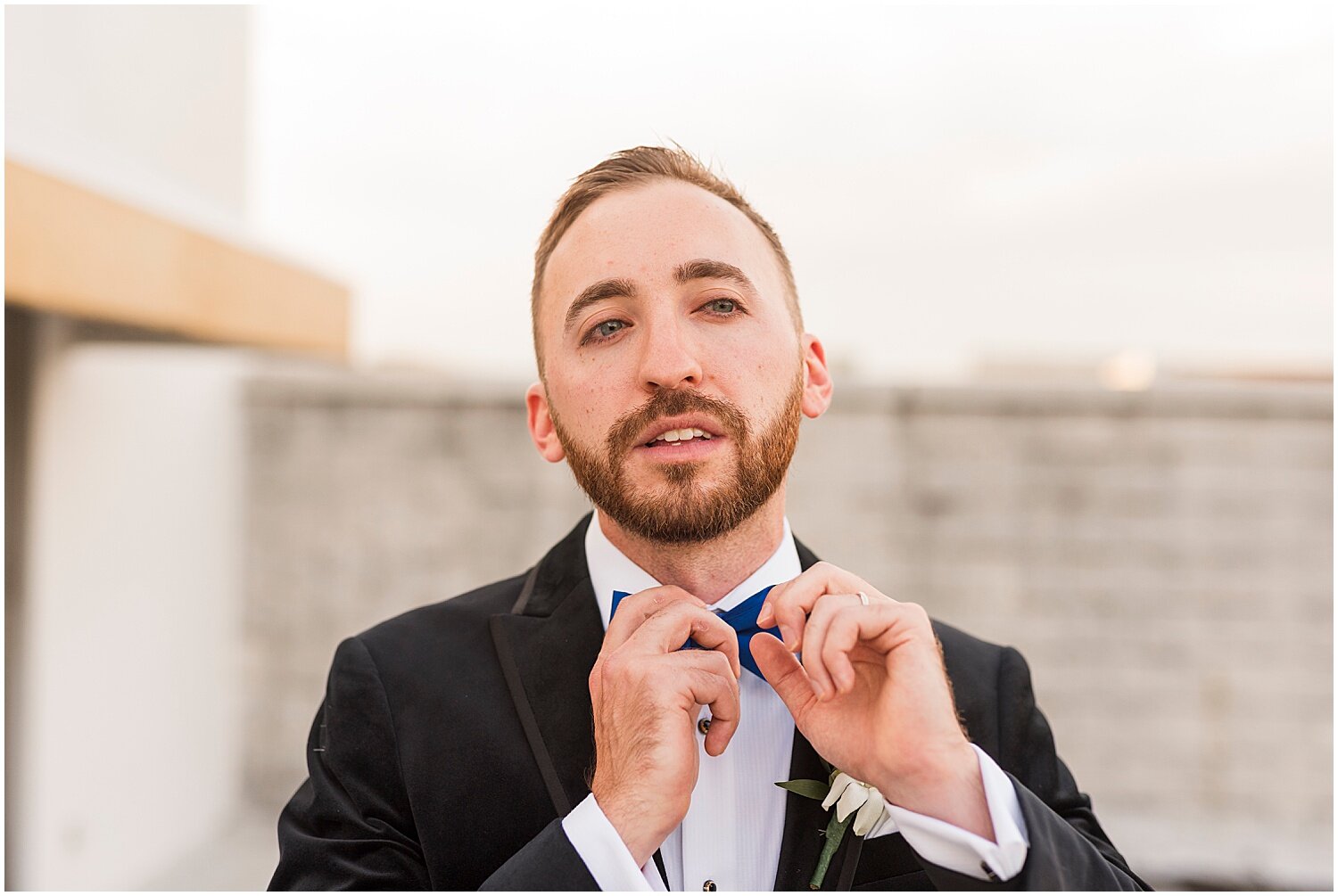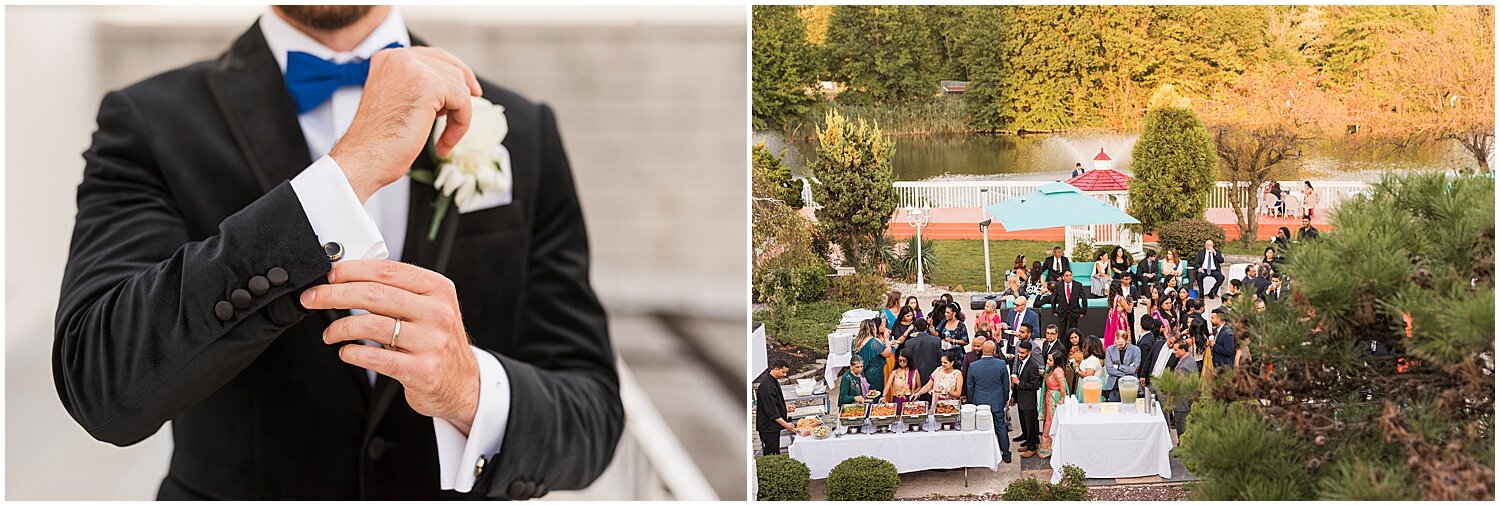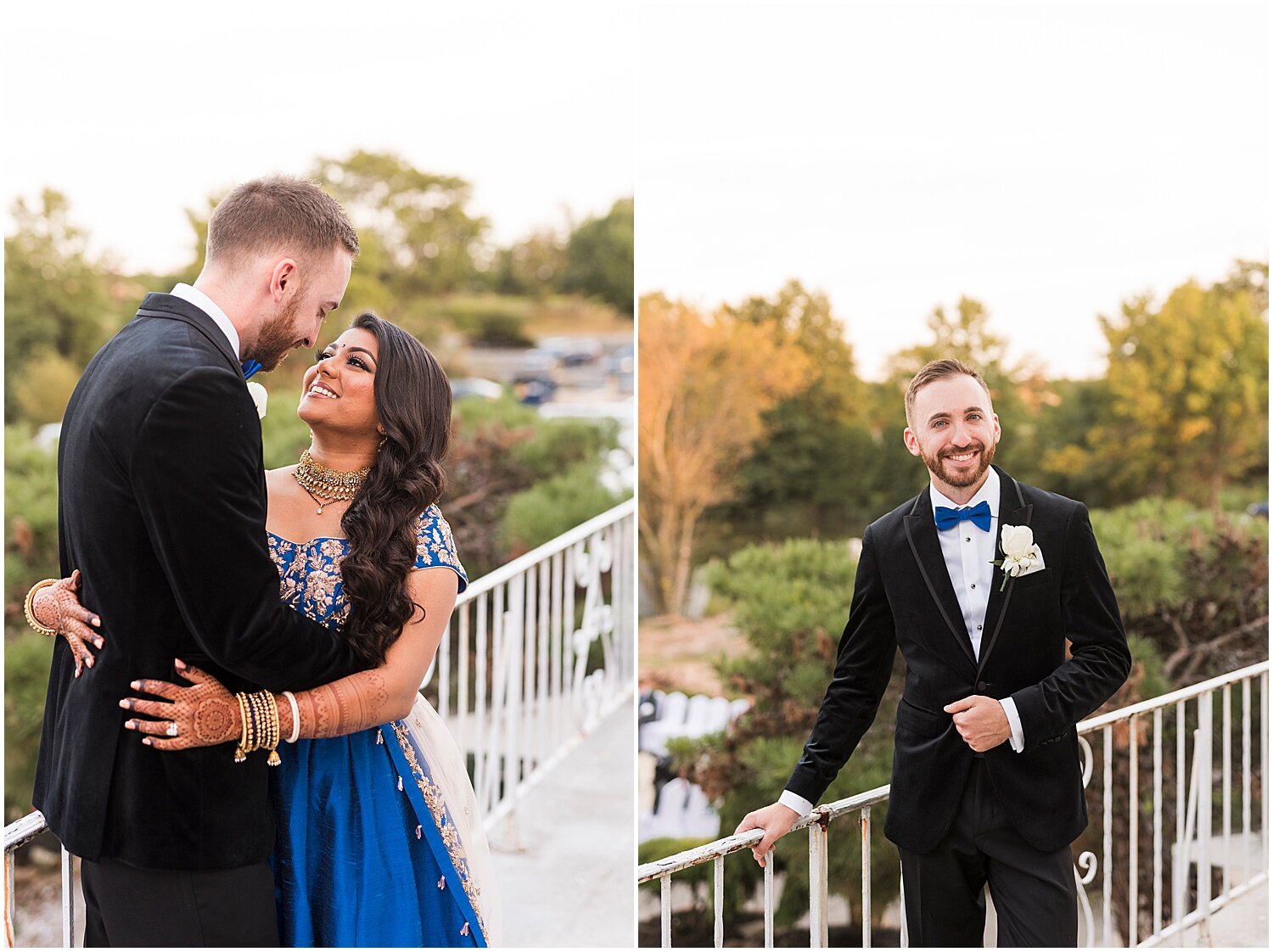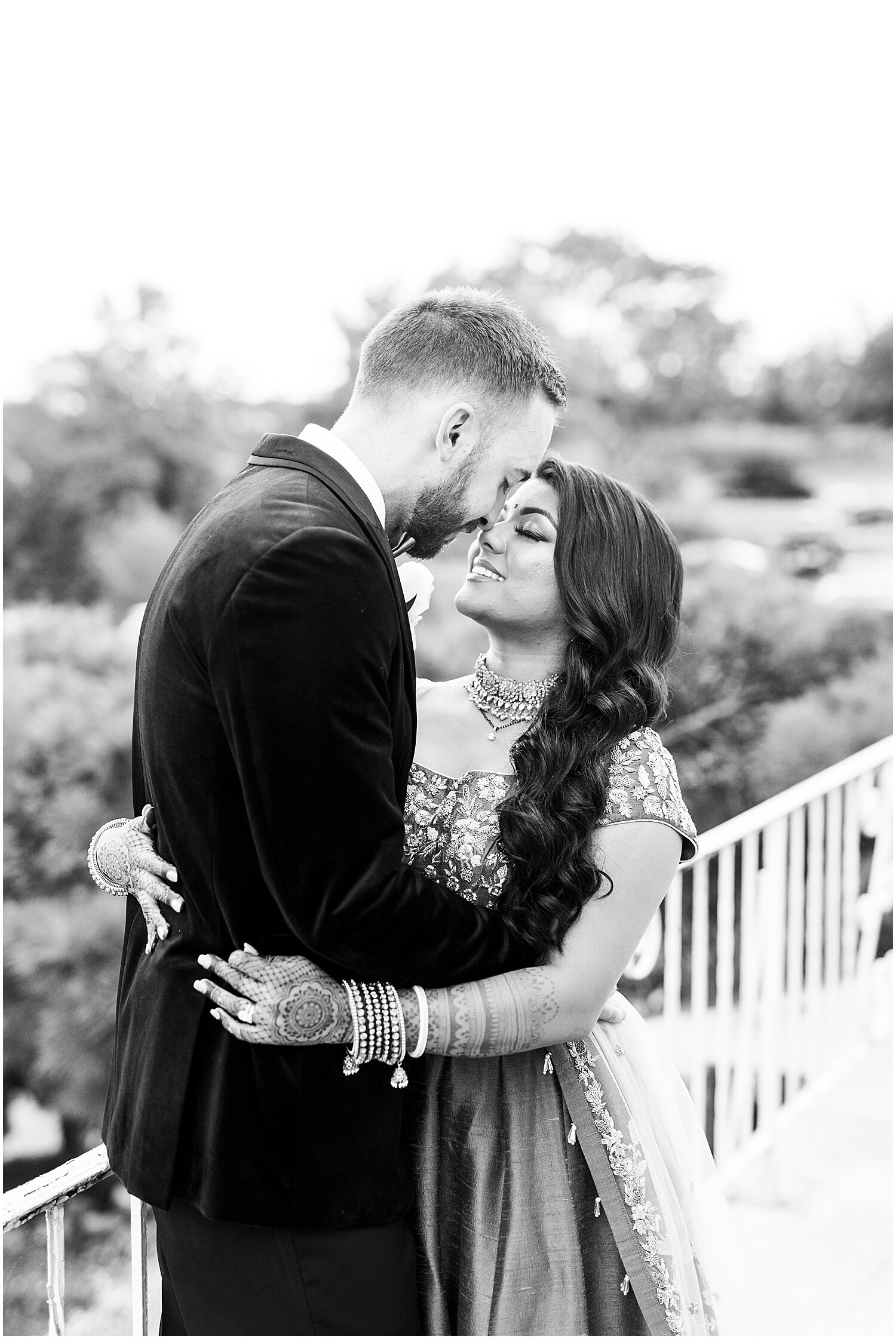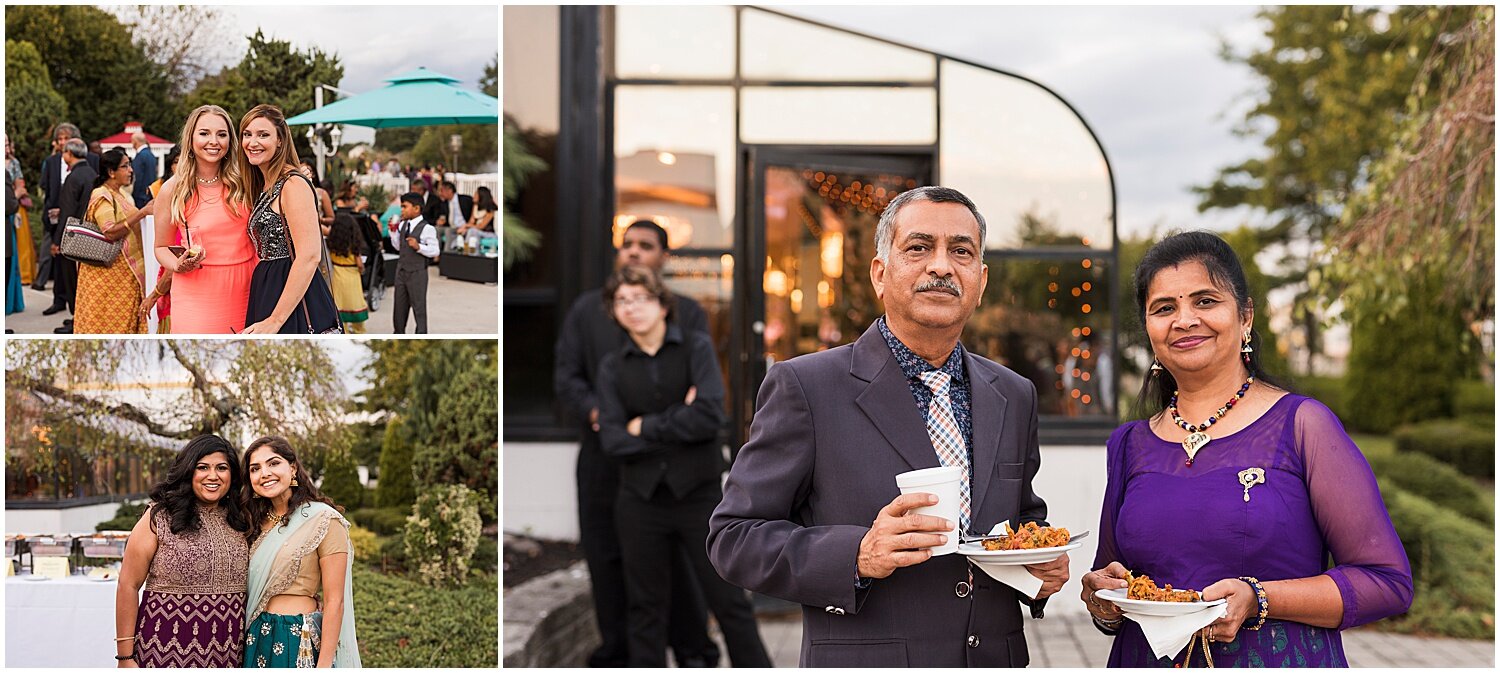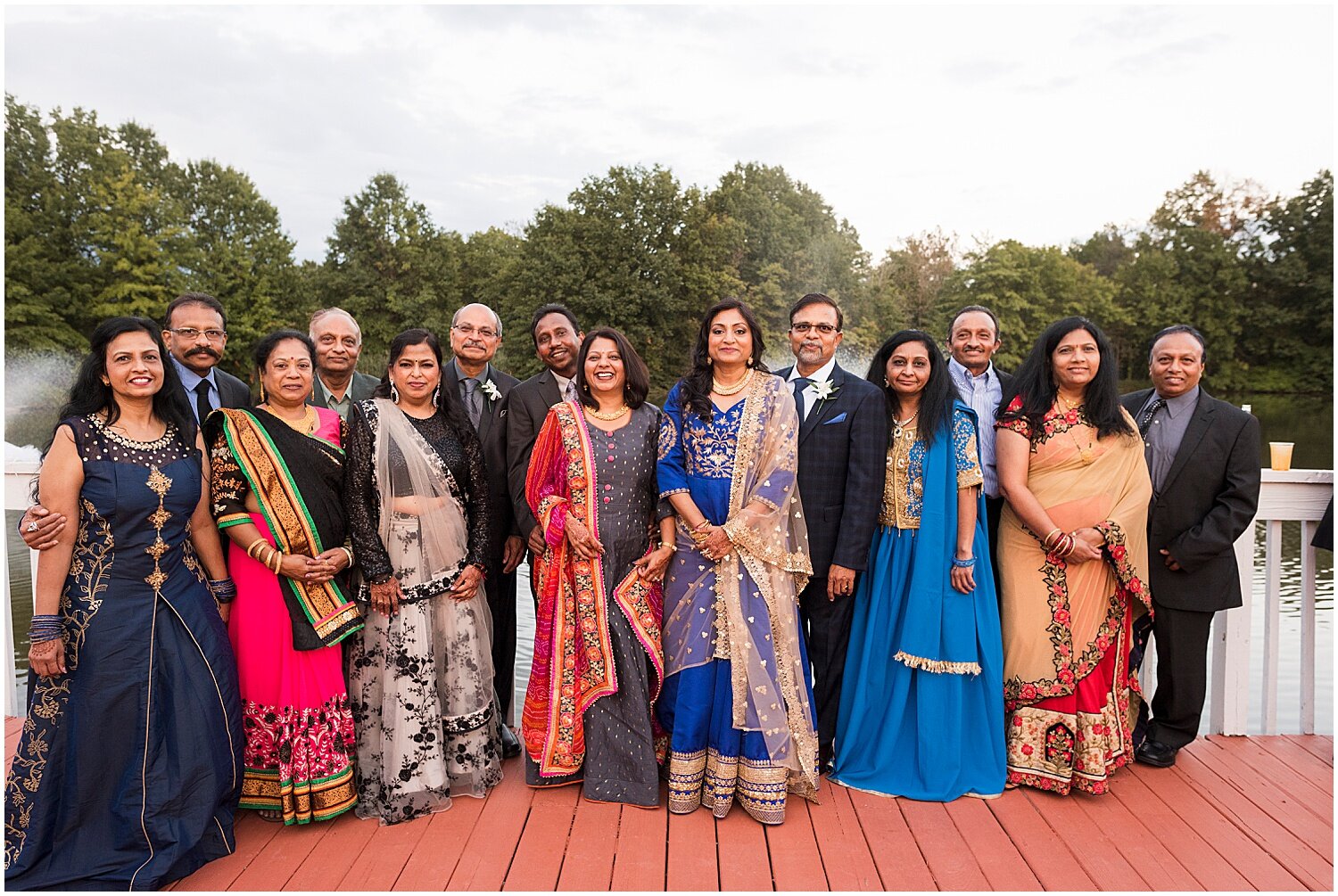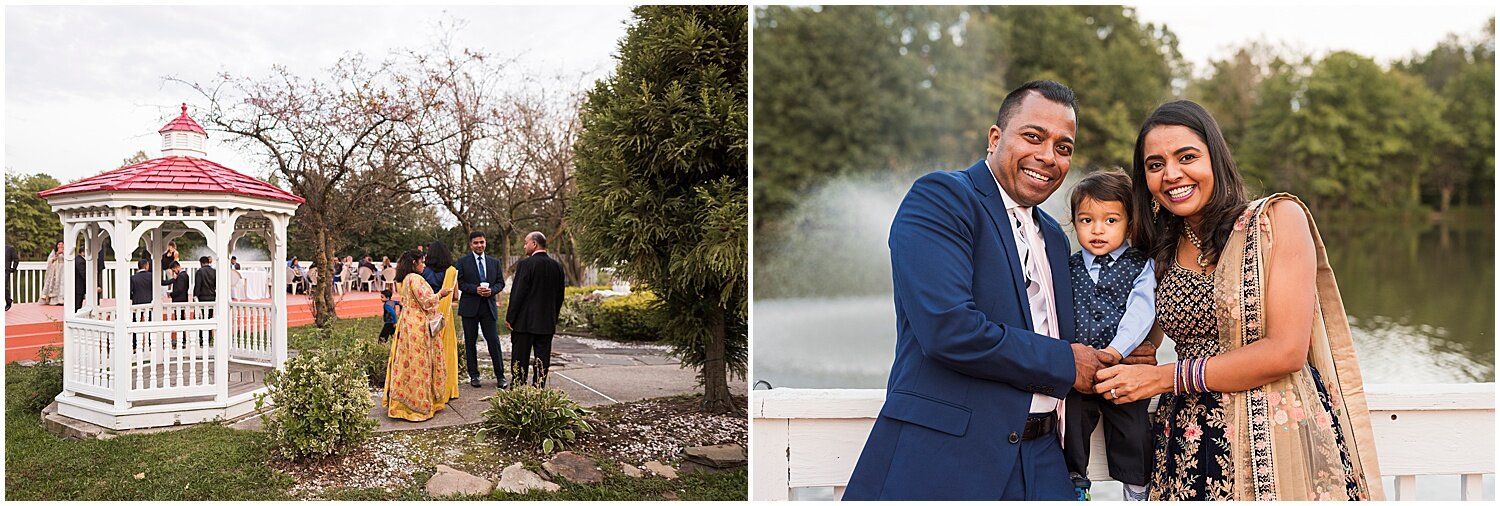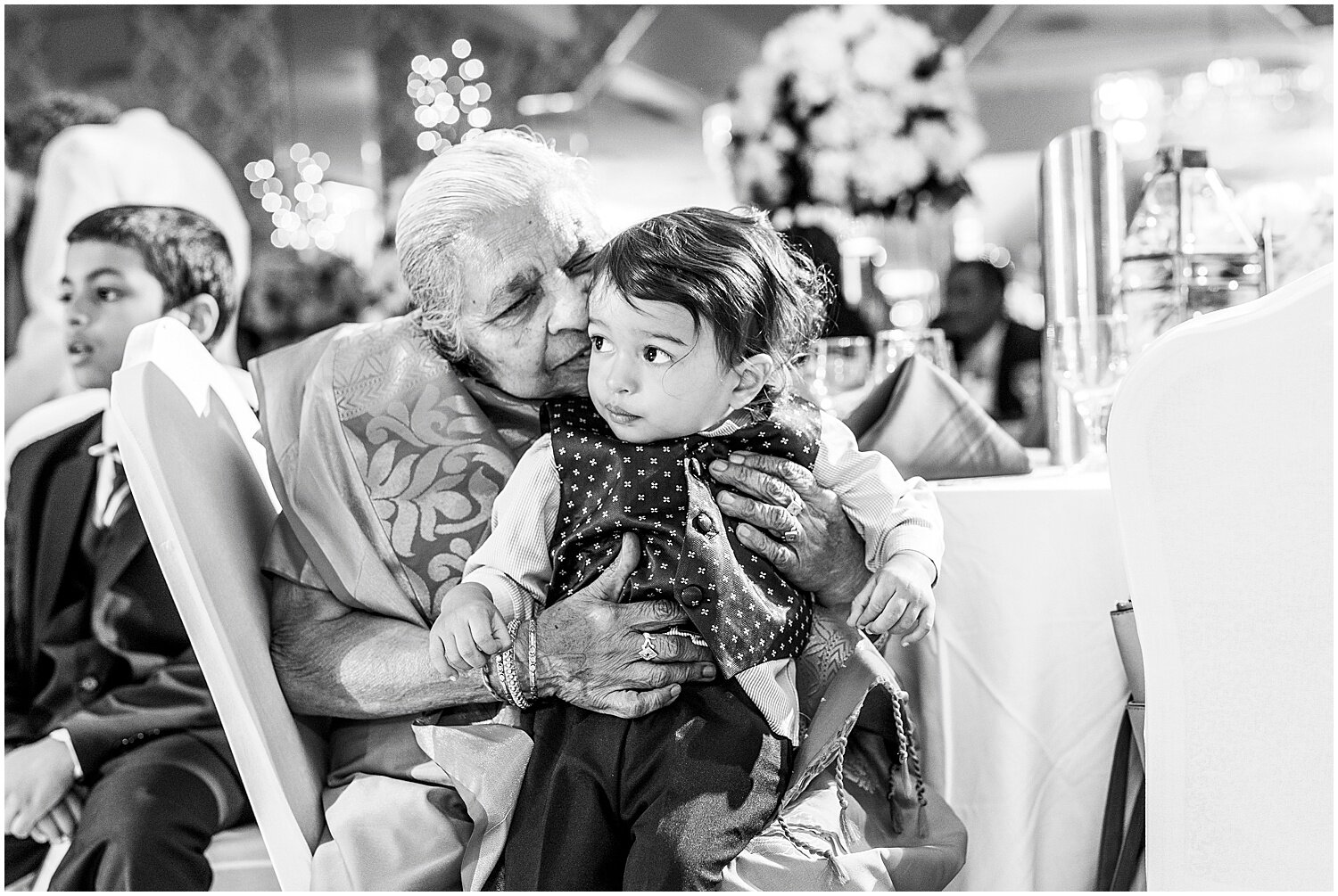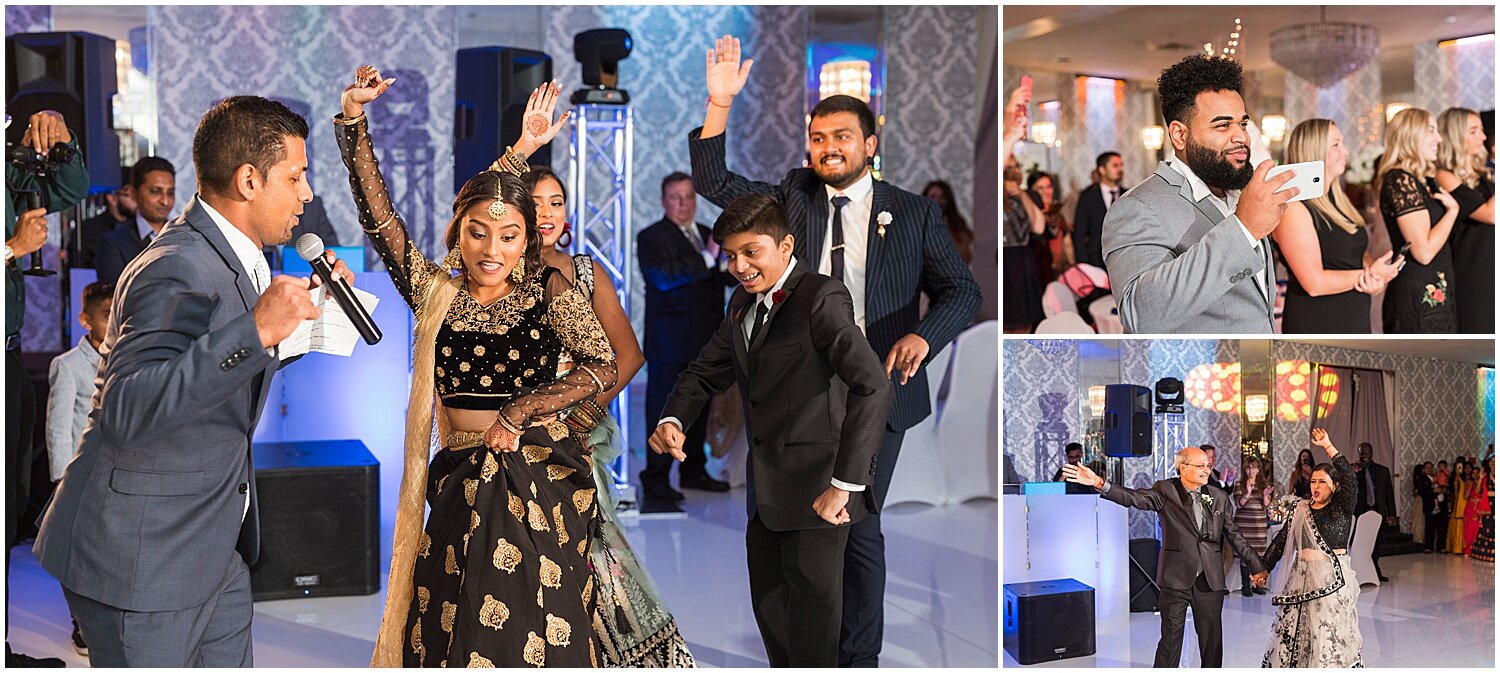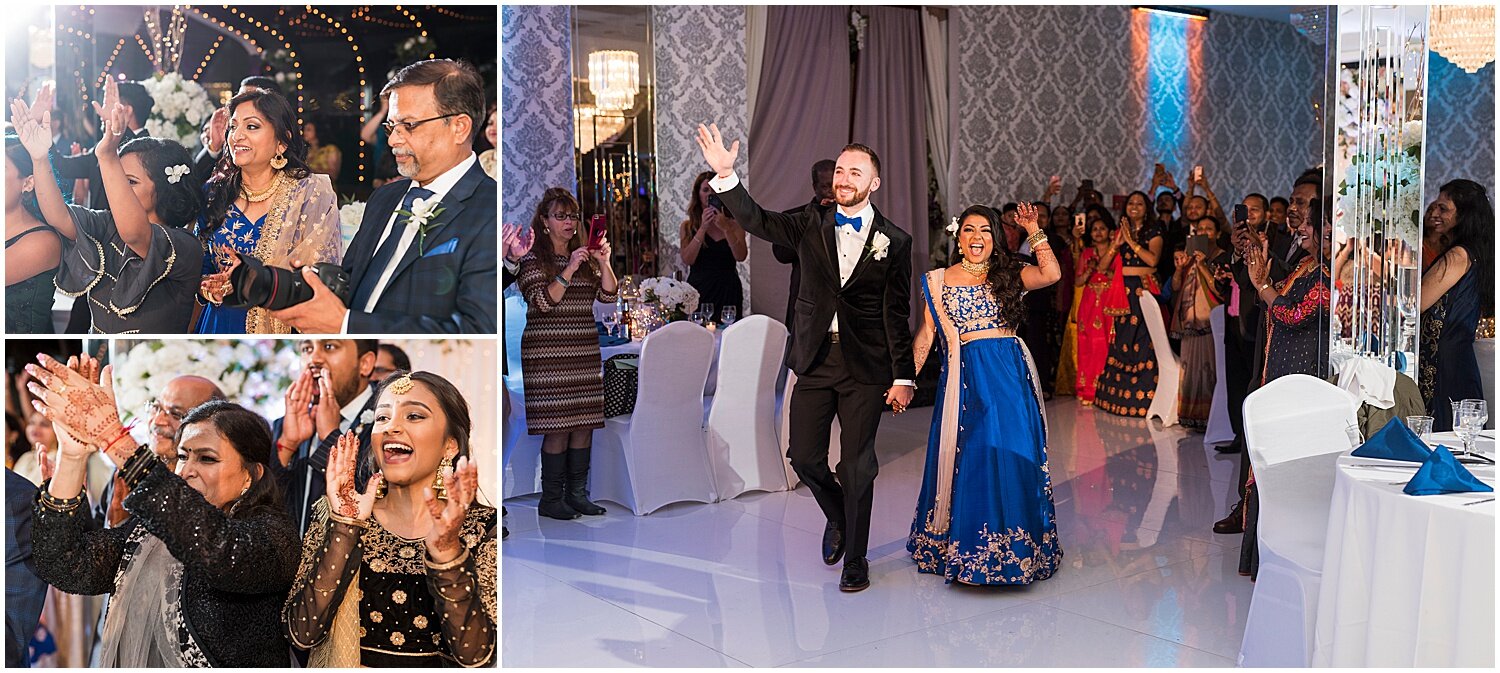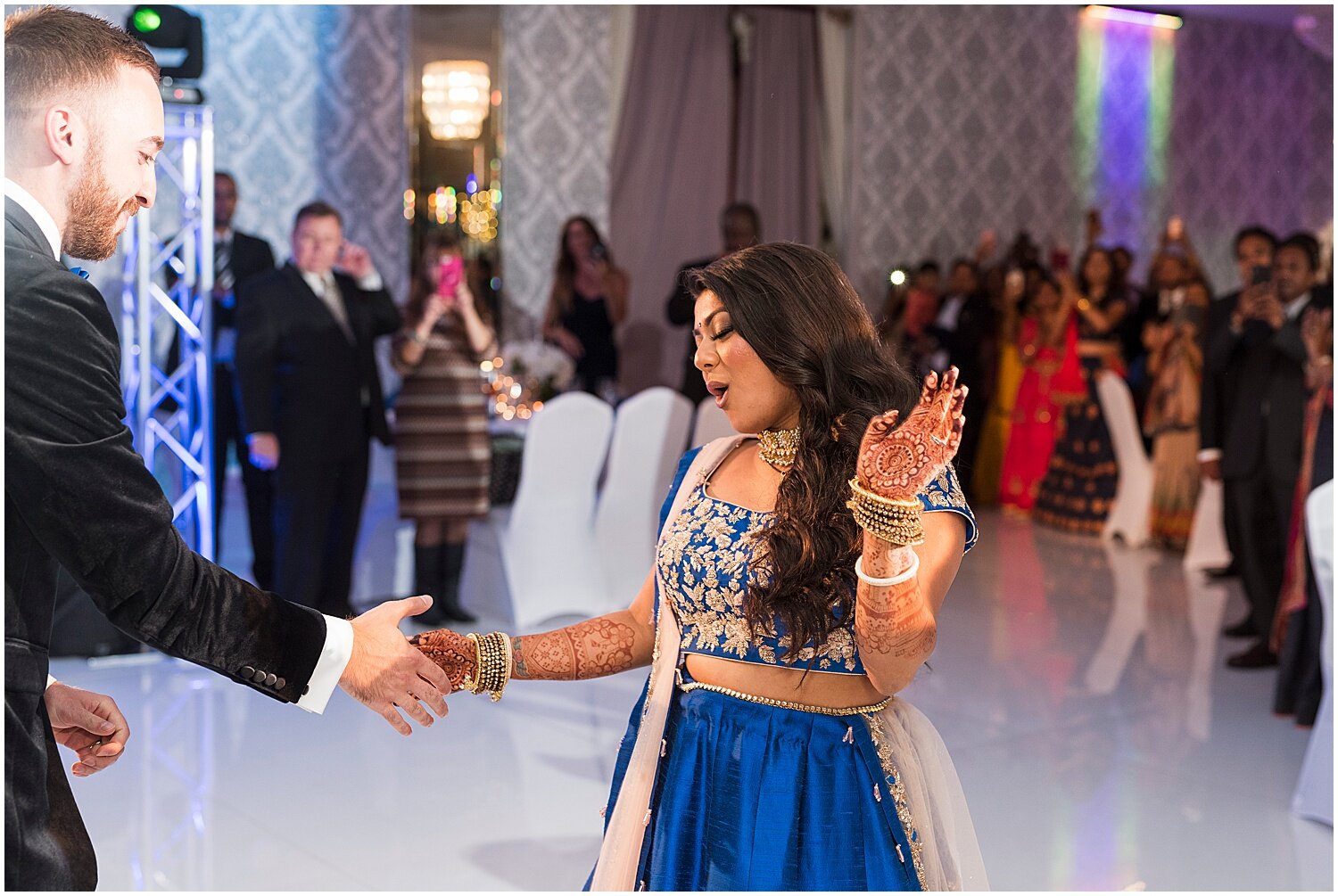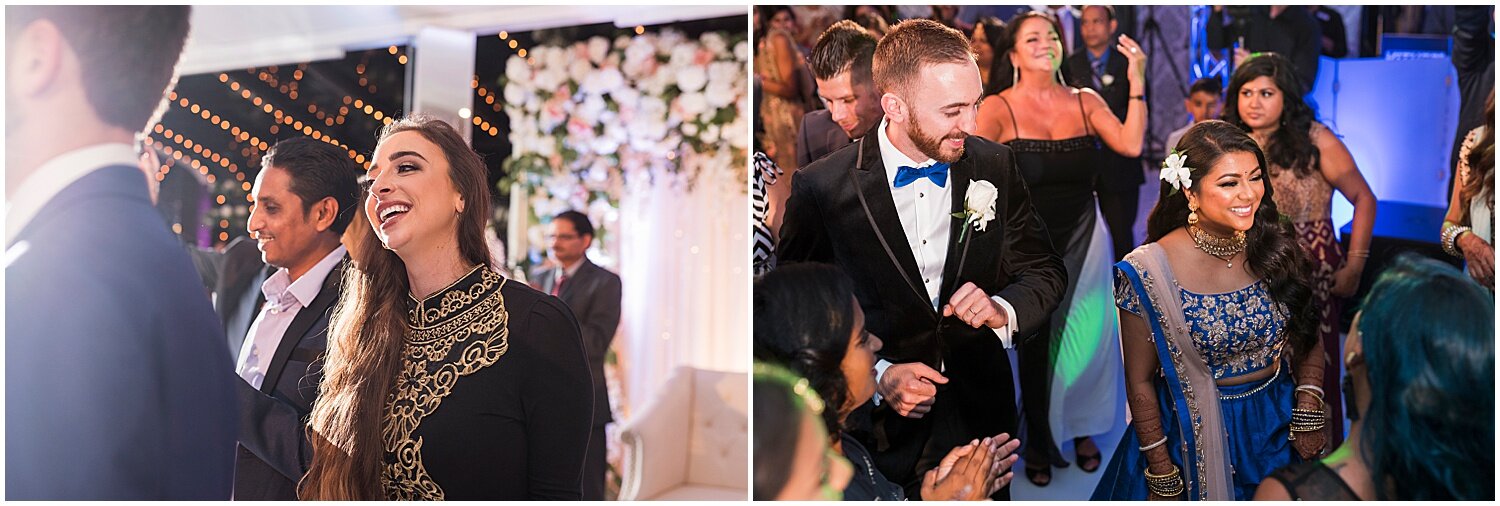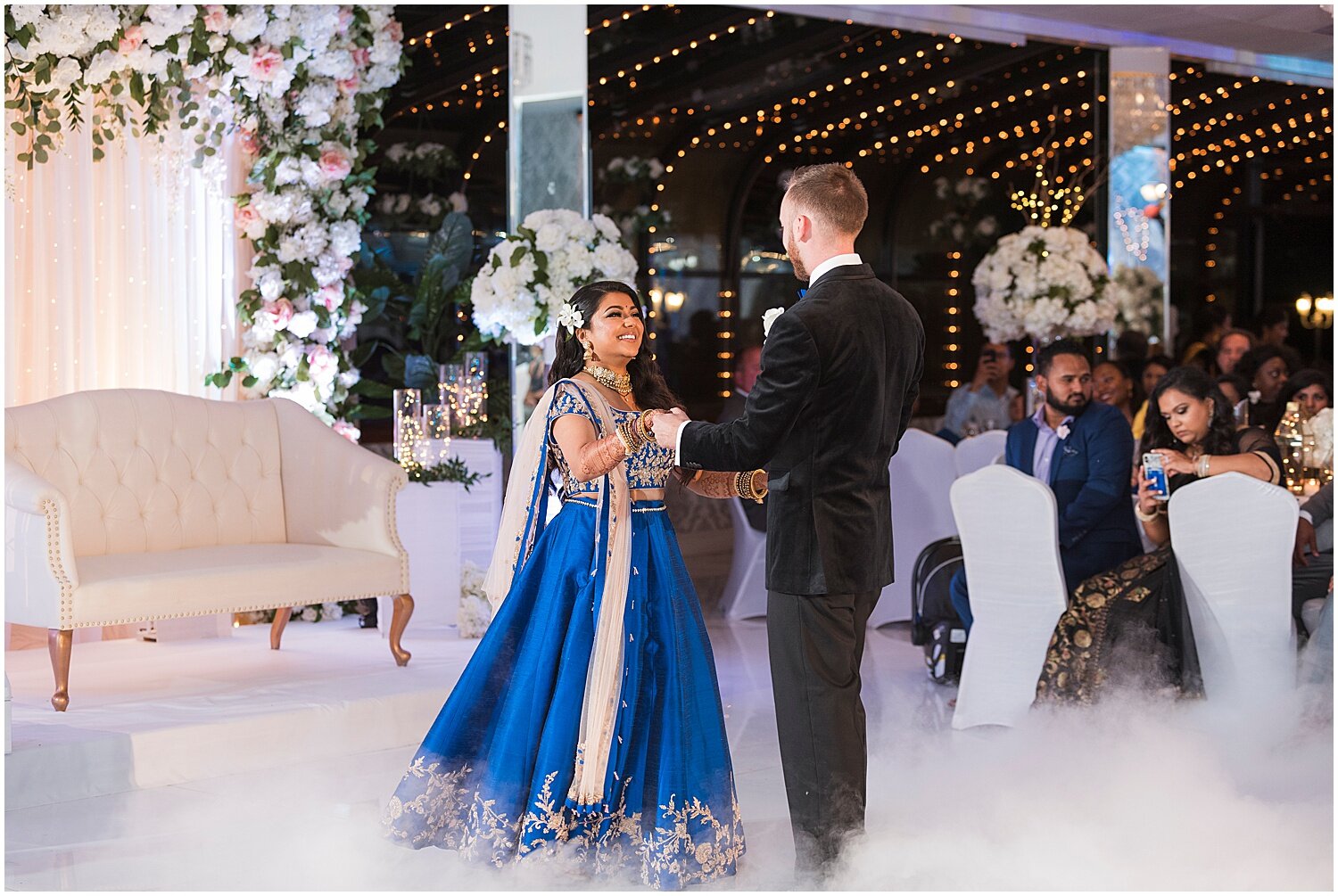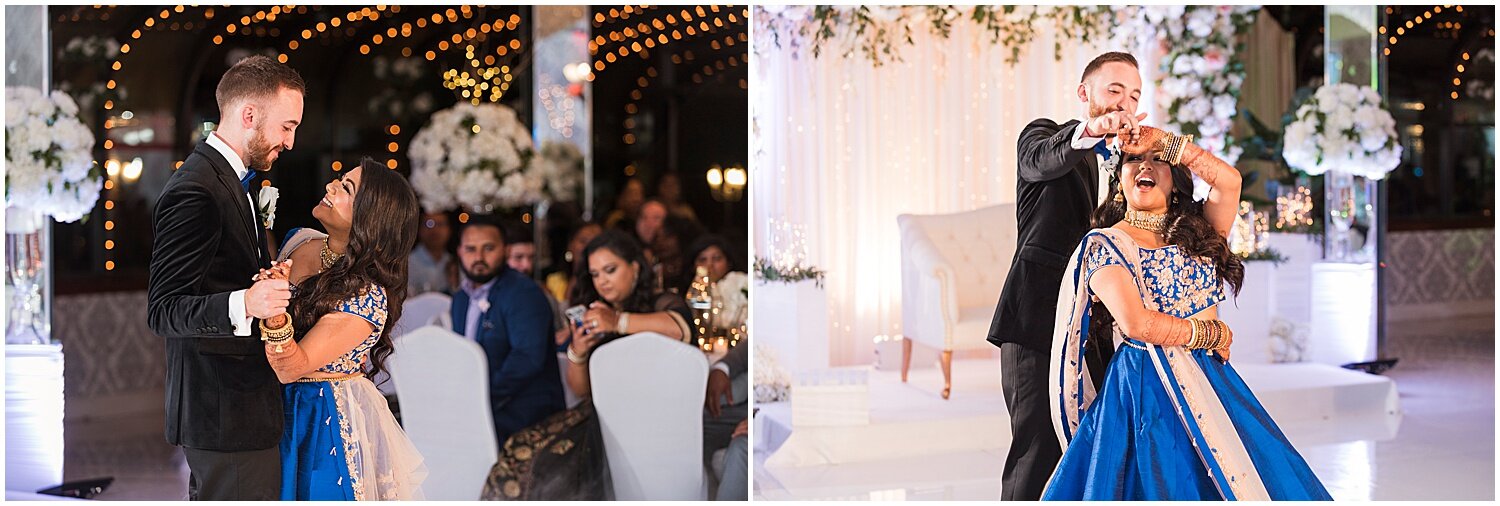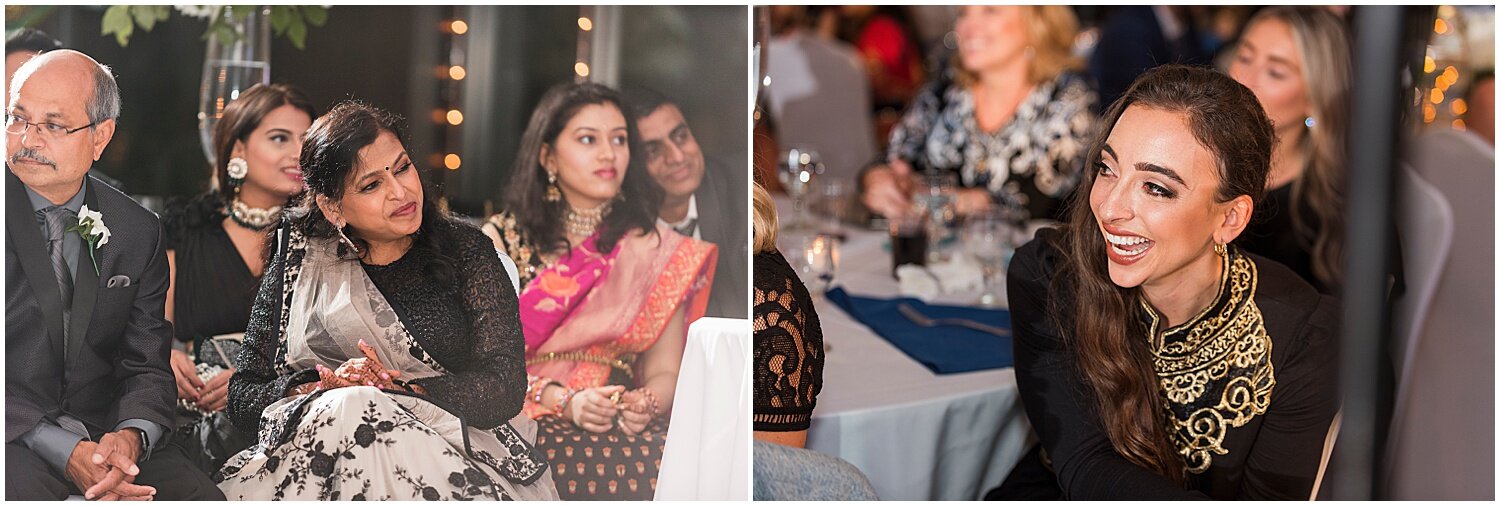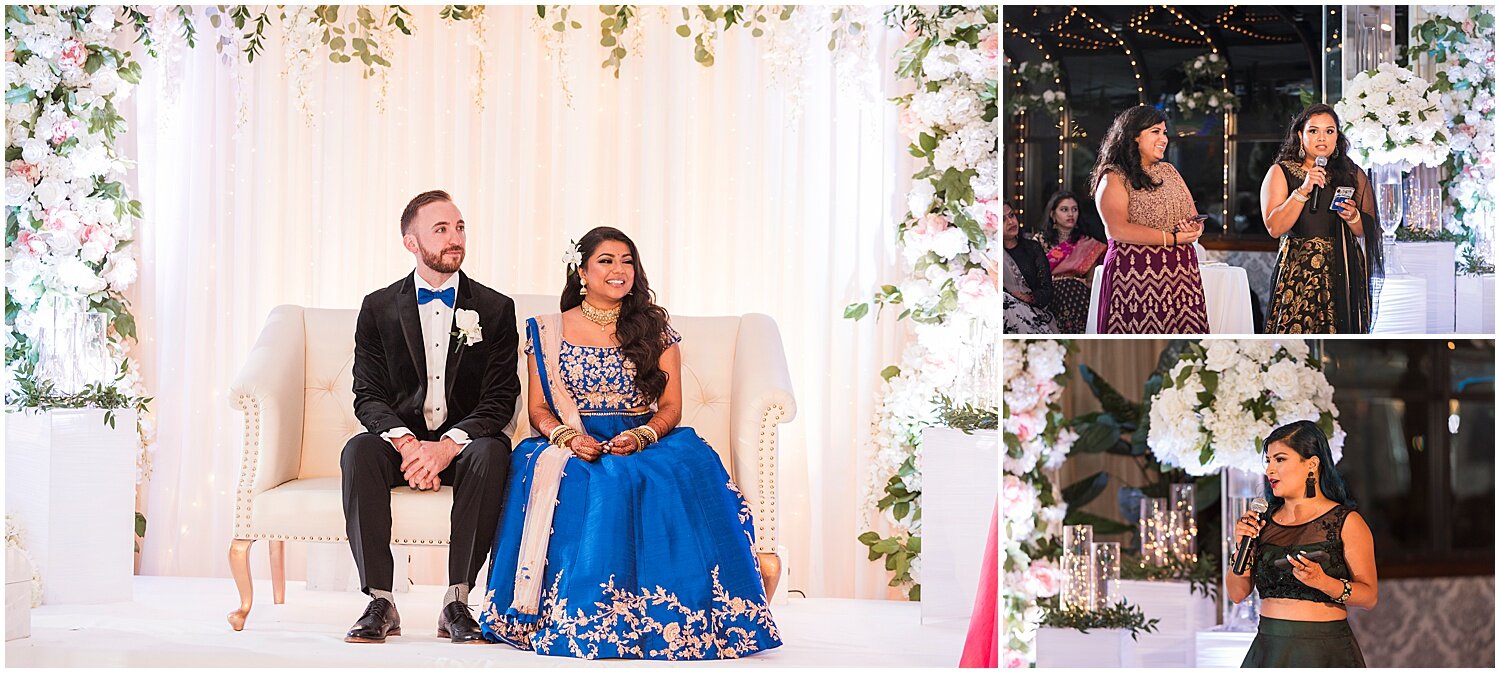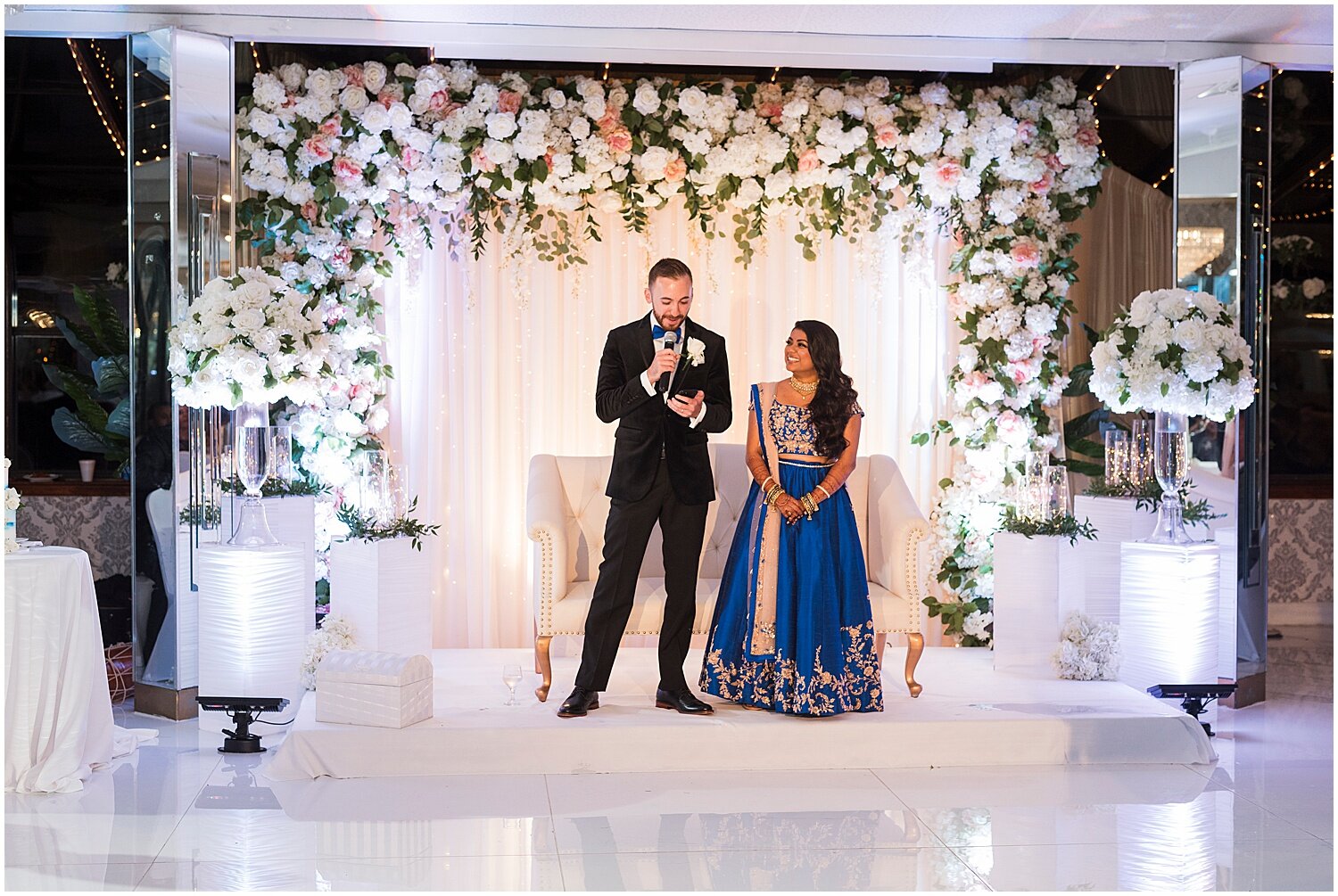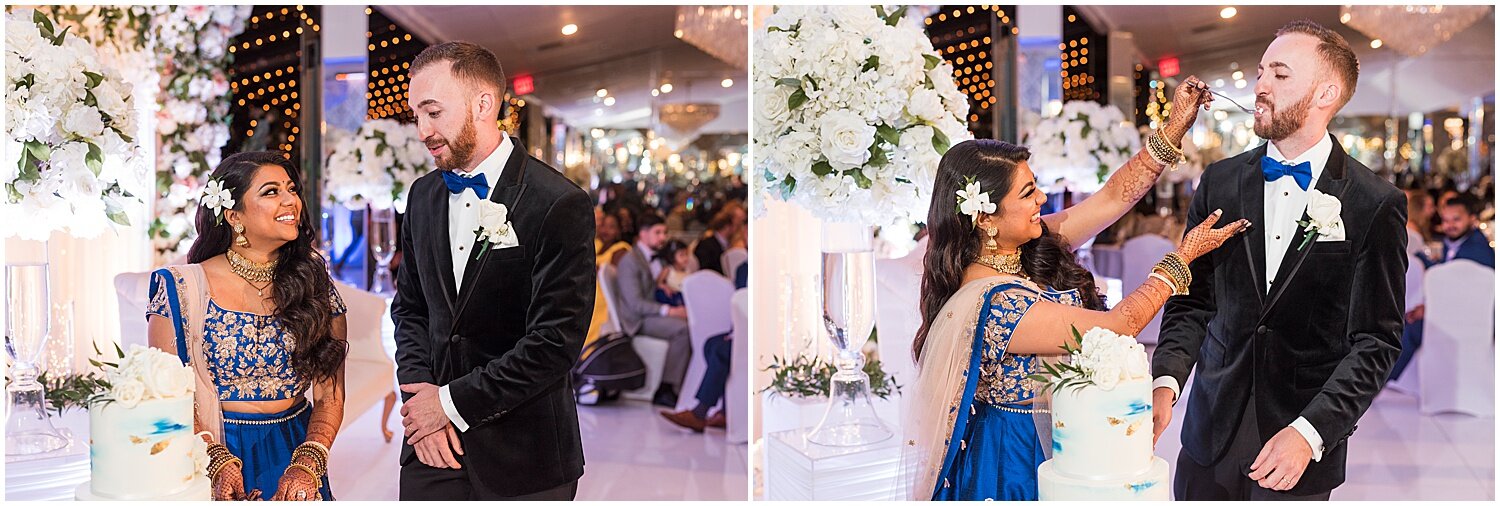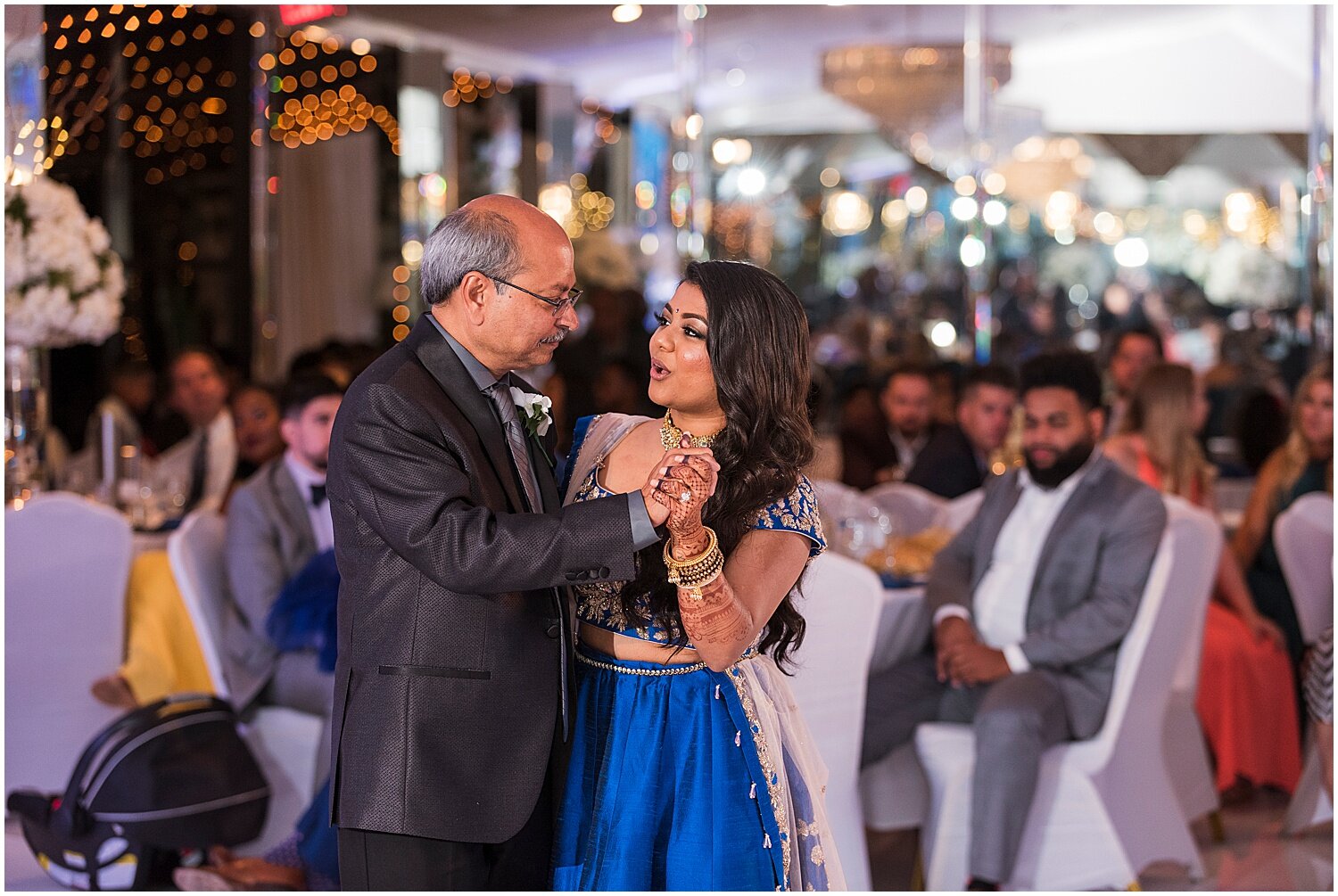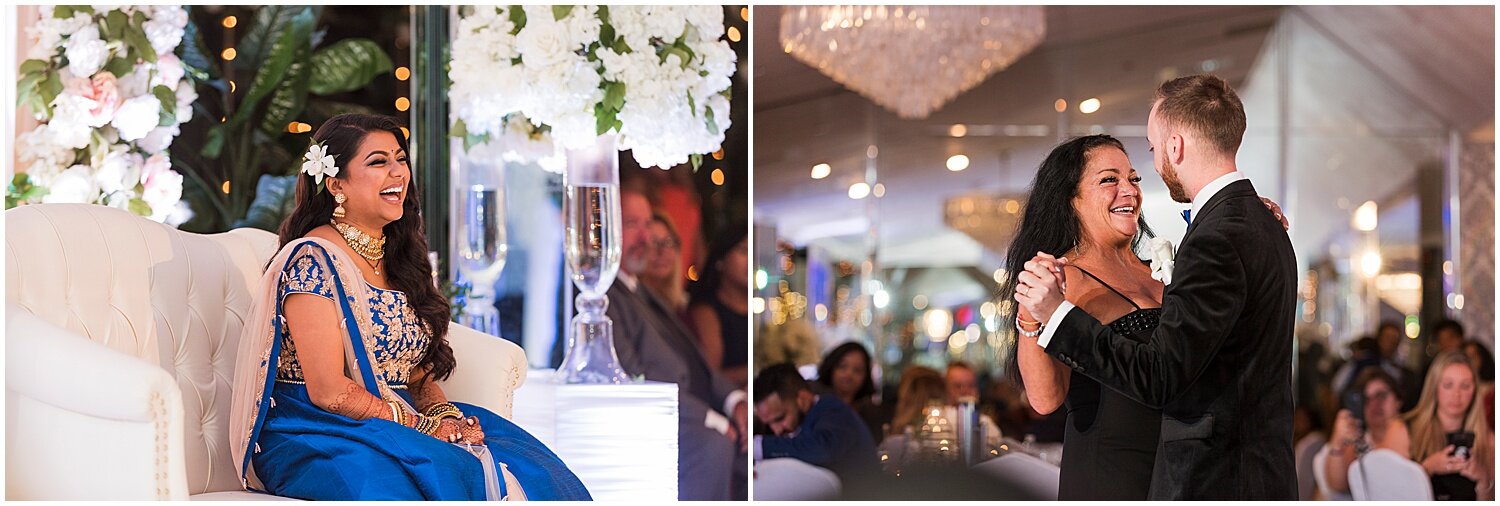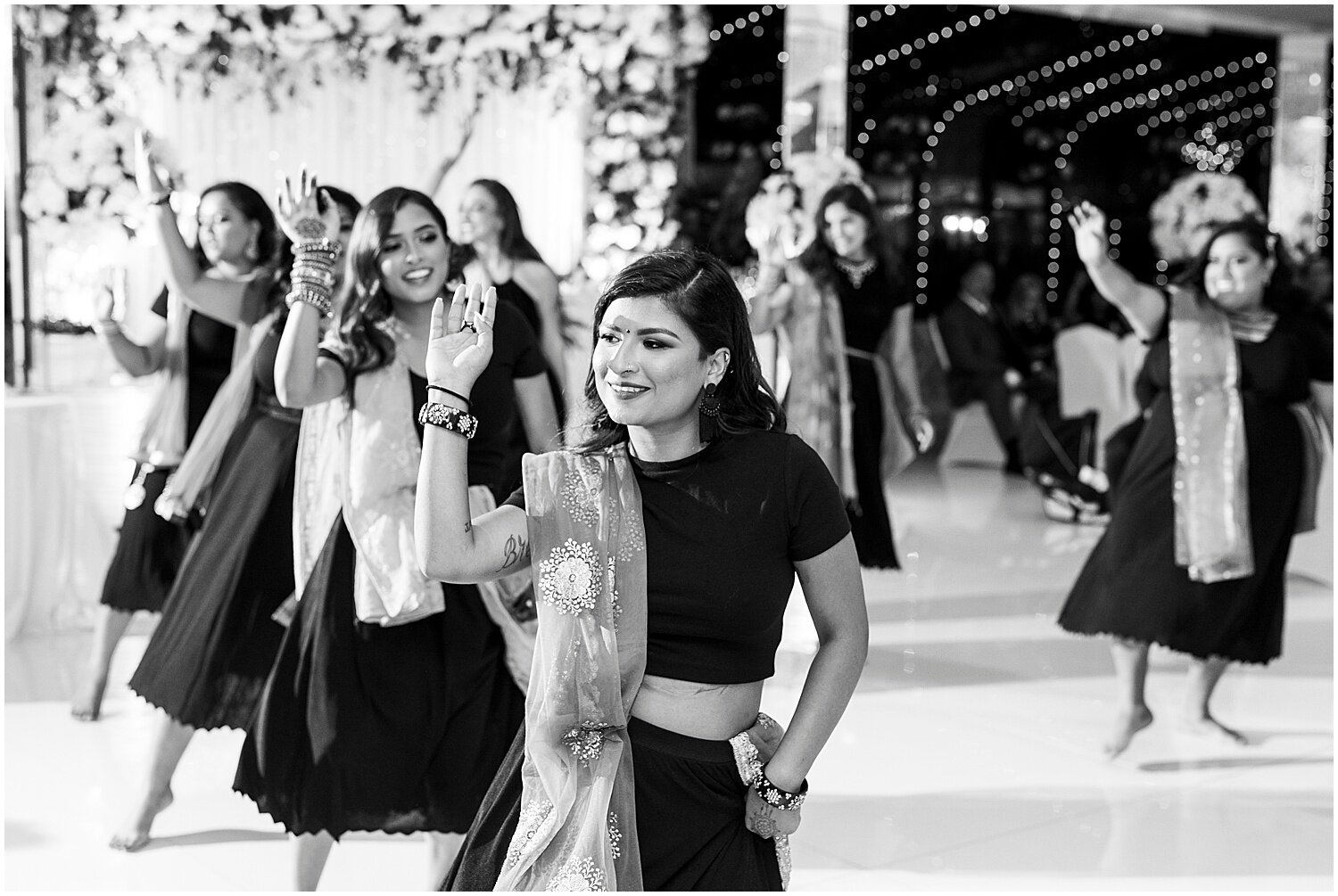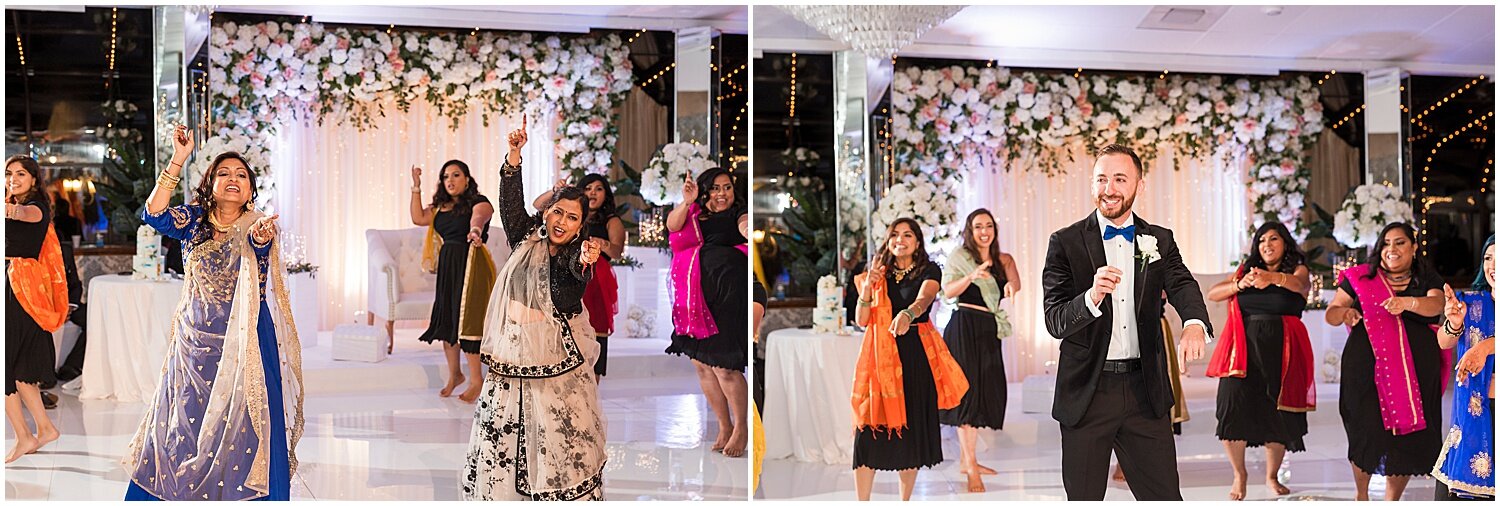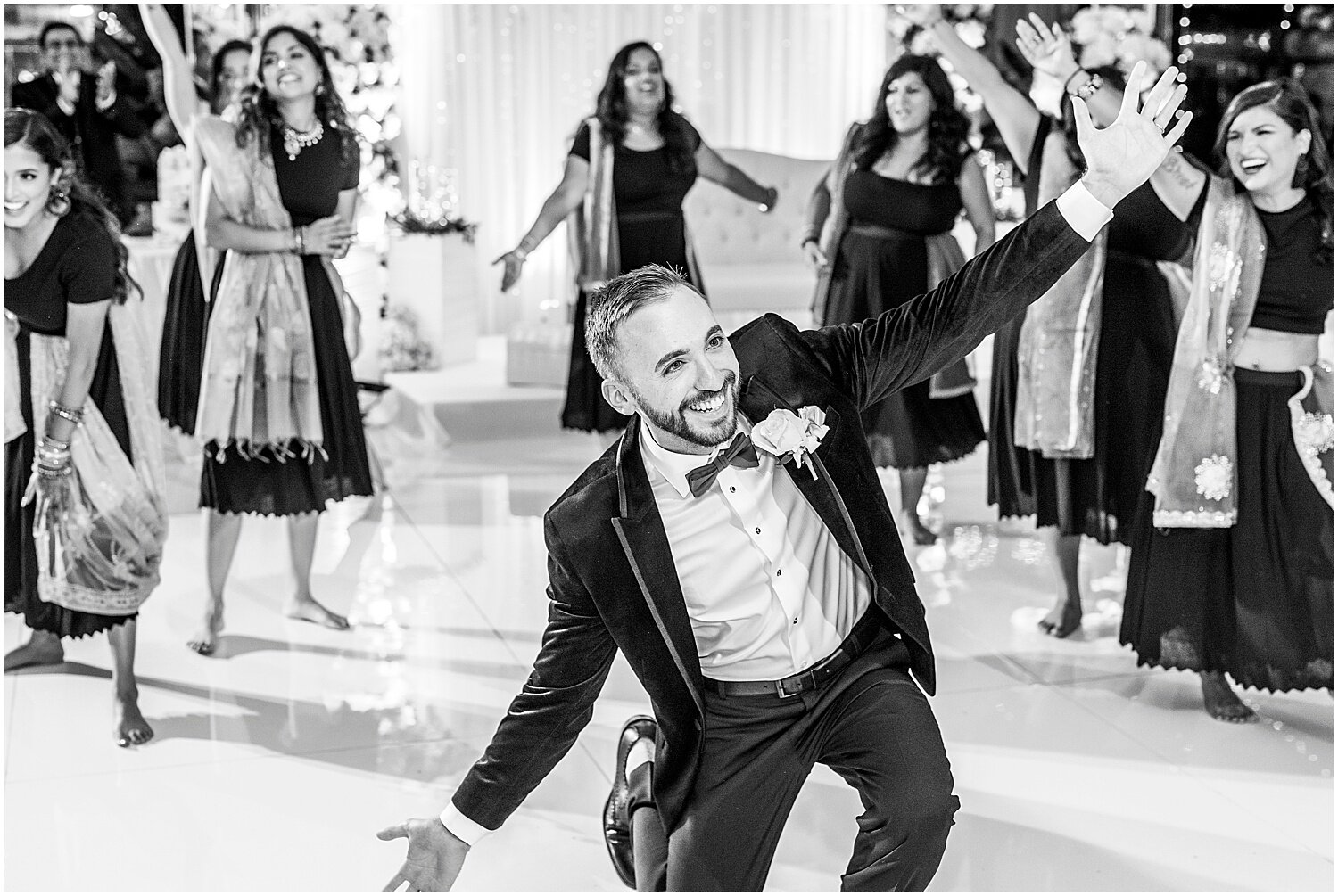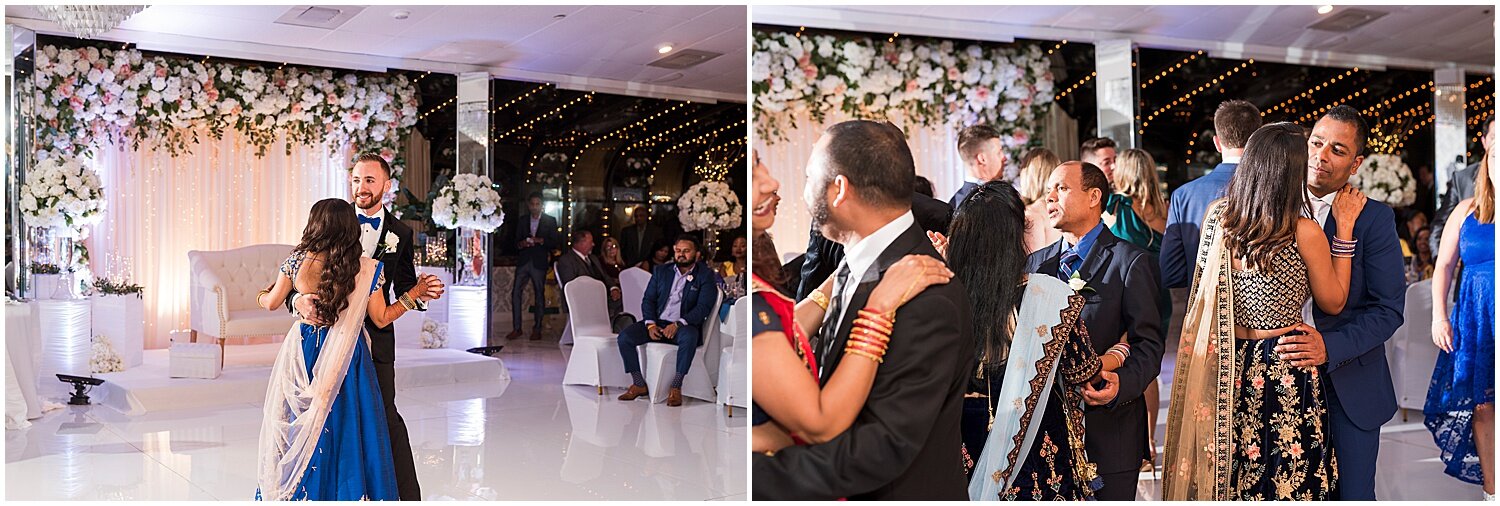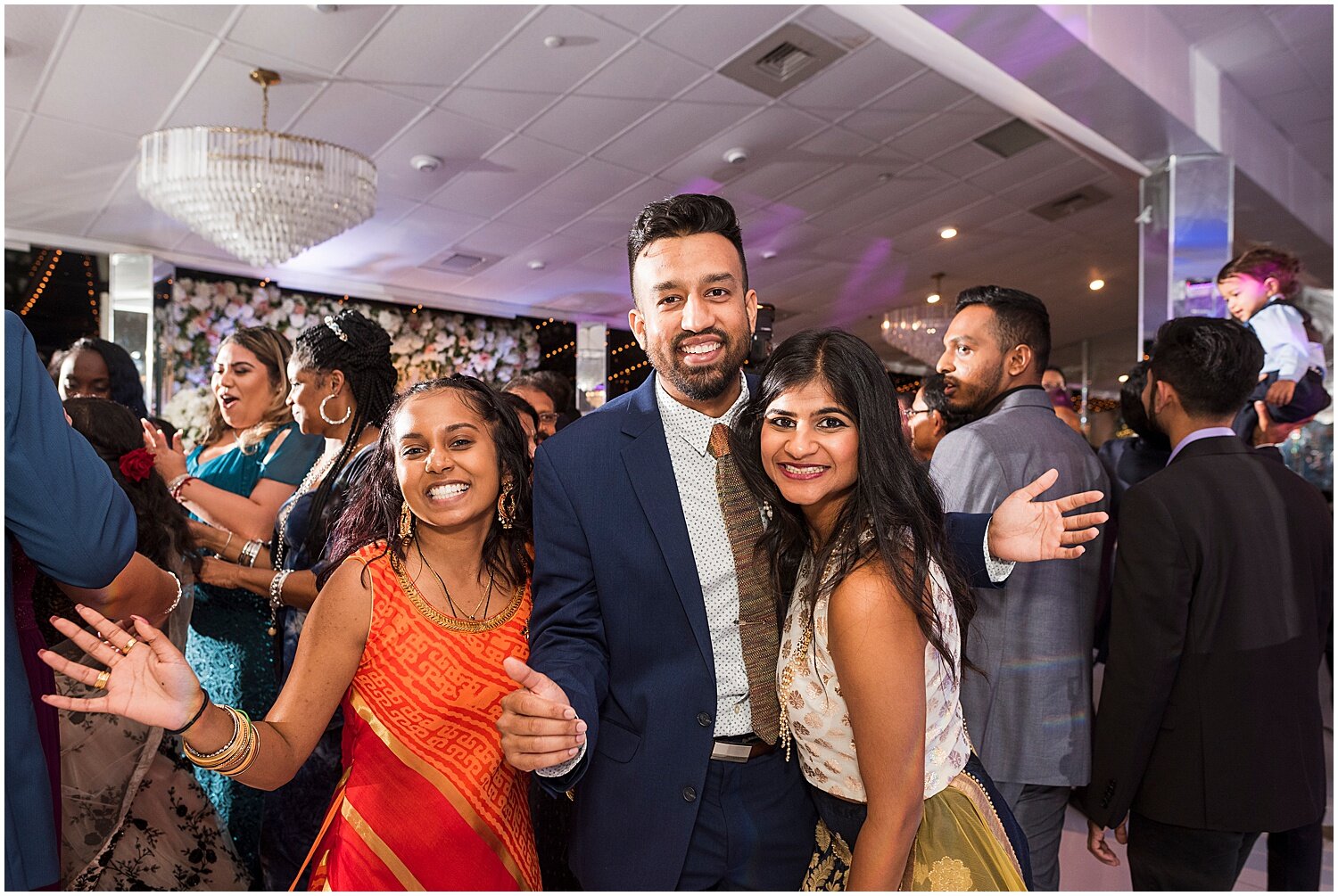Indian Fusion Wedding Photography in Pennsylvania
Krishna and Nikko’s Wedding | Fusion Indian Wedding in NYC | Apollo Fields Photography
What exactly is a “fusion wedding”? Simply put, it is when partners from two distinctly different cultures, religions, and/or traditions choose to celebrate their marriage with elements from both backgrounds. Personally, I love photographing fusion weddings because there is such an opportunity for couples to handpick the traditions that they choose to honor and quiet the ones that maybe don’t resonate as much with them.
Fusion weddings can also serve as a platform for education and acceptance across cultures because oftentimes, you are bringing together generations of family and friends whose own beliefs and practices might differ from about half of the ones being honored during the wedding. For me, personally, I always appreciate when a couple creates a ceremony program that gives a little explanation about the customs that are being honored. This is a great way to gently explain what is happening for guests who are curious, but might be timid, to ask about the traditions because they either don’t want to come off as ignorant or say something that might accidentally be offensive.
Fusion weddings are also a great opportunity to use attire to celebrate one another’s culture. Each culture has its own version of traditional wedding clothing and goes far beyond the western version of a bride wearing a white gown and the groom in a black suit. For example, many Chinese brides wear red as a symbol of good luck and posterity, many Scottish grooms choose their family’s kilt, a lot of African couples are adorned in intricate patterns, etc… With Nikko and Krishna’s wedding, I loved the moment where Nikko gets adorned with a traditional turban as a symbol of supporting the culture he is marrying into, and being likewise accepted. Nikko later changed into a more traditional western suit for the second half of the wedding day, which is a great example of how both brides and grooms can embrace their cultures simultaneously.
The food being served at a fusion wedding is also something that I always take a lot of care to notice. The menu can be another great place to honor traditional foods and also play with combining recipes a bit. I tend to think that menu cards that explain the different foods are the most helpful for a few reasons: First, put the name of the food and perhaps its pronunciation next to it. I find that food is a great way to get multicultural conversations started— hey, we all love to eat, right?— and if someone isn’t anxious about a mispronunciation, then they are more likely to talk about it. I also recommend a description of the food (particularly if it is vegetarian friendly, gluten friendly, etc) and perhaps even a guide to whether or not it is spicy. I see a hesitation in a lot of westerners when it comes to sampling new Indian foods because they are worried that they will be too spicy, and I’ve found that a simple heads up about what to expect is more likely to empower someone to try a foreign food.
The last element that I find really intriguing about fusion weddings is the music for the day. Many cultures choose to celebrate weddings with traditional dances, songs, and performances. This can be a great way to blend different backgrounds and get everyone dancing together and supporting one another. I find that music can be a powerful tool for bringing cultures together and some of the baraat photos at Nikko and Krishna’s wedding highlight that the best because you see both sides coming together to escort the groom to the ceremony with the best energy and celebratory vibes possible. Everyone was just celebrating and supporting the couple rather than worrying about strictly abiding by cultural norms.
Fusion weddings are more than just two people from different backgrounds choosing to get married. They are two families and backgrounds finding their middle ground without having to sacrifice ones beliefs. They can be an opportunity for understanding and personal growth as well as a platform for acceptance and nurturing. Being able to capture weddings across so many different cultures and religions is one of the core reasons that I love being a photographer in the first place, because it does oftentimes serve as my ticket into being an accepted member of this celebration, and even if only for a few hours. I have had nothing but positive experiences throughout the years that I have been doing this, which is why I am always especially proud of these photos.


